Guinea pigs are adorable, social, and full of personality. But when it comes to feeding them, there's a bit more to it than just tossing some lettuce into their cage. If you're new to piggie parenting, figuring out the best guinea pig diet might feel overwhelming at first.
Click Here to Shop Rabbit Products.

You might be asking: "Do they really need that much hay?" or "Is fruit okay?" These are common questions, and the good news is that once you understand the basics, feeding your guinea pig becomes pretty easy. Their diet isn't just about filling their bellies — it plays a significant role in maintaining their teeth, gut, and overall health.
Let's walk through exactly what your guinea pig needs each day, and why each piece of their diet matters more than you might think.
Understanding a Guinea Pig's Basic Needs
Before we dive into the specifics of the guinea pig diet, it helps to understand two key facts that affect how and what they eat. These facts aren't just good to know — they're the foundation for every feeding decision you'll make.
They Can't Make Their Own Vitamin C
Guinea pigs, like humans, can't produce Vitamin C on their own. That means they need a daily source of it from their food. Without enough Vitamin C, they're at risk of developing scurvy, which can cause joint pain, lethargy, and even death if not caught early. It's not uncommon — and it's preventable.
Vitamin C-rich veggies and fortified pellets help, but many piggie parents also use liquid supplements to be safe. You can add drops to their water or syringe-feed directly, depending on what your vet recommends. If you’re unsure, use this vet locator to find an expert who can guide you.
Their Teeth Never Stop Growing
Another important detail? Their teeth are always growing. That's right — 24/7. If they don't chew on the right things, like coarse hay or untreated apple sticks, their teeth can overgrow and cause serious problems. Uneven wear can make it painful for them to chew, leading to a loss of appetite and digestive issues.
Providing the right texture of hay and safe chew toys is a daily must. Skipping this can lead to dental procedures that are uncomfortable for your piggie — and expensive for you.
What a Balanced Guinea Pig Diet Looks Like
Let's break it down. A healthy guinea pig diet is made up of three core parts:
80% grass hay
Fresh water at all times
The remaining 20% split between pellets, veggies, and occasional fruit
Each part plays a unique role, and getting the balance right is the key to keeping your guinea pig in good shape long-term.
Hay: The Core of Every Guinea Pig Diet
Hay isn't just bedding or cage filler — it's food. It should always be available to your guinea pig in unlimited amounts, especially once they're six months or older. Not only does it wear down their teeth, but the fiber also keeps their digestion running smoothly.
Options like Timothy Hay, Orchard Grass, or Mountain Grass are all excellent choices. Some owners like to rotate hay types to add variety and see which their piggie prefers. Plus, switching hay seasonally can help keep picky eaters interested.
Without enough roughage, your guinea pig can develop GI stasis, which is a serious — and sometimes deadly — condition. You'll often see signs like bloating, less poop, or no appetite at all.
Water: Clean and Constant
Water might not seem like part of a "diet," but it's essential. Dehydration can sneak up on small animals fast, especially in warmer weather. Your guinea pig should always have access to clean water, either in a shallow bowl or a bottle attached to the side of the cage.
Some guinea pigs prefer bottles because they keep the water cleaner. Others like bowls, especially older piggies who might struggle with bottle spouts. Watch to see what yours prefers — and clean their water source daily either way.
Pellets: Keep It Simple and Fortified
Pellets are a supplement to hay, not a replacement. Look for brands labeled "fortified with Vitamin C." Avoid products with added seeds, dried fruits, or artificial coloring. These blends may look appealing, but they don't offer the nutrition your guinea pig needs.
Keep portions small — no more than 1/8 cup a day per pig. Too much pellet food can lead to obesity and lower their interest in hay. And remember: the Vitamin C in pellets breaks down quickly after the bag is opened, so don't depend on it as the only source.
Vegetables: One Cup a Day
Vegetables give your guinea pig variety and extra nutrients. But not all veggies are created equal. Leafy greens should make up the bulk of what you offer — think romaine, kale, and cilantro. Introduce new vegetables slowly and watch for signs of gas or soft stool.
Here's a breakdown of good veggie options:
Daily Greens
Romaine lettuce
Kale
Green or red leaf lettuce
Parsley (in small amounts)
Vitamin C Boosters
Red bell peppers
Broccoli florets
Tomatoes (not the leaves or stems)
Occasional Veggies
Carrots
Zucchini
Cucumber
Stick to one cup of fresh veggies per day per pig, and space them out from fruit servings to avoid tummy upset.
Fruits: Treats, Not Staples
Guinea pigs love sweet treats, but their digestive systems don't. Fruits should only be fed a couple times a week — and only in small amounts. Overdoing sugar can lead to weight gain and even diabetes.
Try rotating different fruit options:
Apple slices (no seeds)
Blueberries
Banana slices
Orange wedges
Kiwi or strawberries for a Vitamin C boost
As always, wash fruit thoroughly and cut into small, bite-sized portions.
What Not to Feed Your Guinea Pig
Now that we've covered what's safe, let's talk about what to avoid. Some foods are toxic and can lead to serious illness or worse. Others aren't technically "toxic" but offer no nutritional value and can cause long-term issues.
Toxic Foods to Avoid Completely
Avocados
Chives
Coconut
Garlic
Grapes and raisins
Onions
Chocolate
Dairy products
If you’re ever in doubt, sites like PetHelpful’s guinea pig food list are a solid reference. And of course, when in doubt, check with your vet.

Cardboard and Other Non-Food Items
Yes, guinea pigs chew on everything. That doesn't mean it's all edible. If your pig is eating cardboard, make sure it's free from ink or glue. Even better, stick to items like untreated wood, hay cubes, or apple chew sticks.
Signs Their Guinea Pig Diet Needs Adjustment
If something's off in your guinea pig's diet, their behavior will usually tell you. Here's what to watch for:
Less interest in food or water
Softer stool or diarrhea
Bloating or squeaking while pooping
Overgrown or crooked teeth
Lethargy or weight loss
If you spot any of these signs, reduce sugary foods, review their hay intake, and talk to your vet. GI problems can go downhill fast in guinea pigs, so don't wait.
The Role of Routine in a Healthy Guinea Pig Diet
One thing guinea pigs love? A predictable routine. Feeding them at the same time each day helps reduce stress and encourages a healthy appetite. Some piggies even squeal with excitement when they hear their hay bag crinkle — it's part of the fun.
Keep their hay feeder full throughout the day, and try offering veggies at the same time each morning or evening. Keep a mental (or written) note of what they're eating and how much they're drinking. Sudden changes in appetite or behavior can be early warnings of illness.
Guinea Pig Diet and Seasonal Adjustments
Just like us, guinea pigs may adjust their eating habits depending on the season. During colder months, they may eat more to stay warm. In warmer weather, keeping water cool and refreshing becomes even more important.
Some owners find their guinea pigs prefer Orchard Grass in summer because it's lighter and less dense than Timothy Hay. Others rotate hay blends to keep things interesting. If your piggie gets picky, switching up the variety or texture may help spark their interest again.
What If You Have More Than One Piggie?
Guinea pigs are social creatures and often live in pairs or small groups. If you've got a herd, you'll want to observe each one during feeding times. Some guinea pigs will dominate the food area and leave their buddies behind.
To help with this, place hay and veggies in multiple spots across the enclosure. That way, everyone has access to the good stuff — no pushing or guarding needed. Regular weigh-ins (yes, with a small kitchen scale) can help track that no one is losing weight quietly in the background.
Guinea Pigs Eat Poop (and It's Totally Normal)
As strange as it sounds, guinea pigs eat a special kind of poop called "cecotropes." These soft, nutrient-rich droppings are a natural part of their digestive process. They eat them right from their body — usually at night or in a quiet spot — so you might never see it happen.
Cecotropes help them absorb nutrients that weren't fully digested the first time around. It's not dirty; it's actually healthy. If you notice a lot of uneaten soft poops lying around, it could be a sign that something in their diet is off — too much sugar or not enough fiber could be the reason.
Real Stories: Guinea Pig Feeding Success
When Joanne from Illinois first adopted her guinea pig, she didn't realize how vital Vitamin C was to a guinea pig diet. "I thought pellets would cover it," she said. "But my vet explained that the Vitamin C in pellets breaks down fast. Now I add a liquid supplement to their water and give red bell peppers a few times a week. It's made a huge difference."
She also noticed her guinea pig was leaving behind half-chewed carrots. "Turns out his teeth were overgrown. I added more hay and switched to apple sticks. He's back to crunching everything now."
Need More Tips? We've Got You Covered
If you're still wondering how to fine-tune your guinea pig's diet, or want more ideas to enrich their meals, check out our article on hay tips for small pets. It offers insights into hay selection, rotation, and storage that can make a big difference in your piggies' eating habits.
3 Things to Remember About a Guinea Pig Diet
By now, you've seen how a proper guinea pig diet is more than just food — it's a way to keep them happy, active, and healthy. To wrap things up, here are three things to take with you:
-
Hay is life. It supports digestion, dental health, and keeps them busy. Never let your guinea pig run out of hay.

Vitamin C is not optional. Whether through veggies, pellets, or supplements, make sure they're getting enough every day.
Watch and listen. Your guinea pig will tell you if something's wrong. A change in behavior, appetite, or poop is often the first clue.
When in doubt, keep it simple. Stick to whole, clean foods. Rotate hay and veggies for variety. And above all, enjoy the time you spend feeding and bonding with your guinea pig — it's one of the best parts of having them in your life.
Guinea Pig Diet FAQs
Can guinea pigs eat lettuce every day?
Yes — but only certain types. Romaine, green leaf, and red leaf lettuces are great daily options. Avoid iceberg lettuce as it contains little nutritional value and can cause stomach issues.
How do I know if my guinea pig isn't eating enough hay?
If you notice longer teeth, soft stool, or reduced activity, these could be signs. Weigh your guinea pig weekly to track changes and consult a vet if anything seems off.
Should I use hay racks or place hay on the floor?
Both options work. Hay racks keep things tidier, but placing some hay on the floor encourages natural foraging behavior. Many owners use a combination of both.
Is there a "best" hay for guinea pigs?
No single hay is best for all piggies. Timothy Hay is a popular choice, but Orchard Grass or Meadow Hay may be better for guinea pigs with allergies or picky tastes.
How much fruit is too much?
Stick to fruit two to three times per week, and only in small amounts. Think of fruit as dessert — a little goes a long way.
The Bottom Line on Guinea Pig Diet
A healthy guinea pig diet starts with high-quality hay and ends with a little fruit. Everything in between — pellets, veggies, water, and chew toys — helps keep your piggie's system running strong. Take your time, observe your guinea pig, and adjust as needed.
And if you ever feel unsure, remember that no one knows your guinea pig better than you. With some consistency and a bit of trial and error, you'll have a happy, healthy piggie who squeals at snack time and munches the day away.

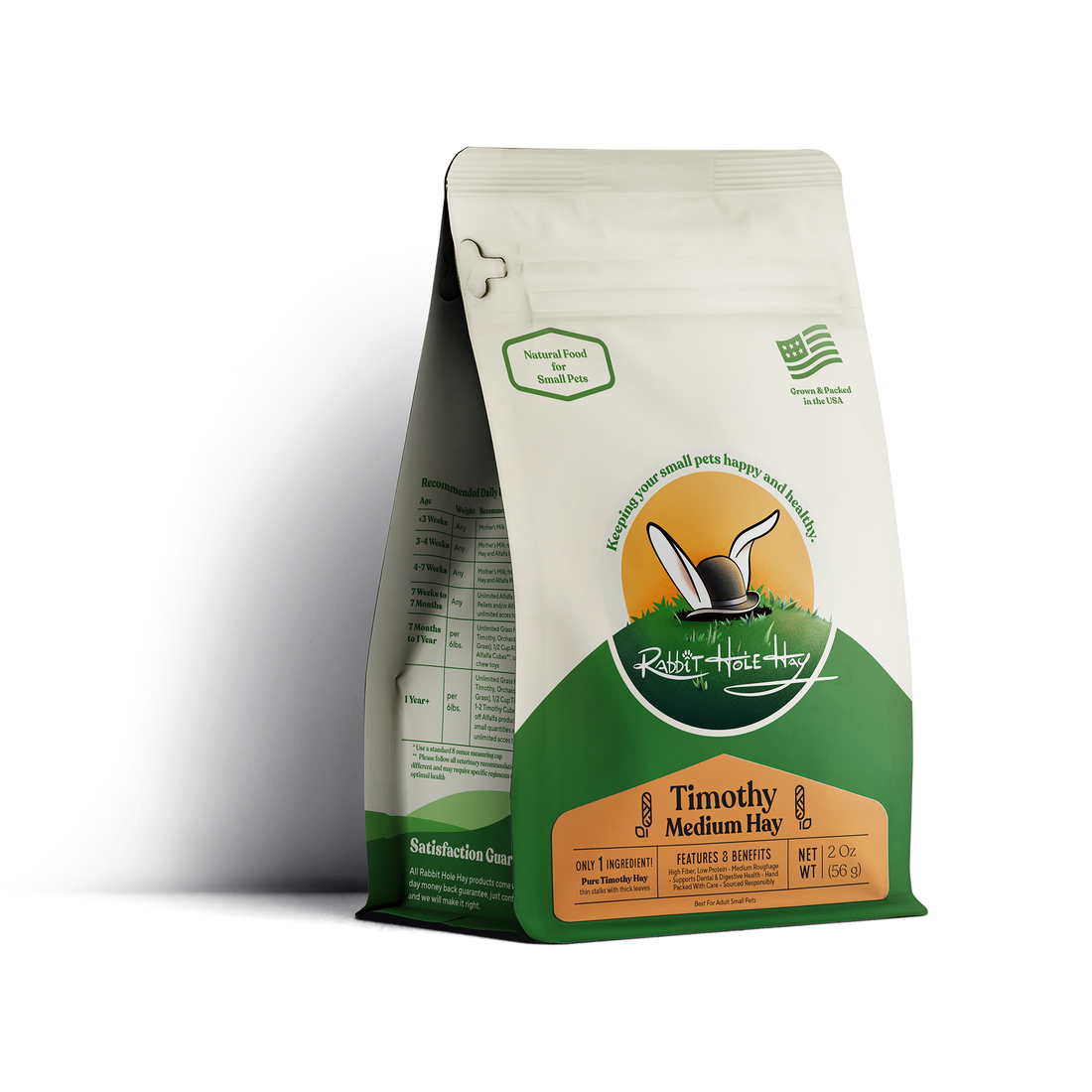
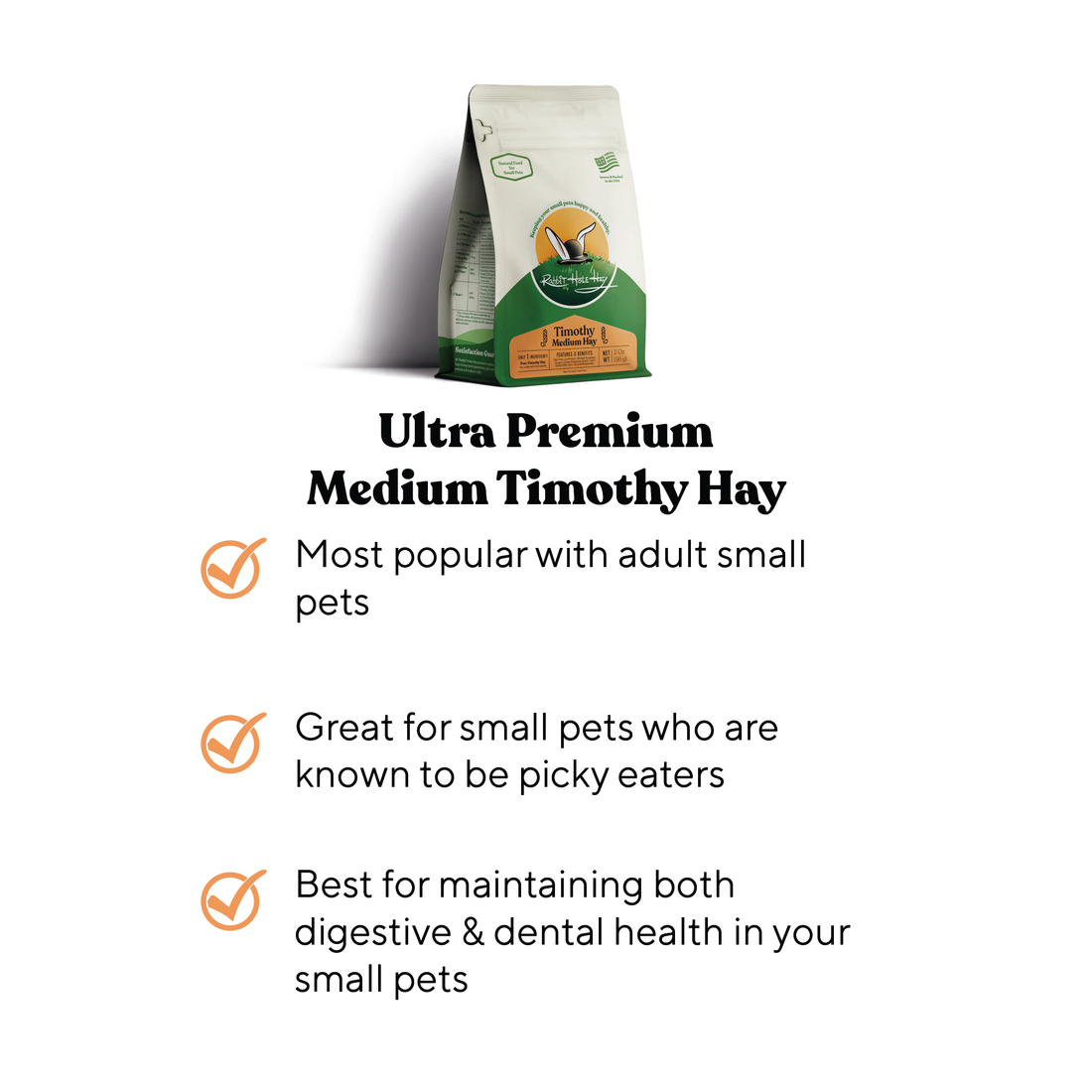
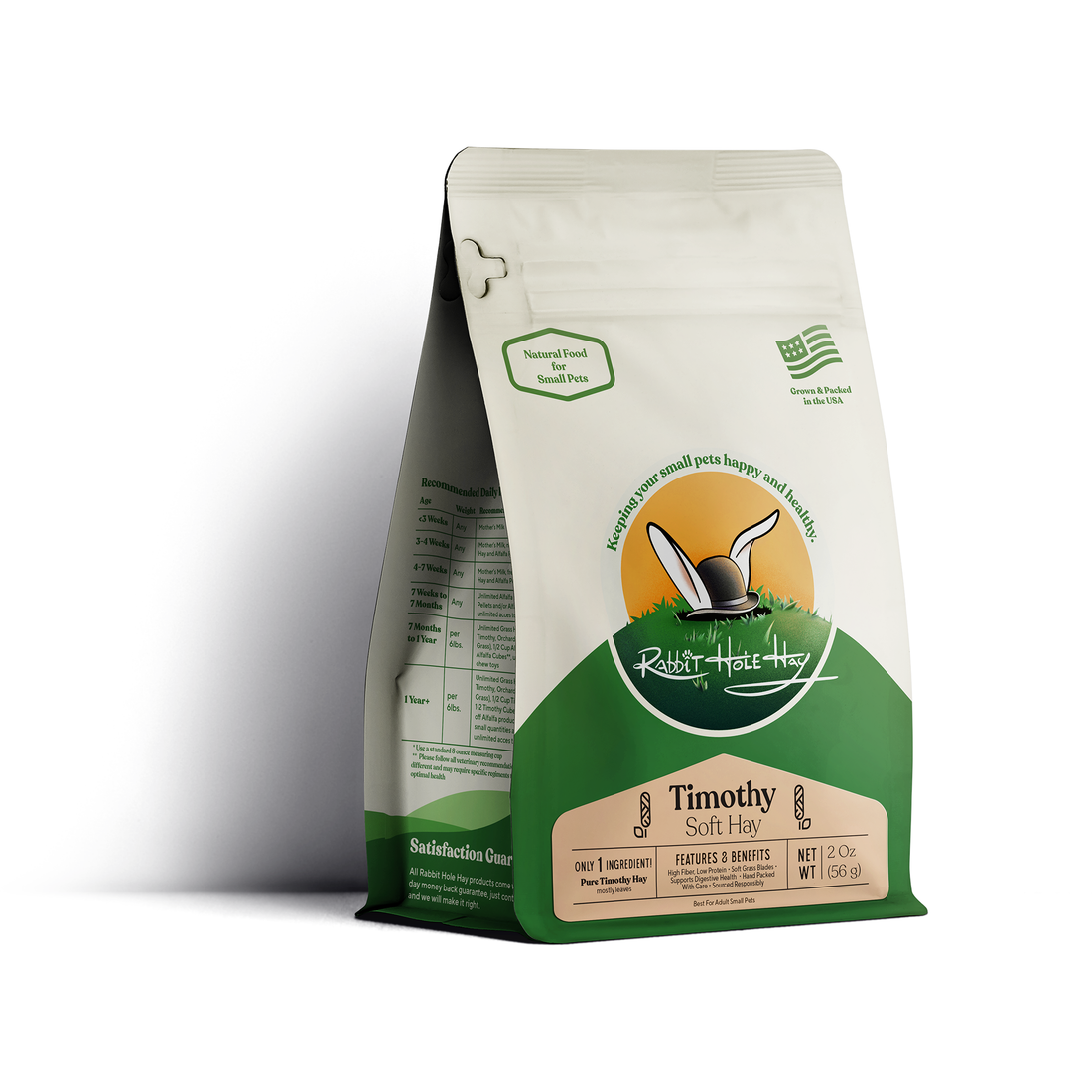
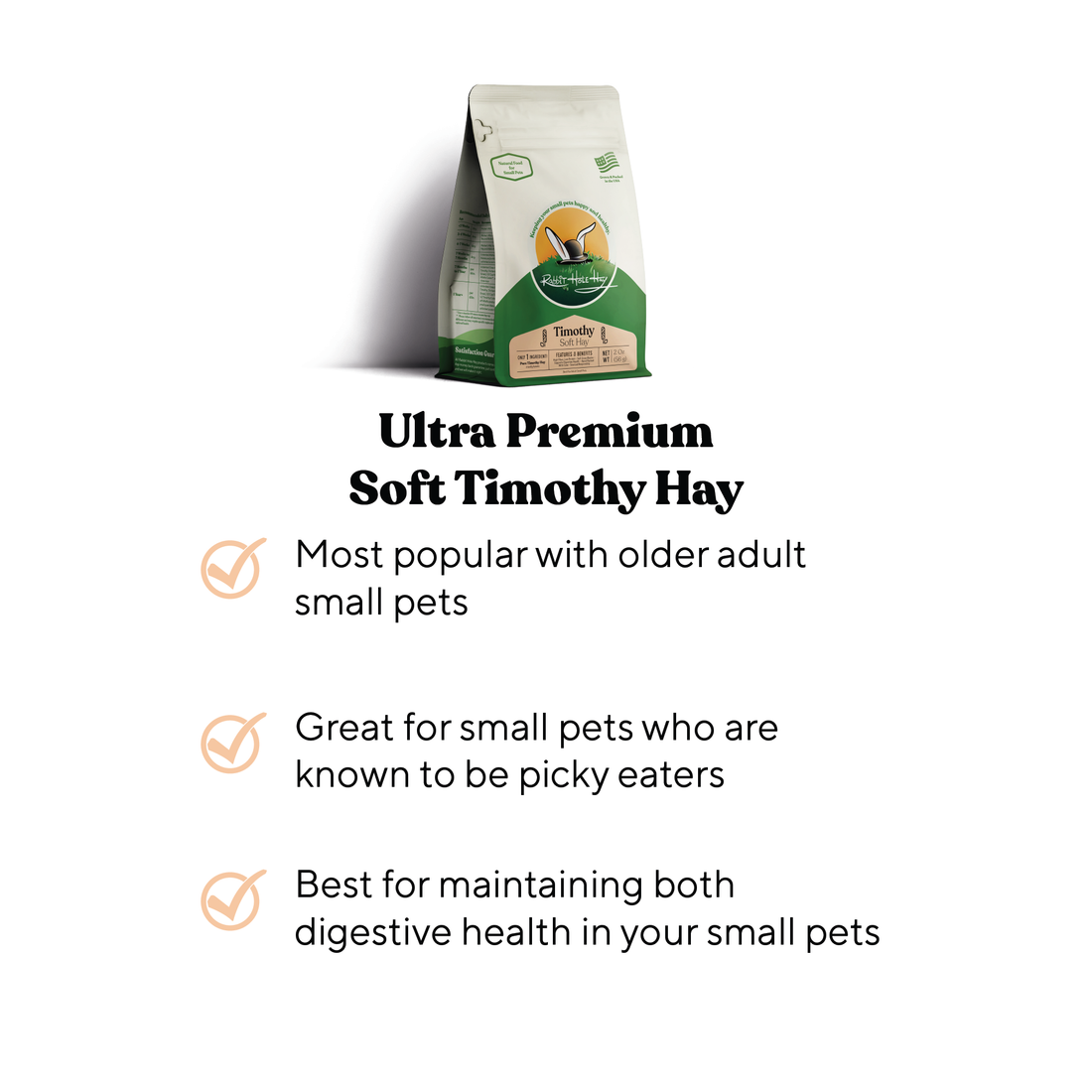
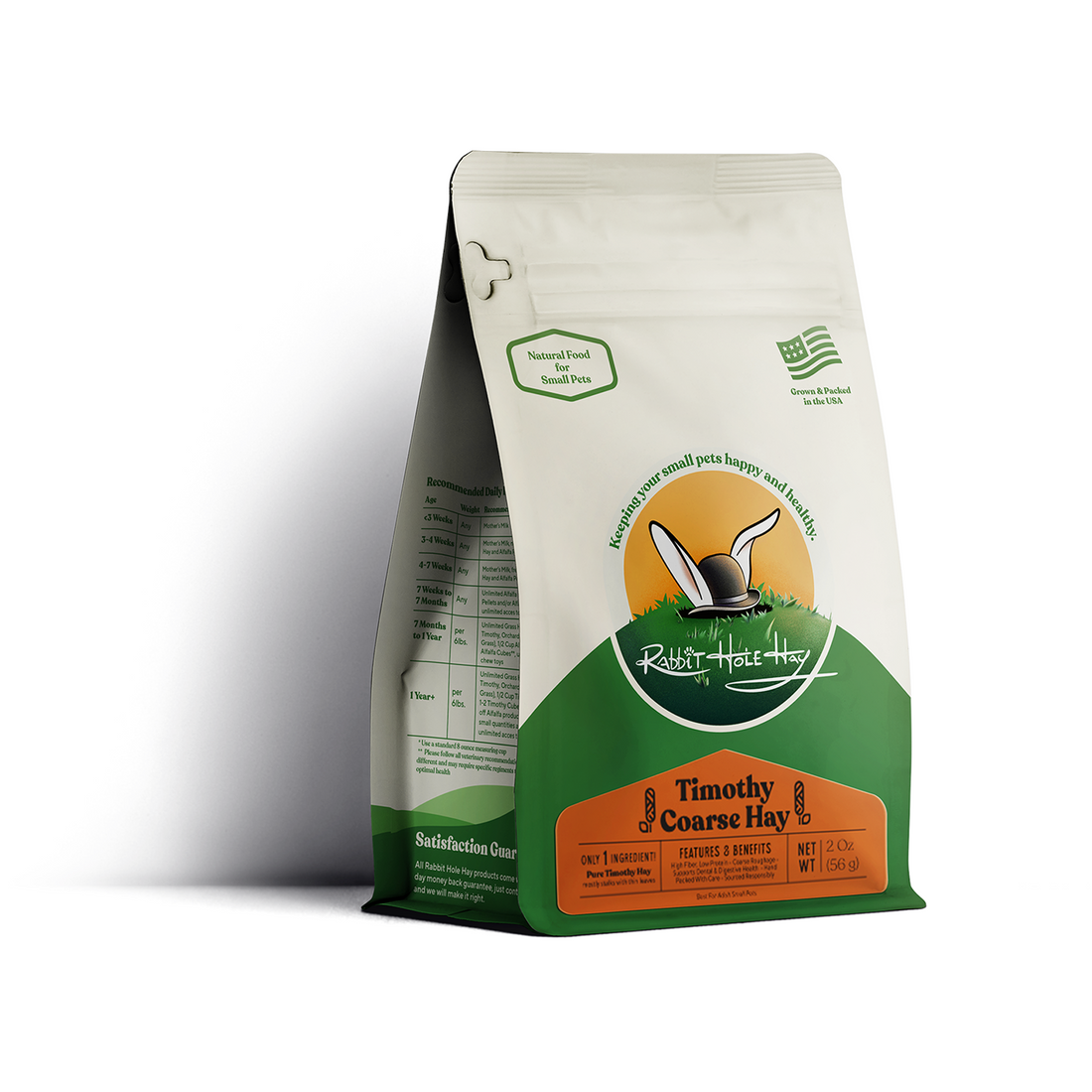
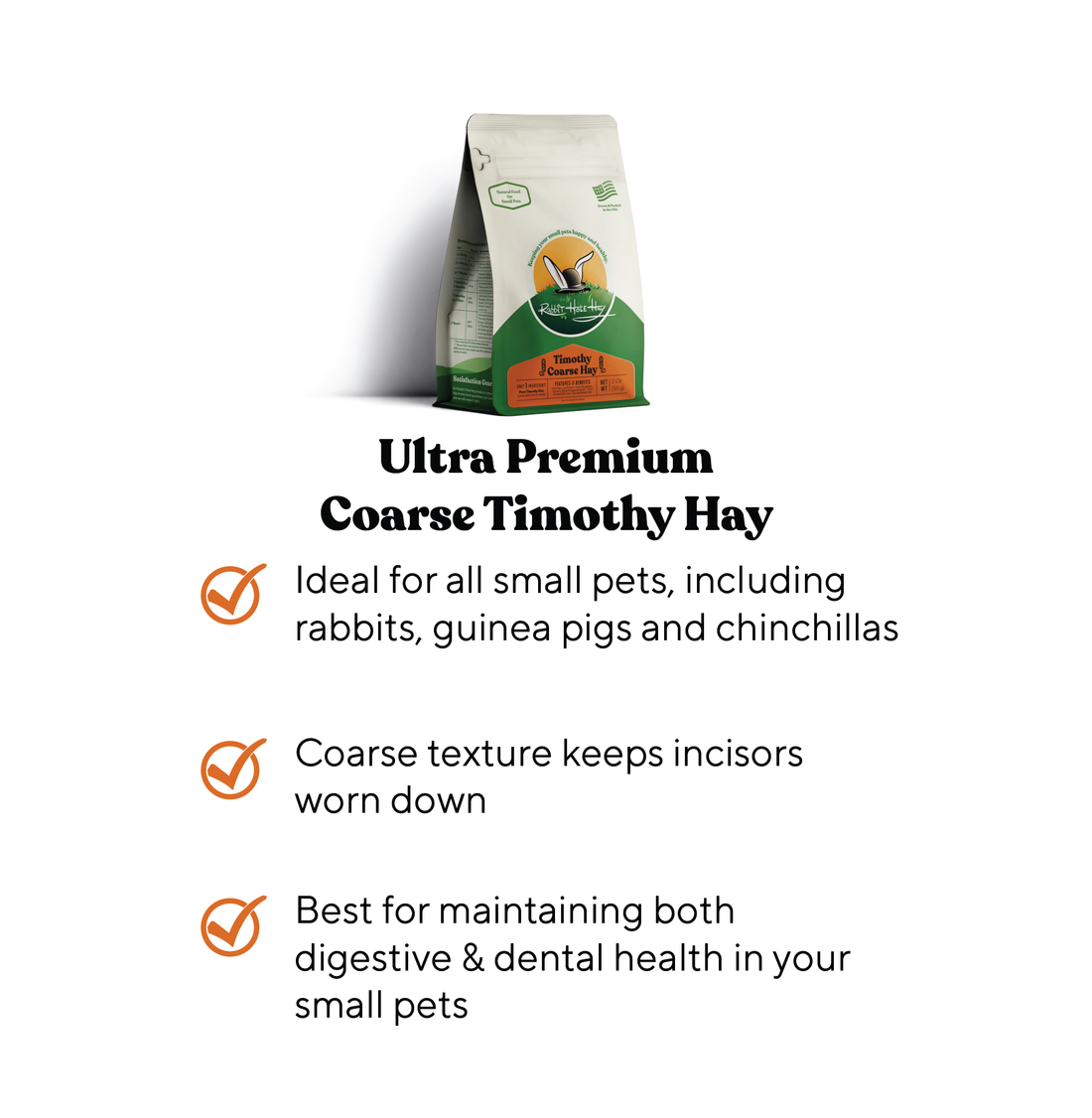
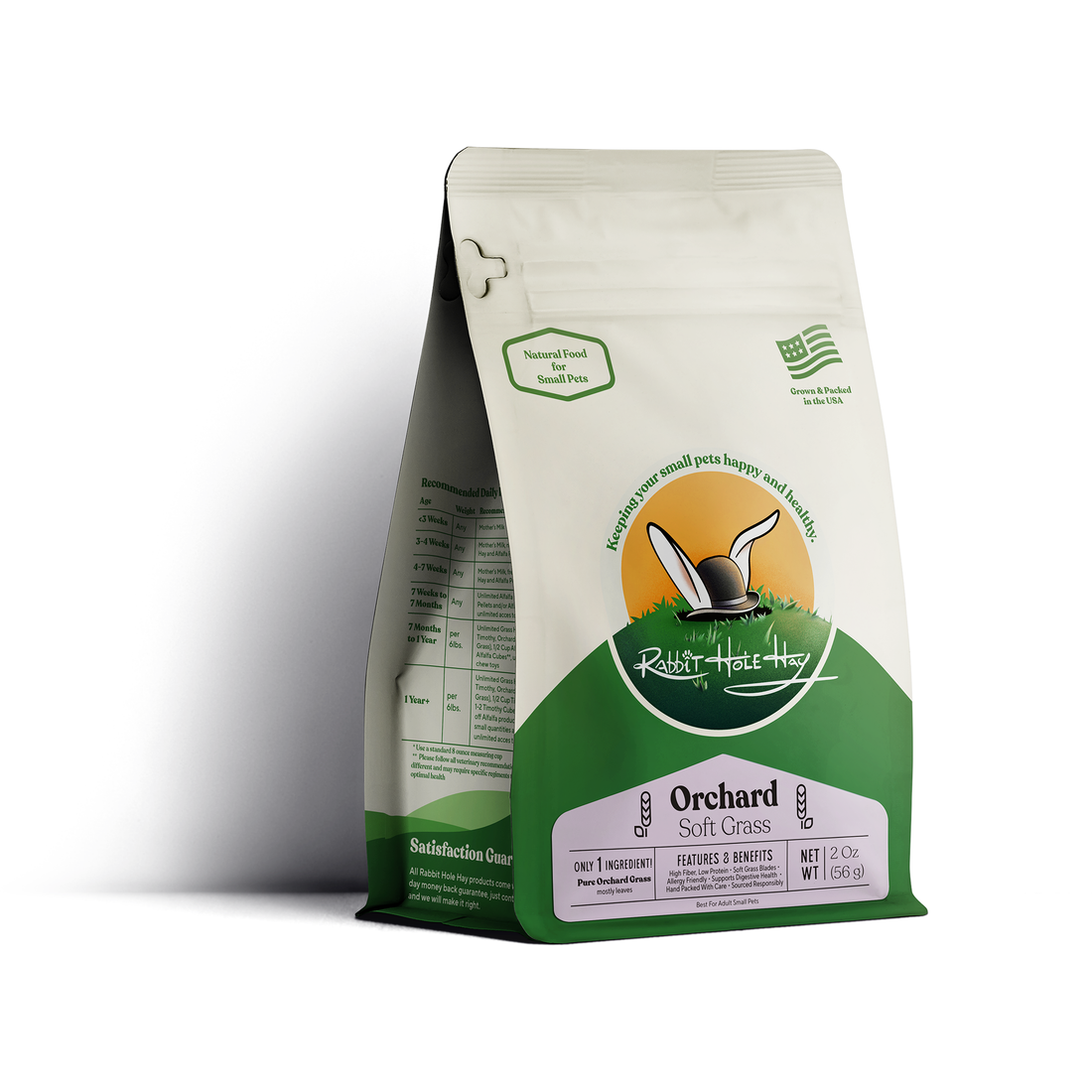
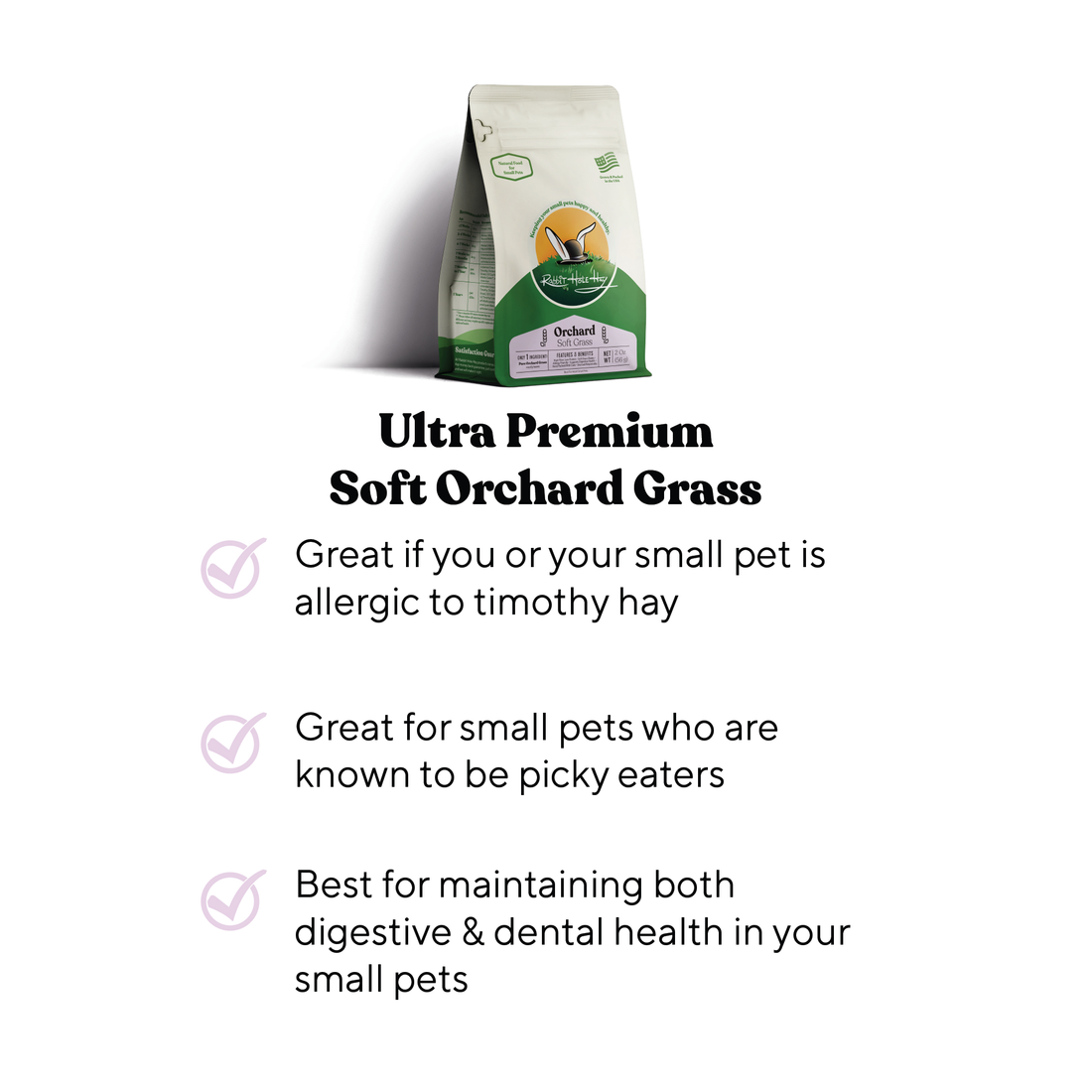
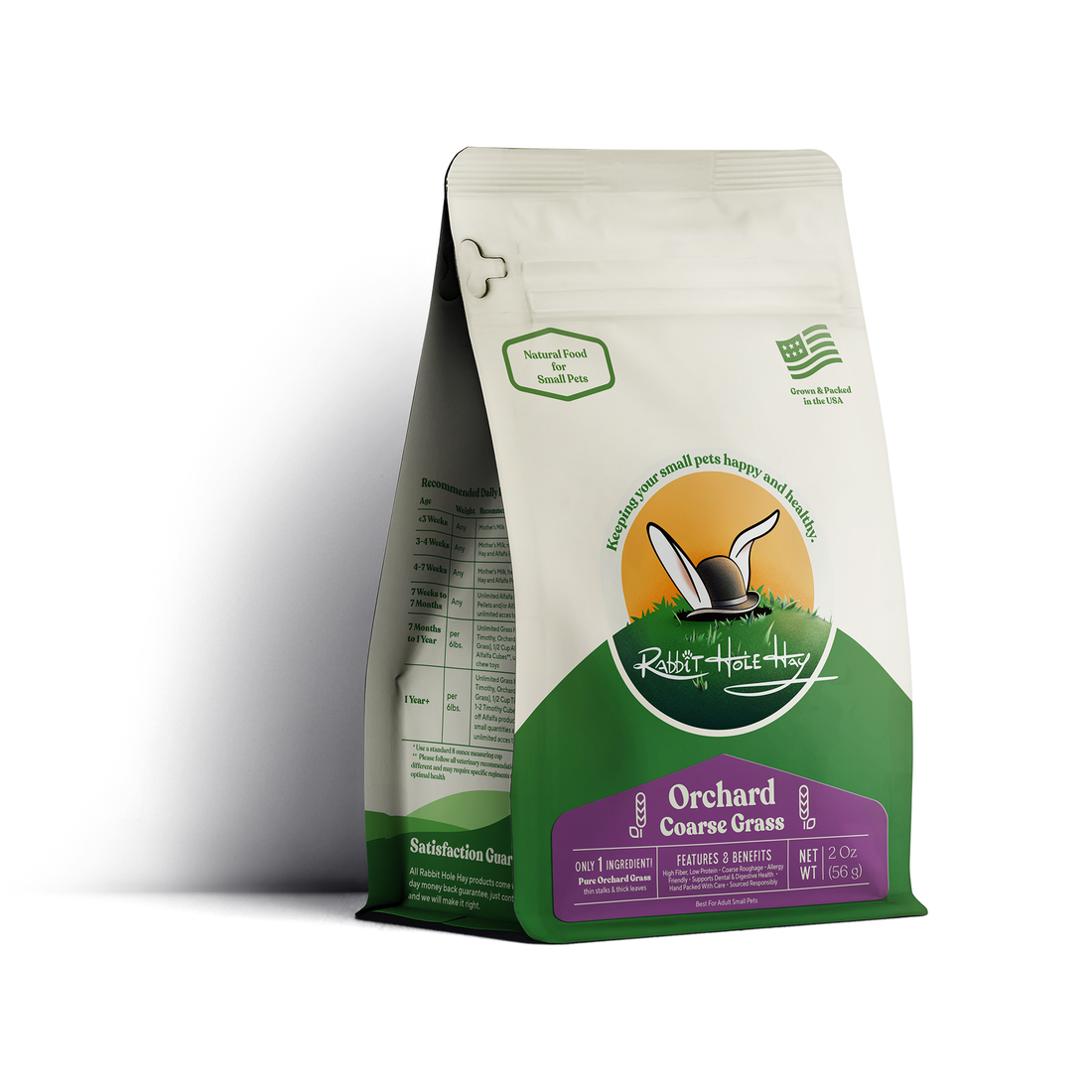
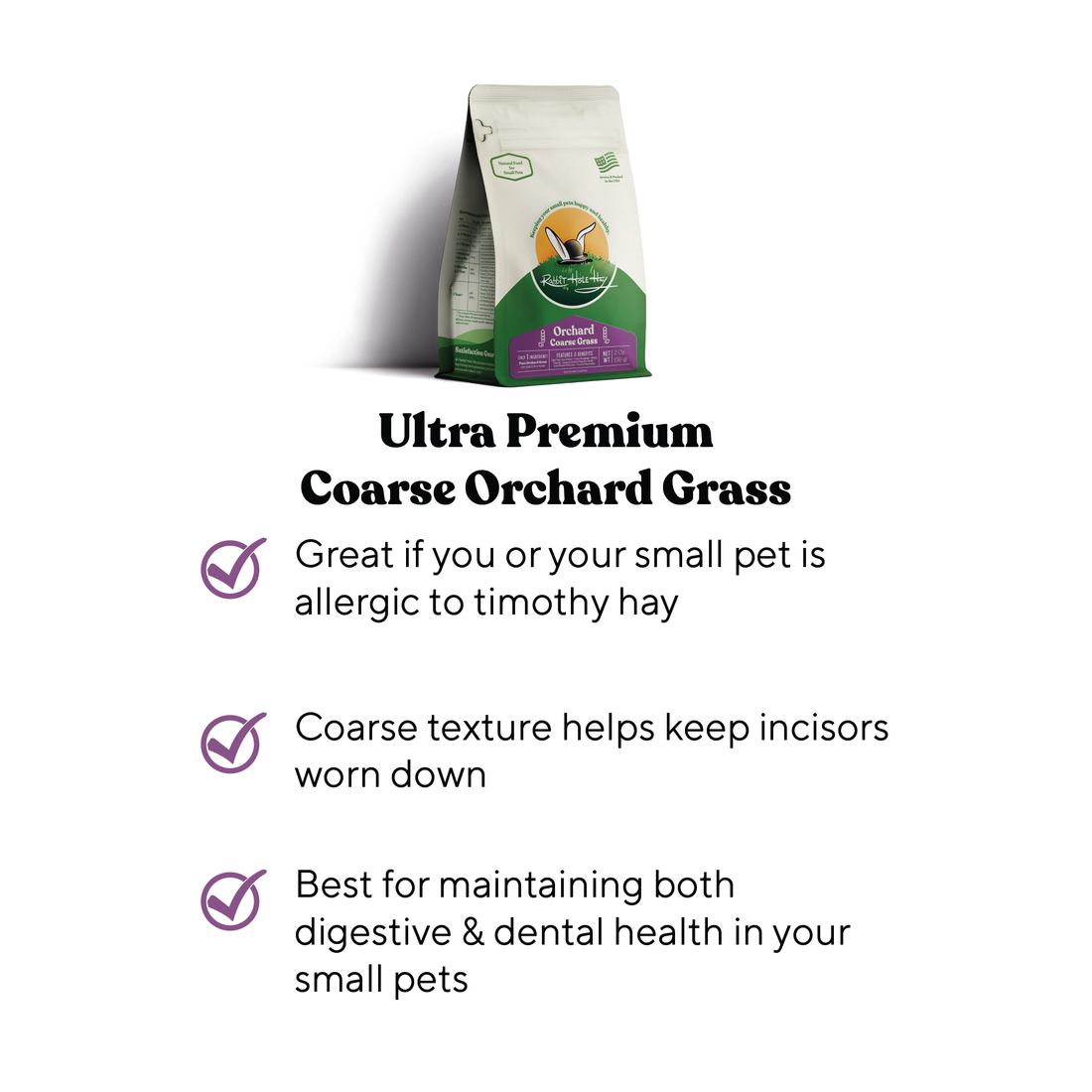
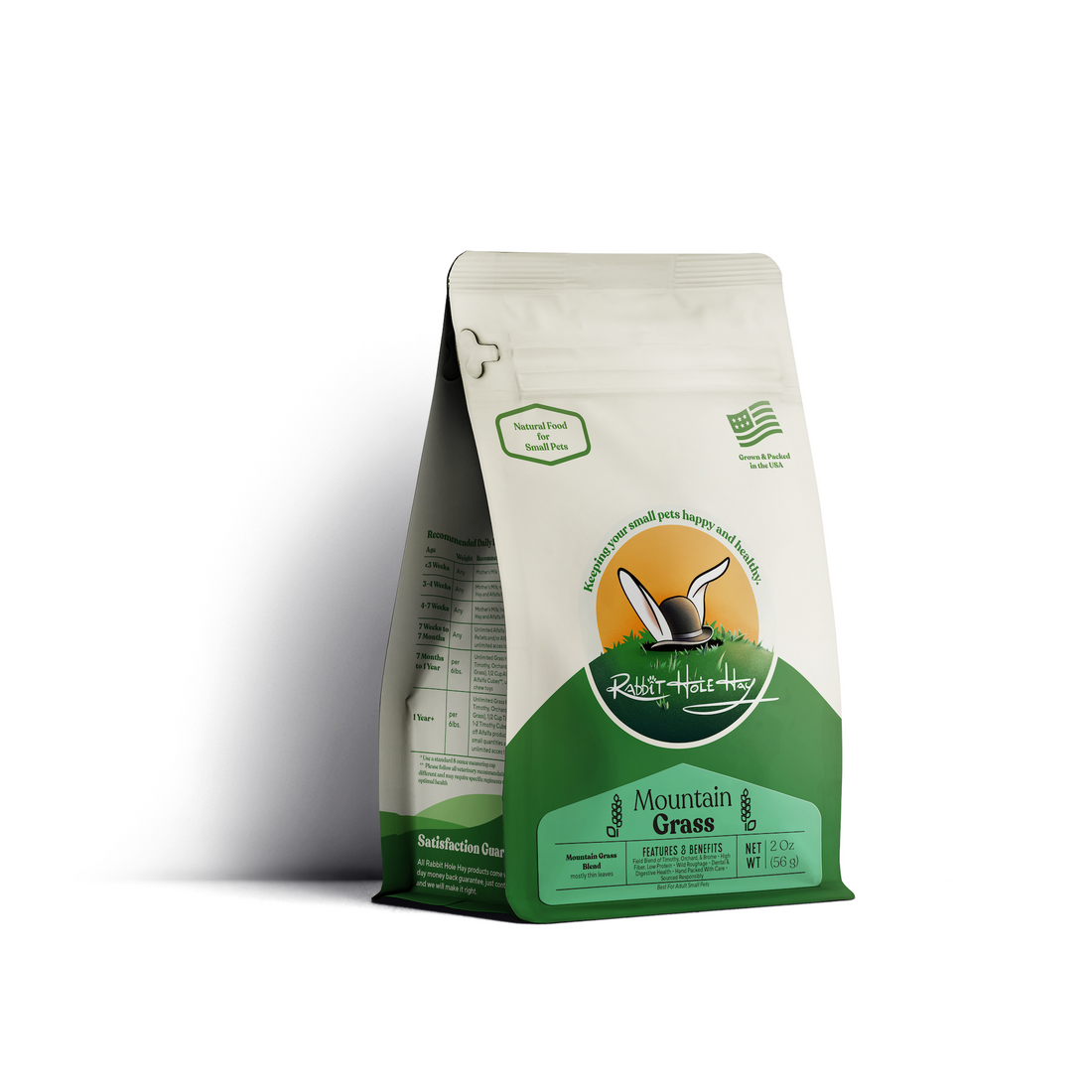
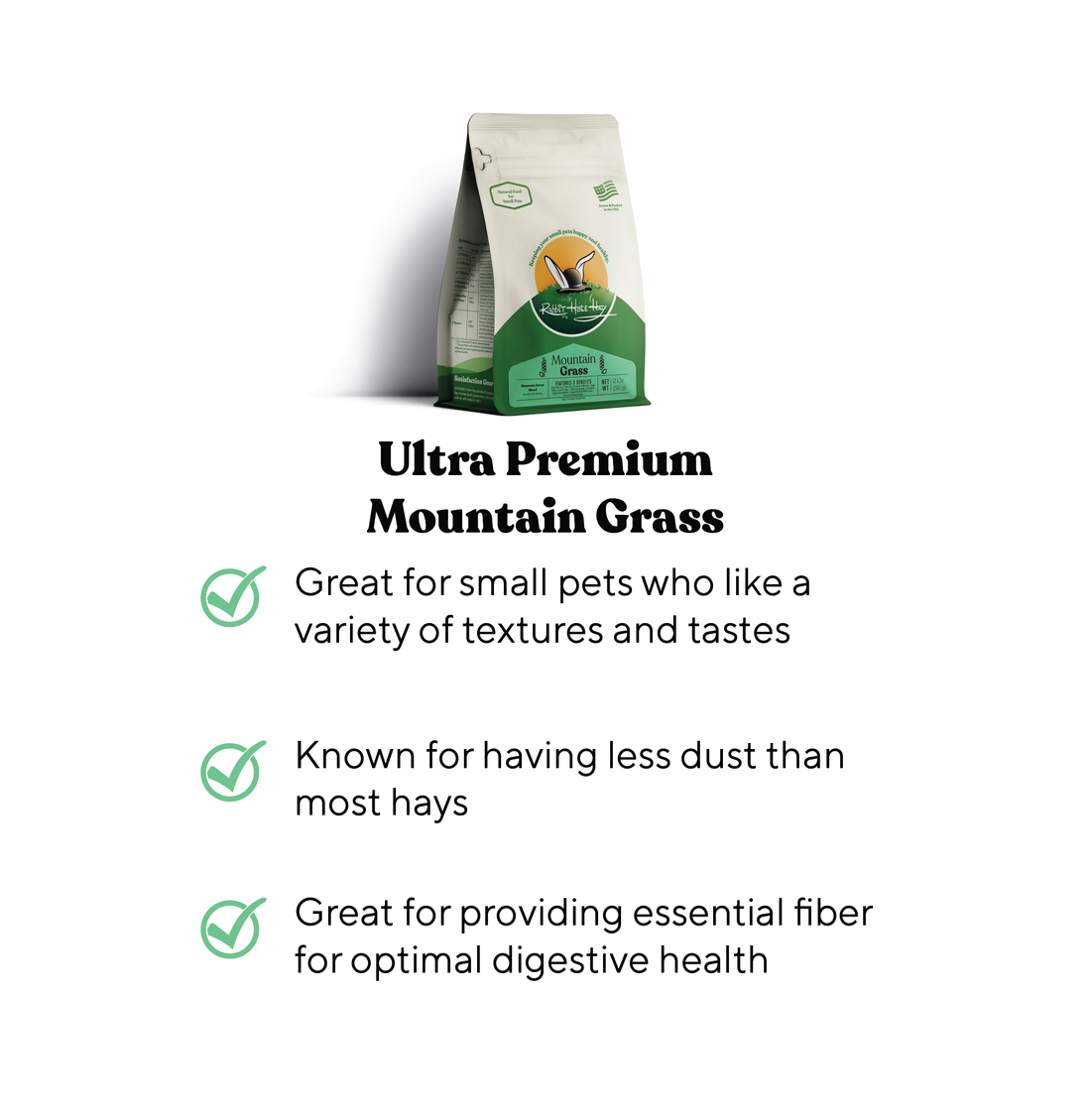
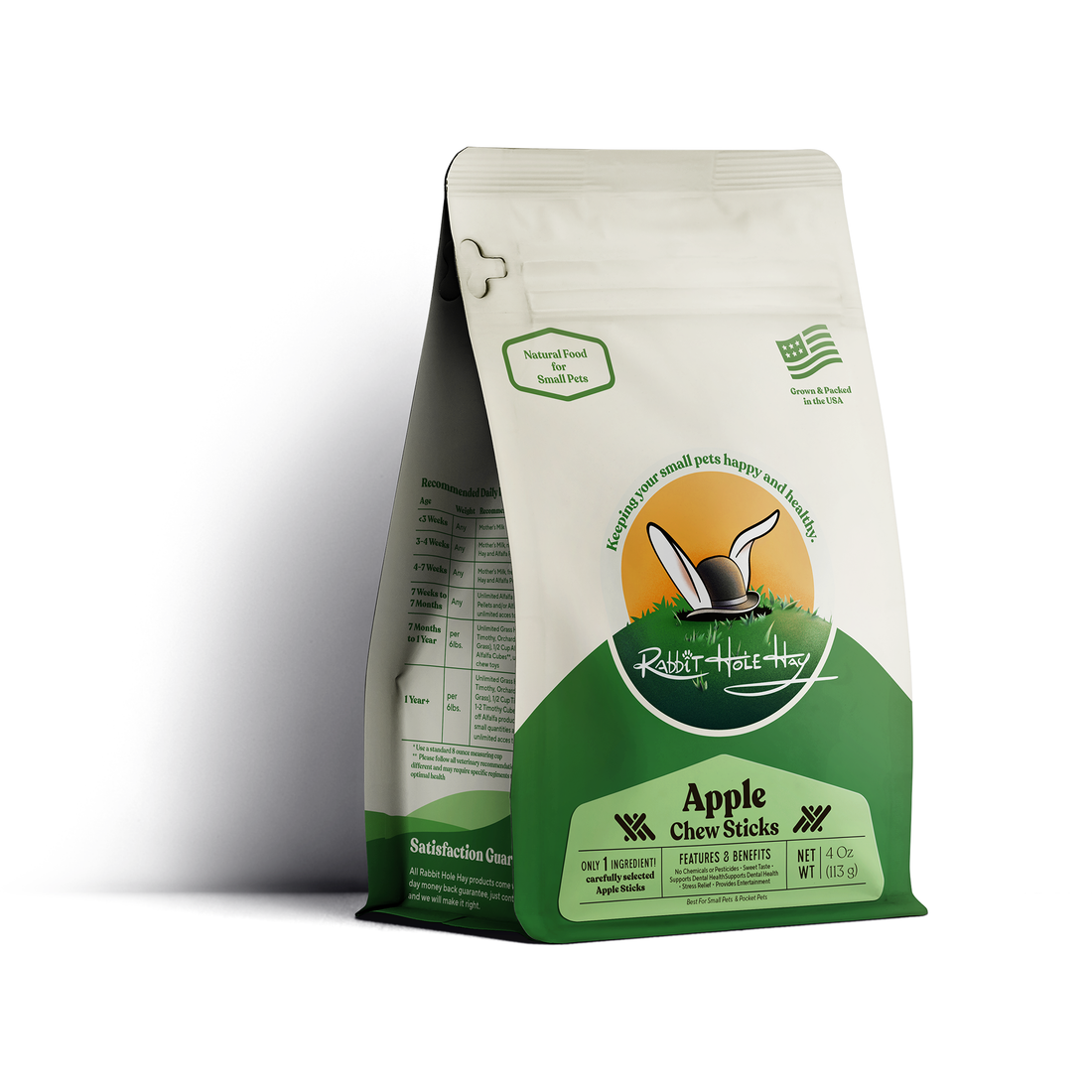
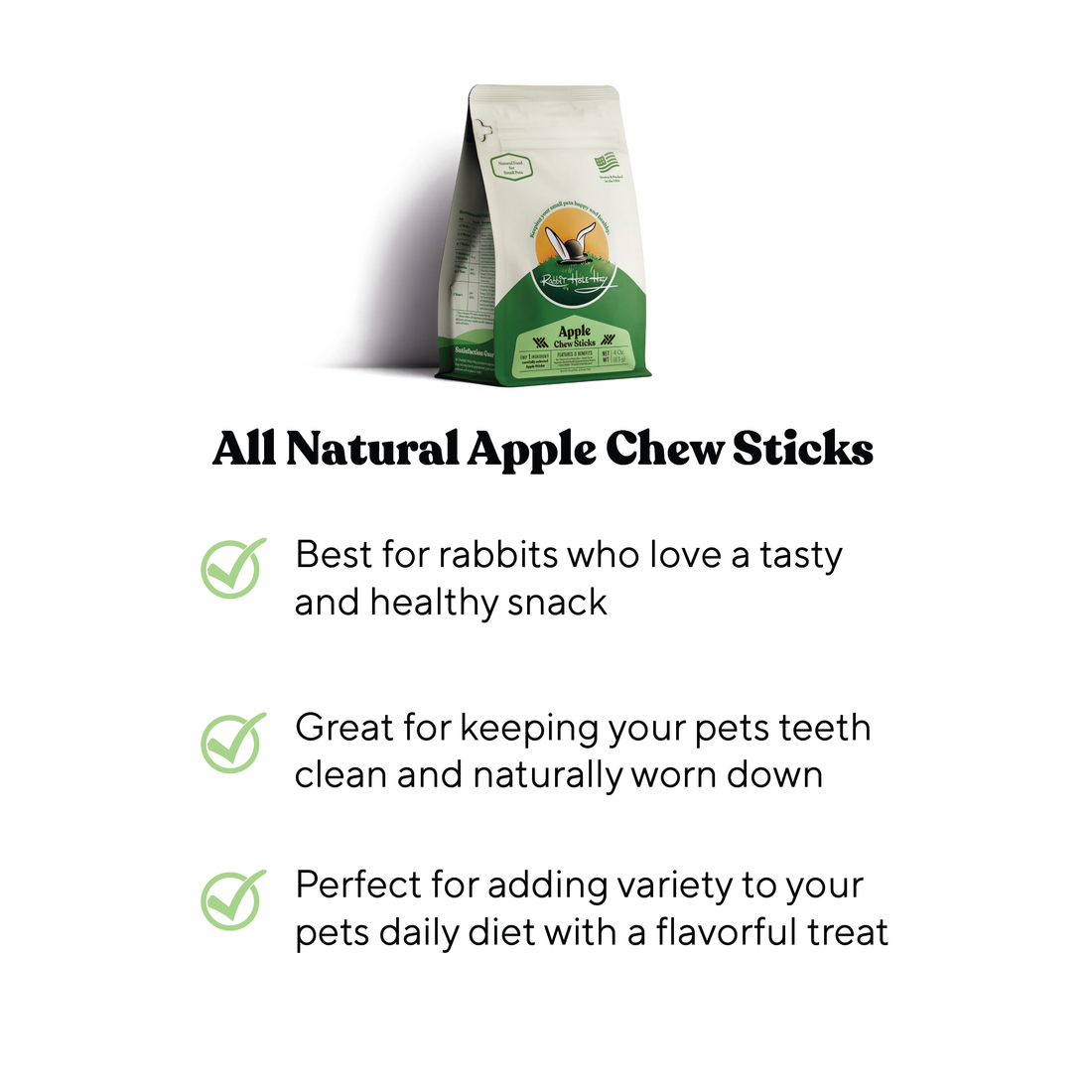


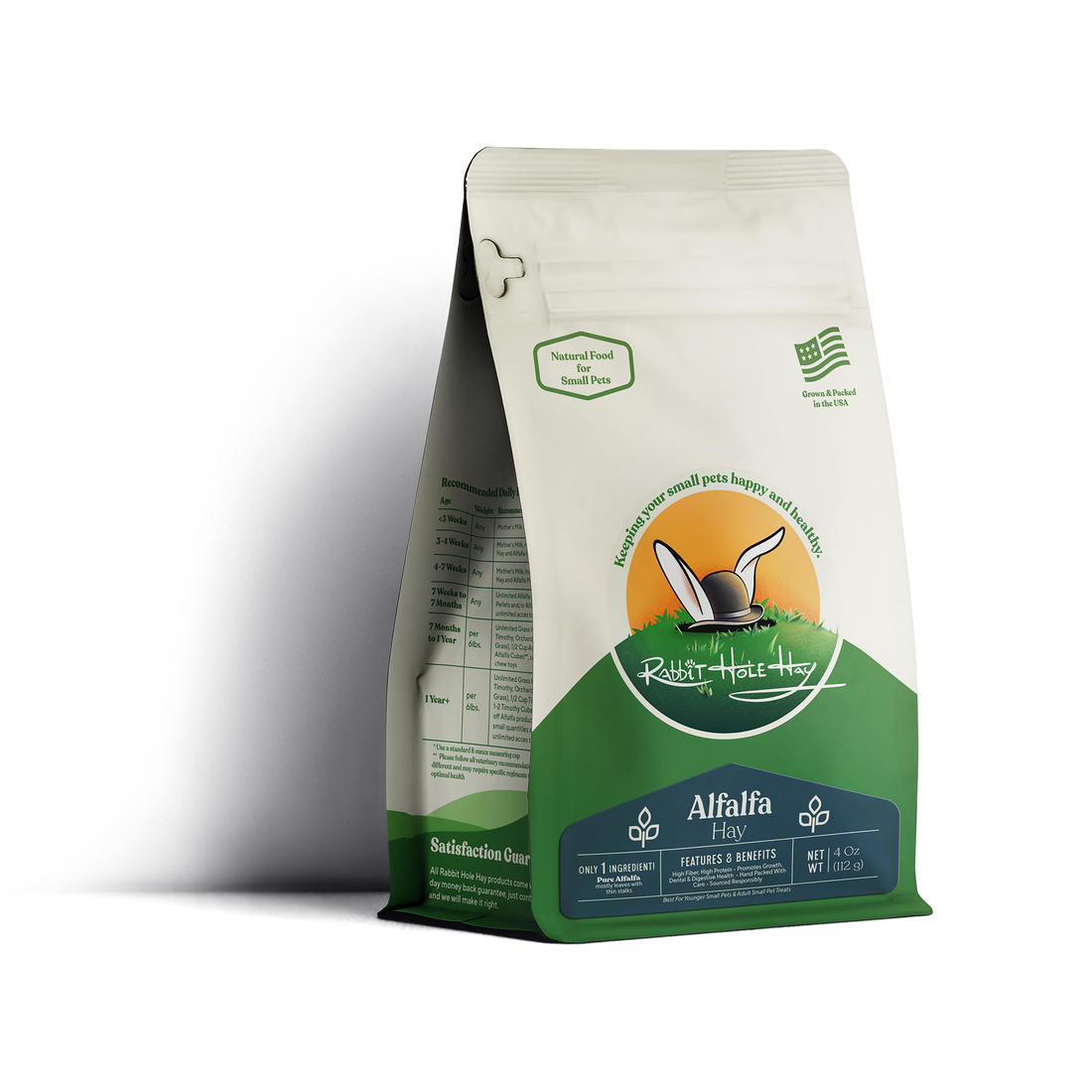
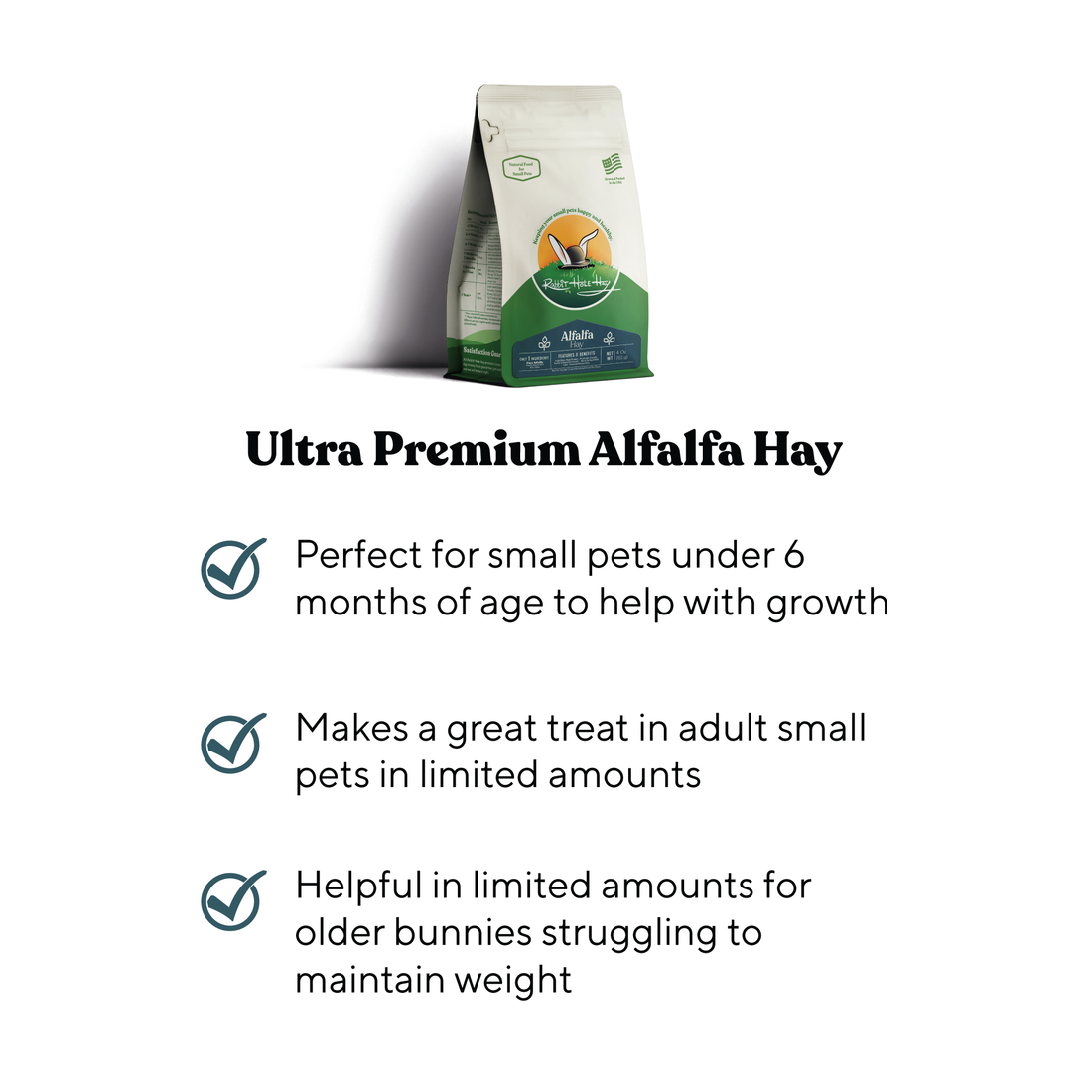
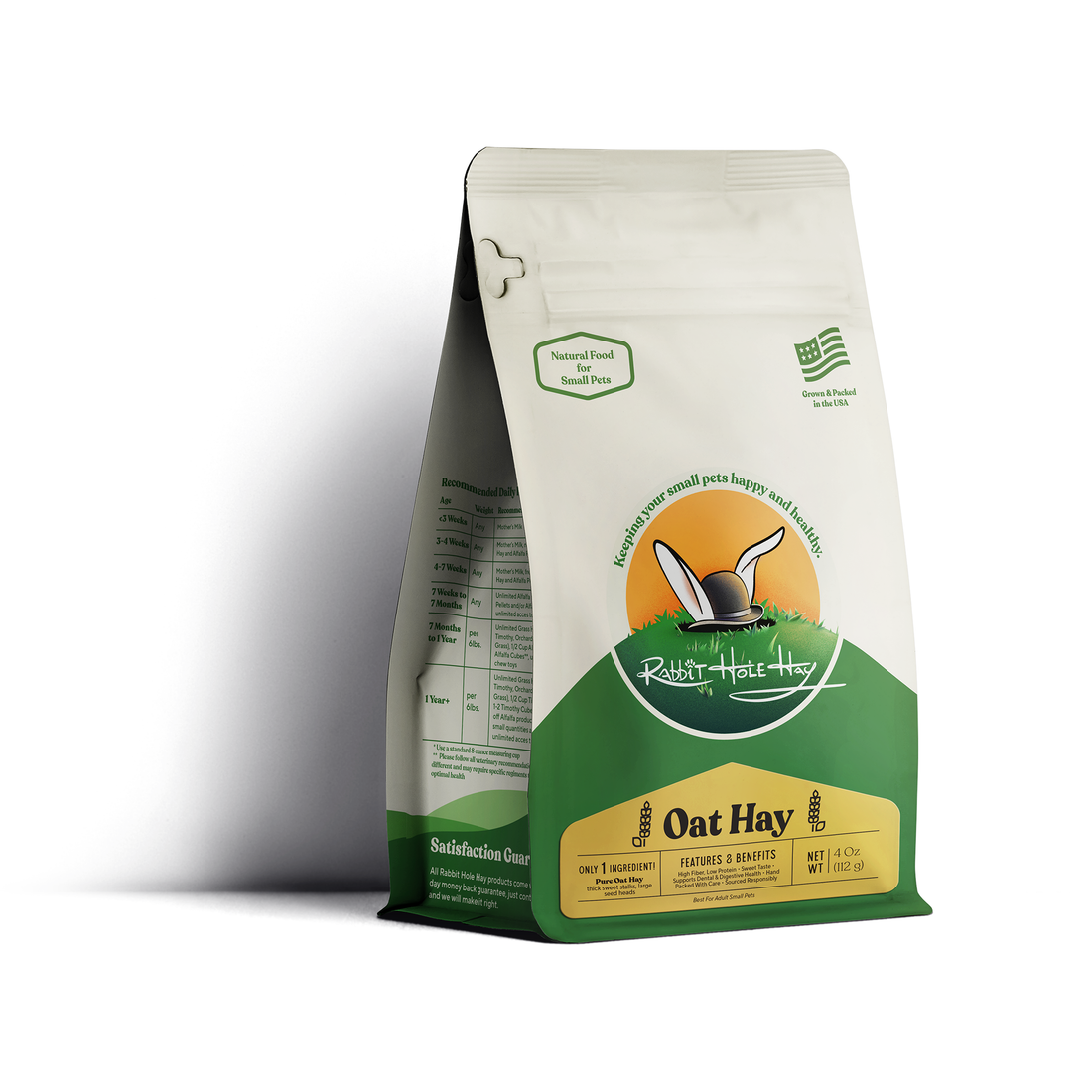
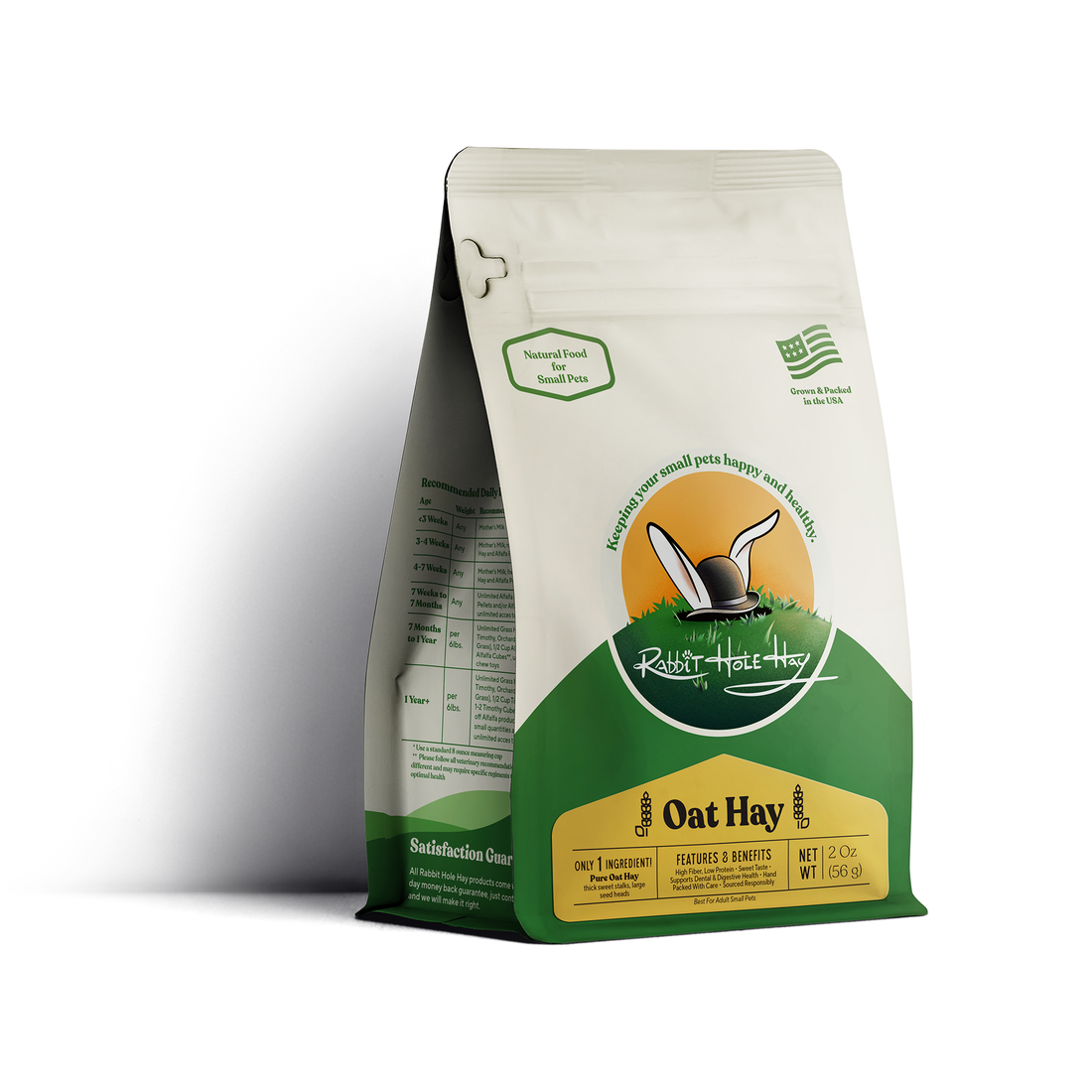
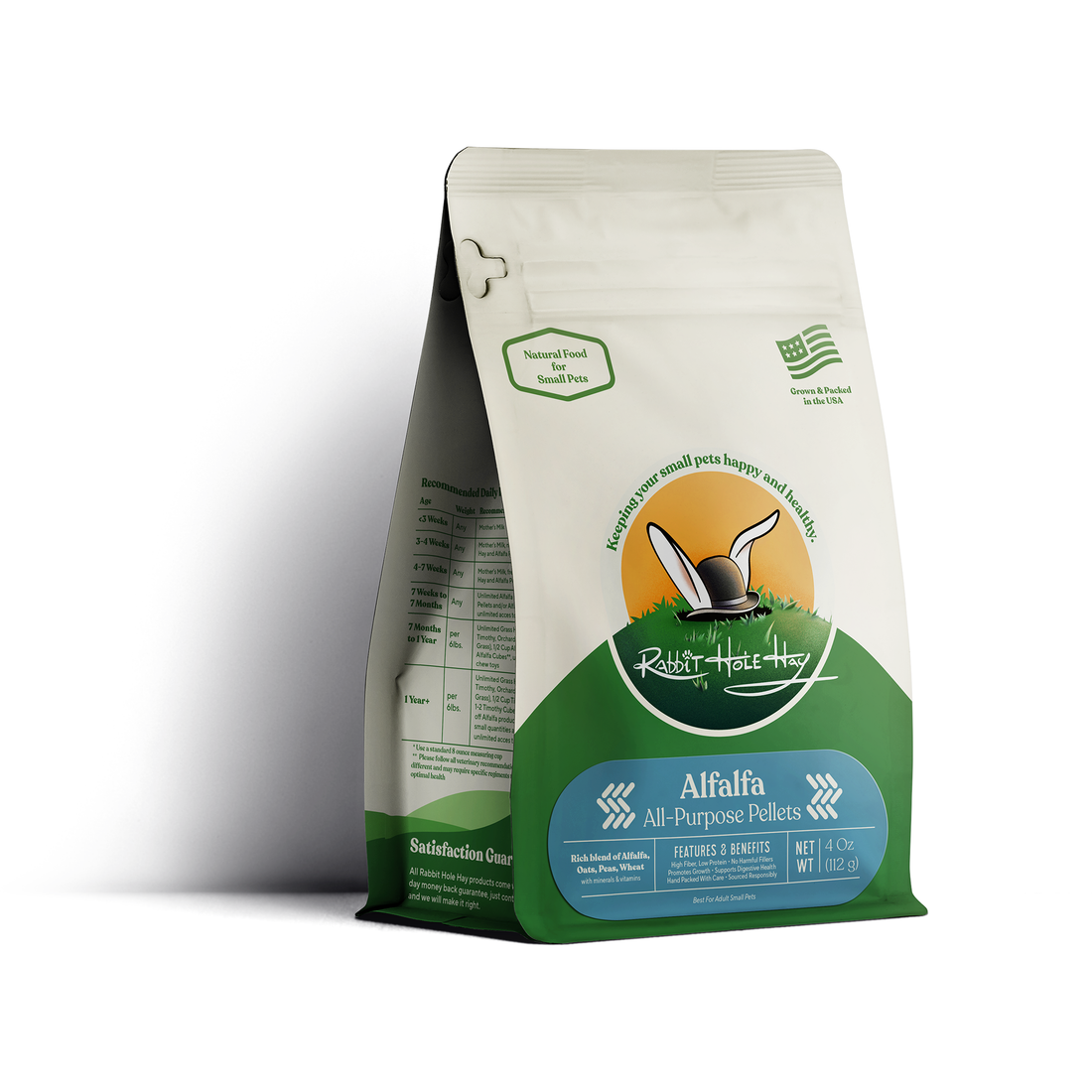
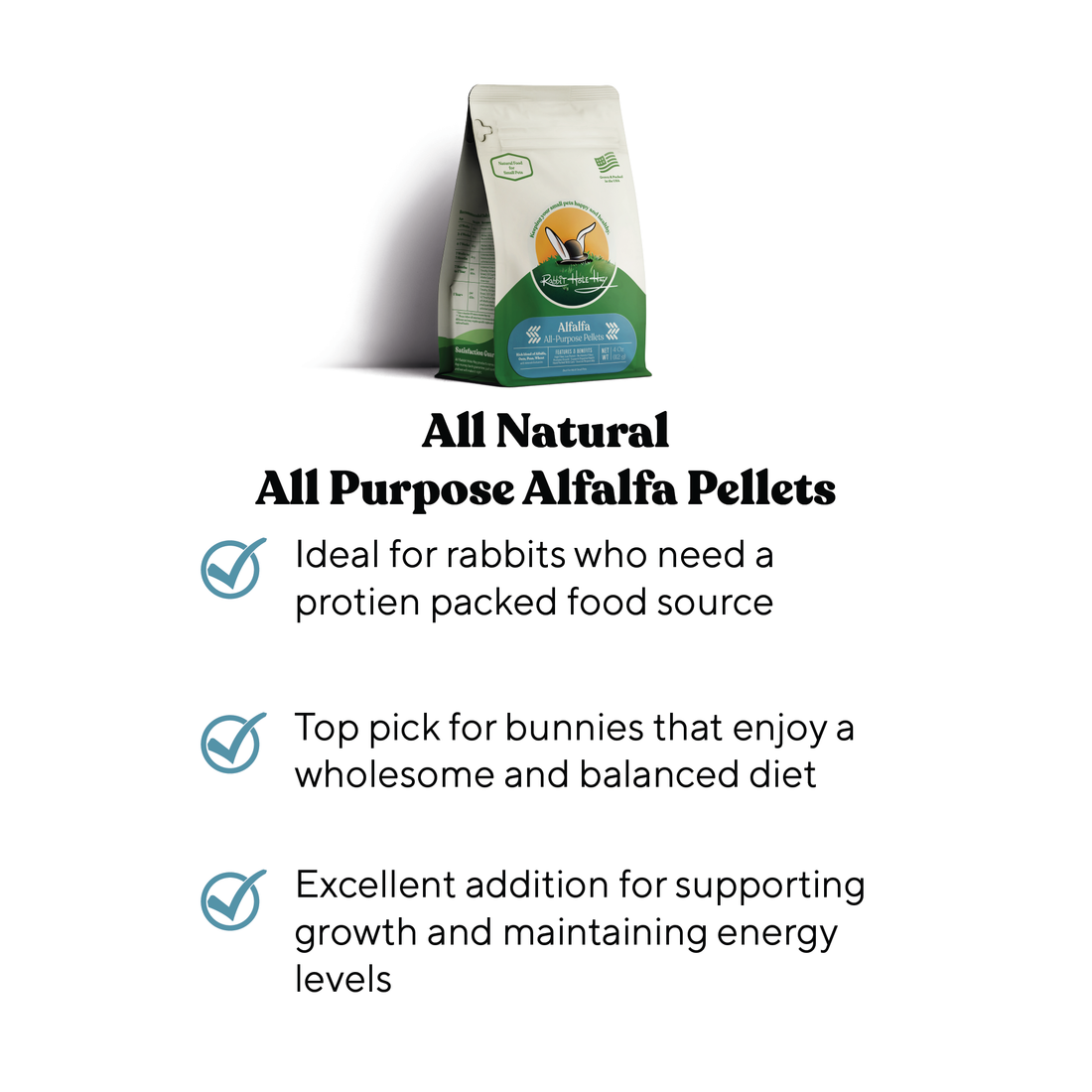
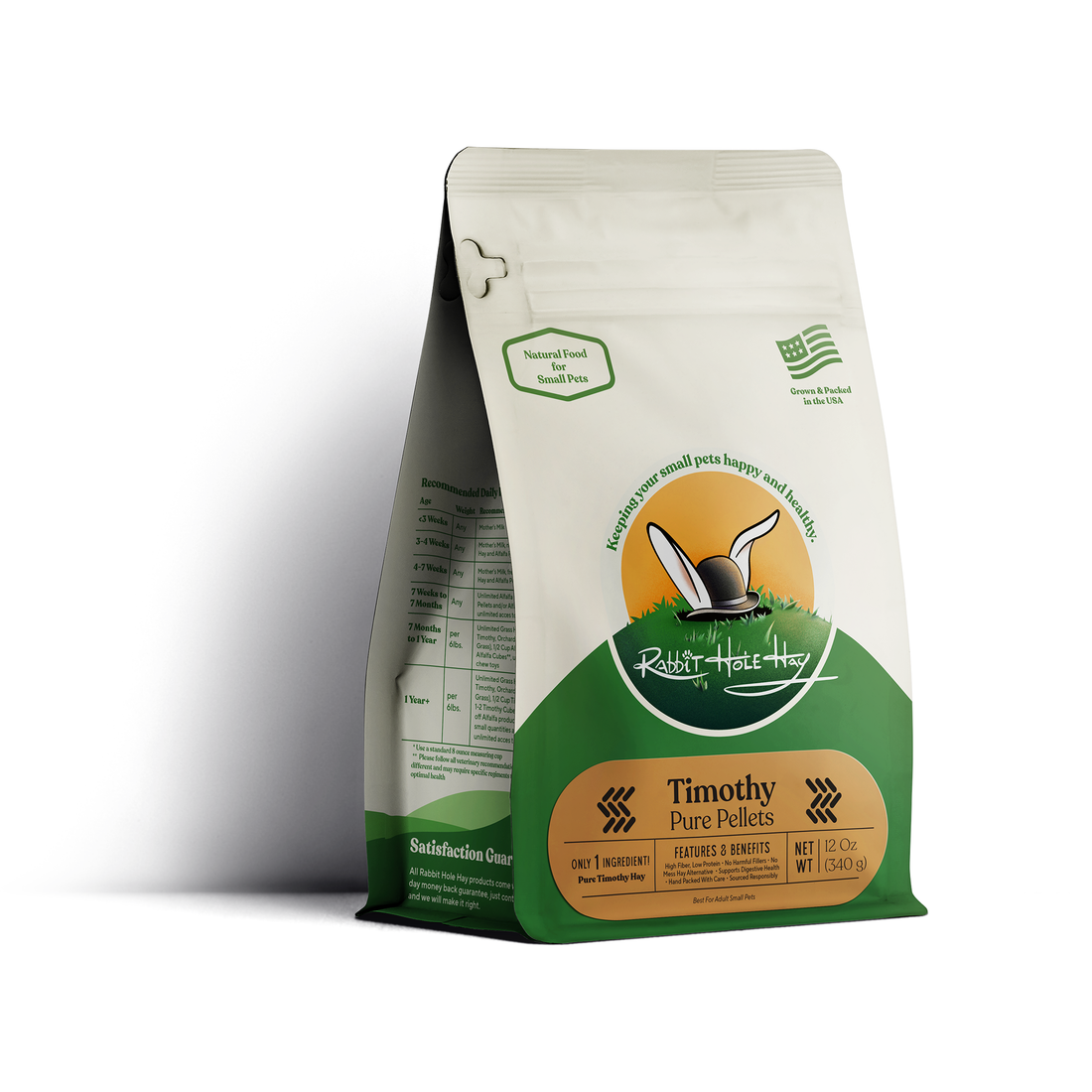
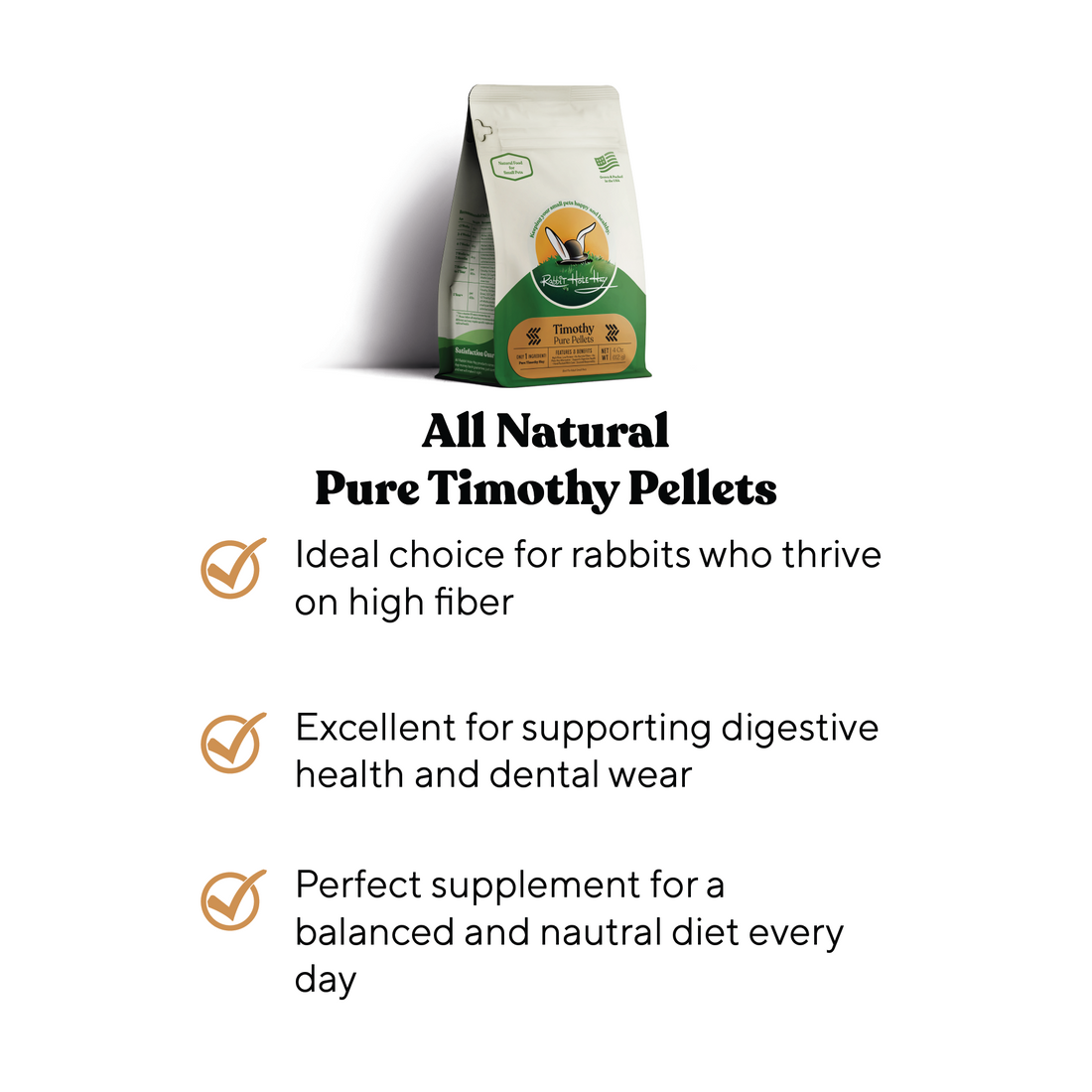
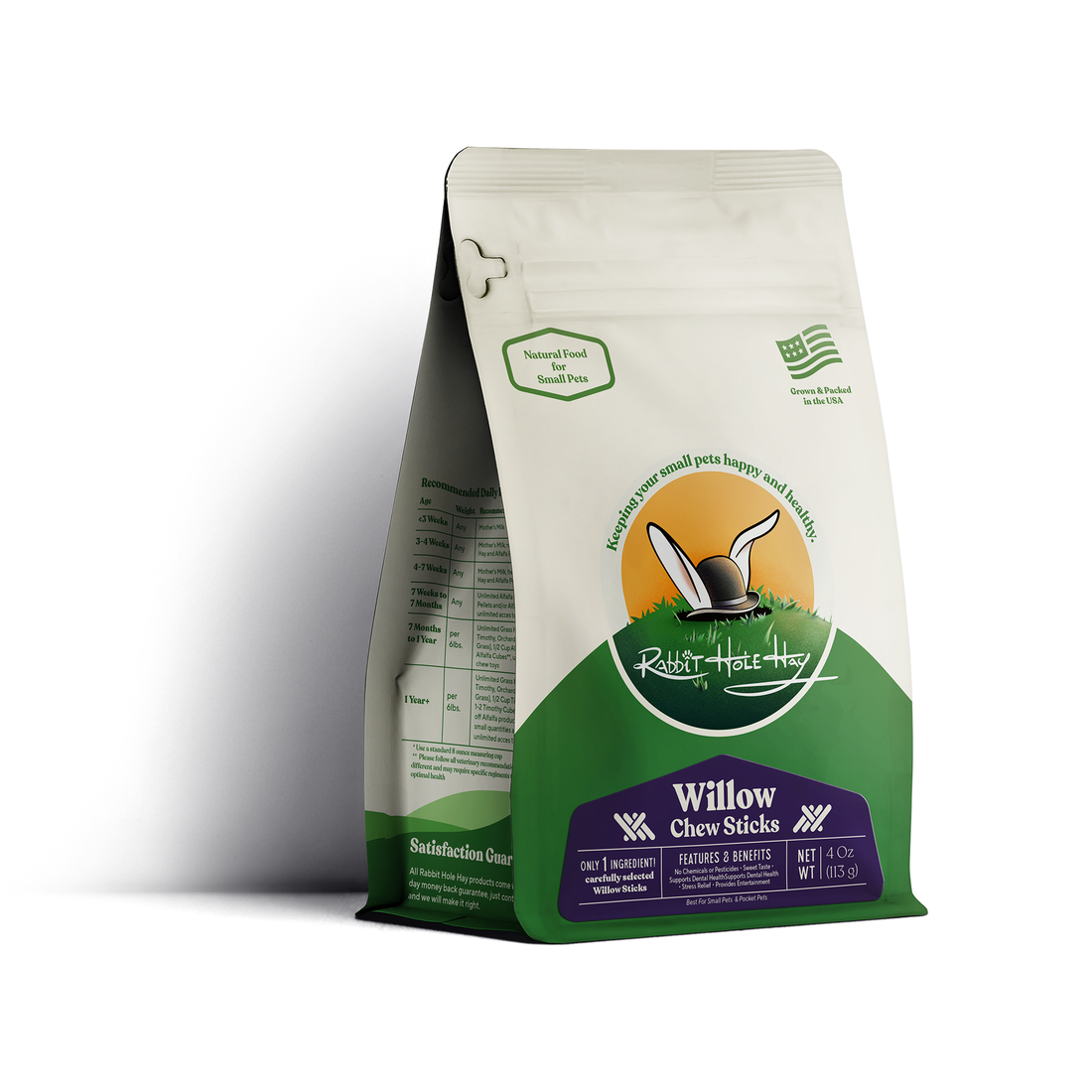
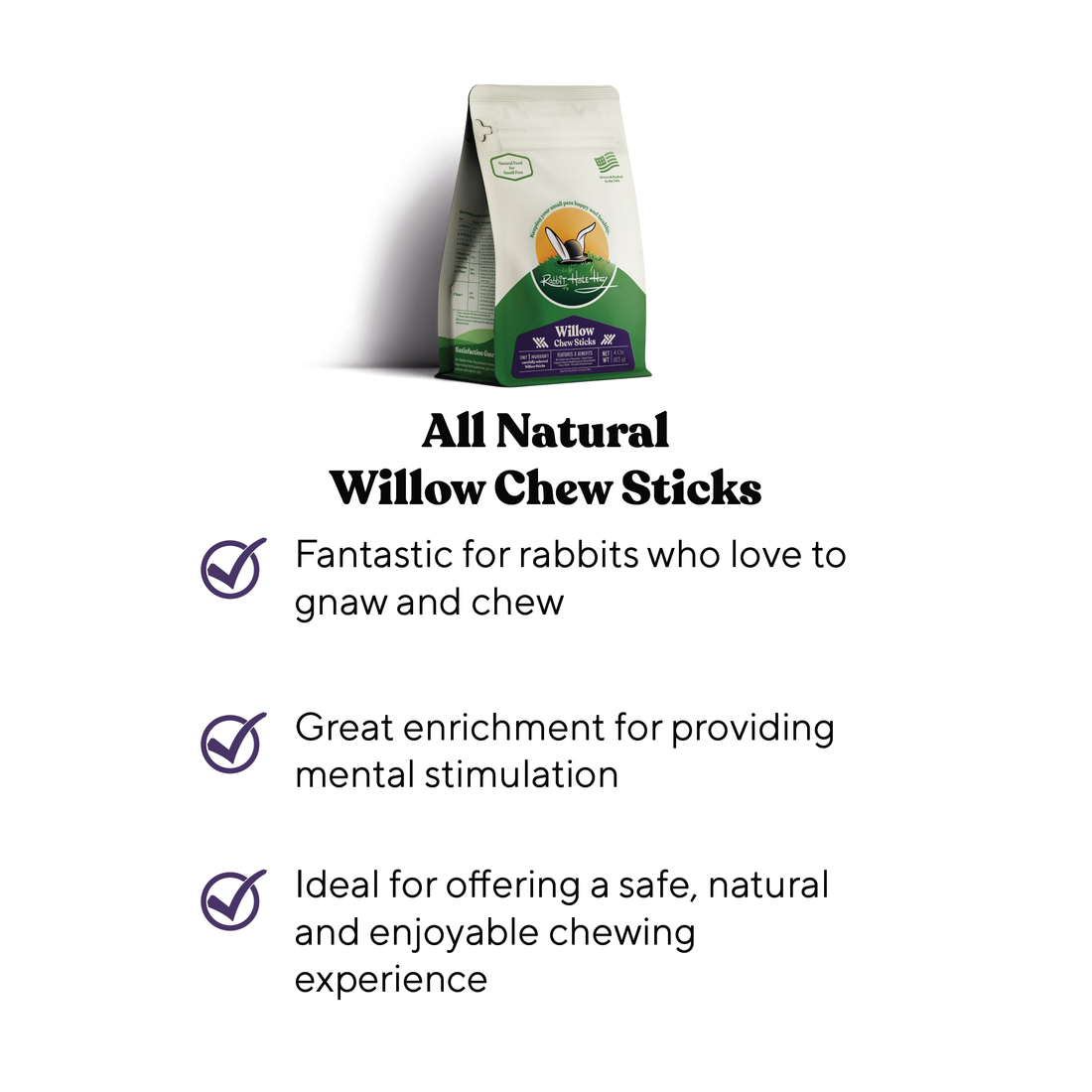
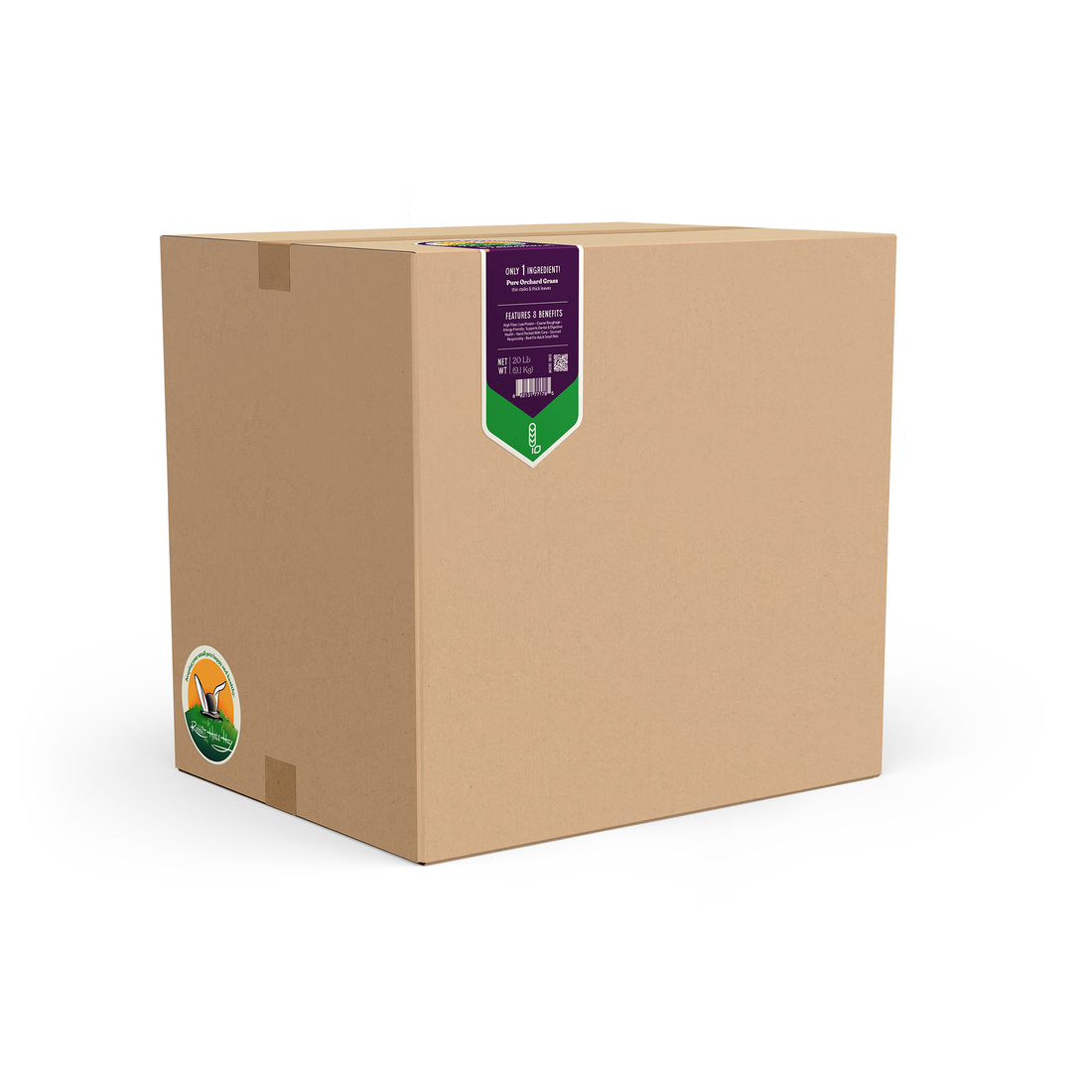
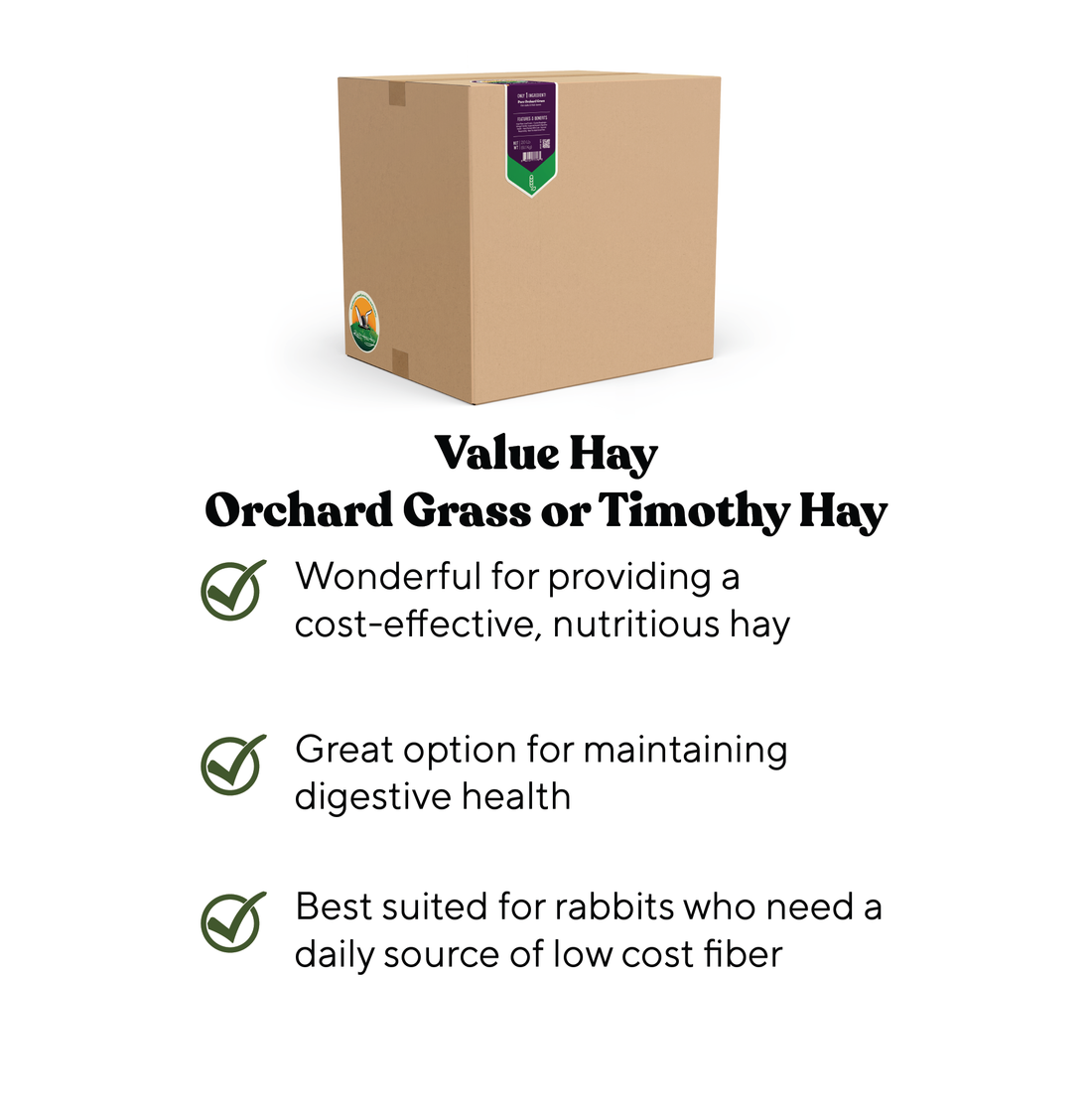
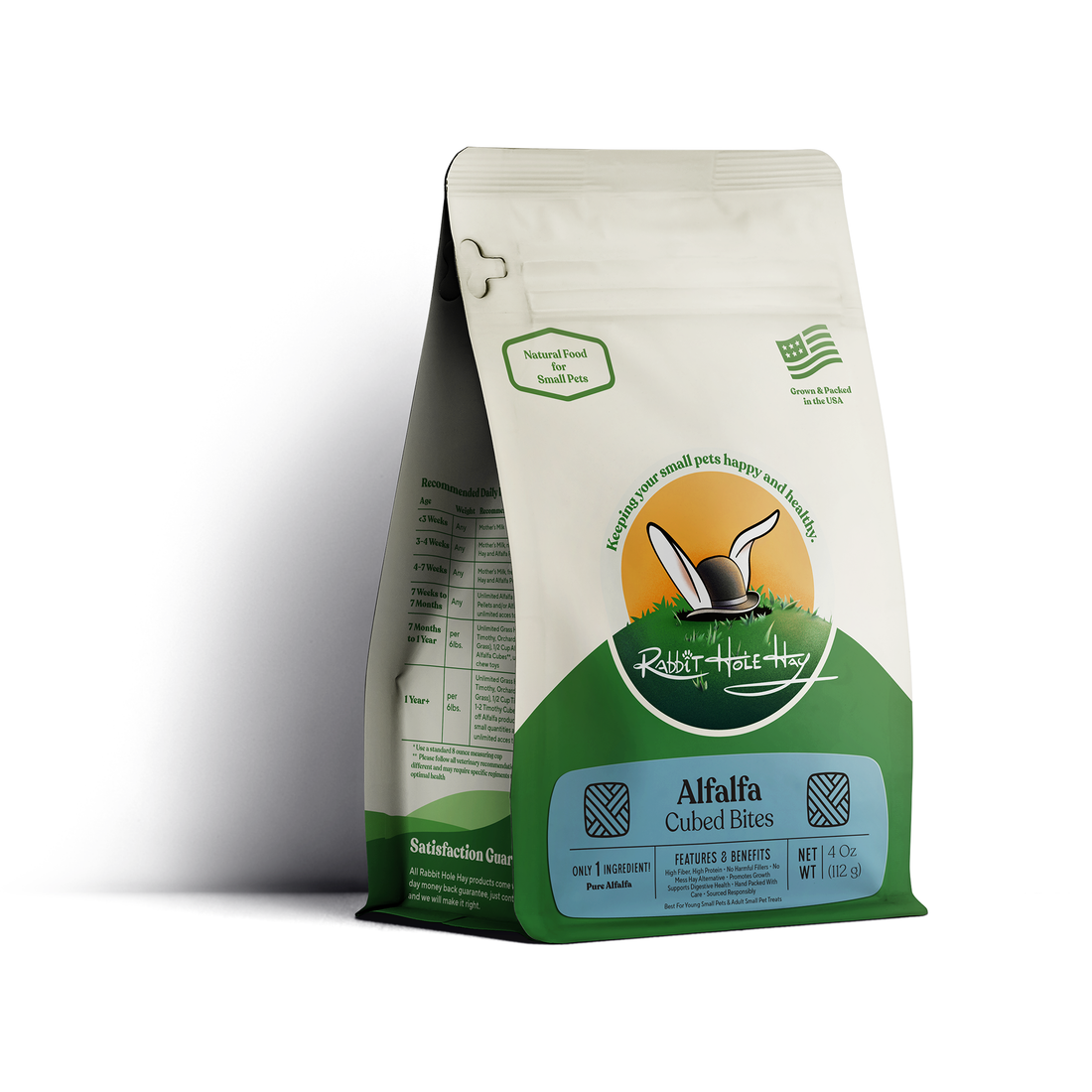
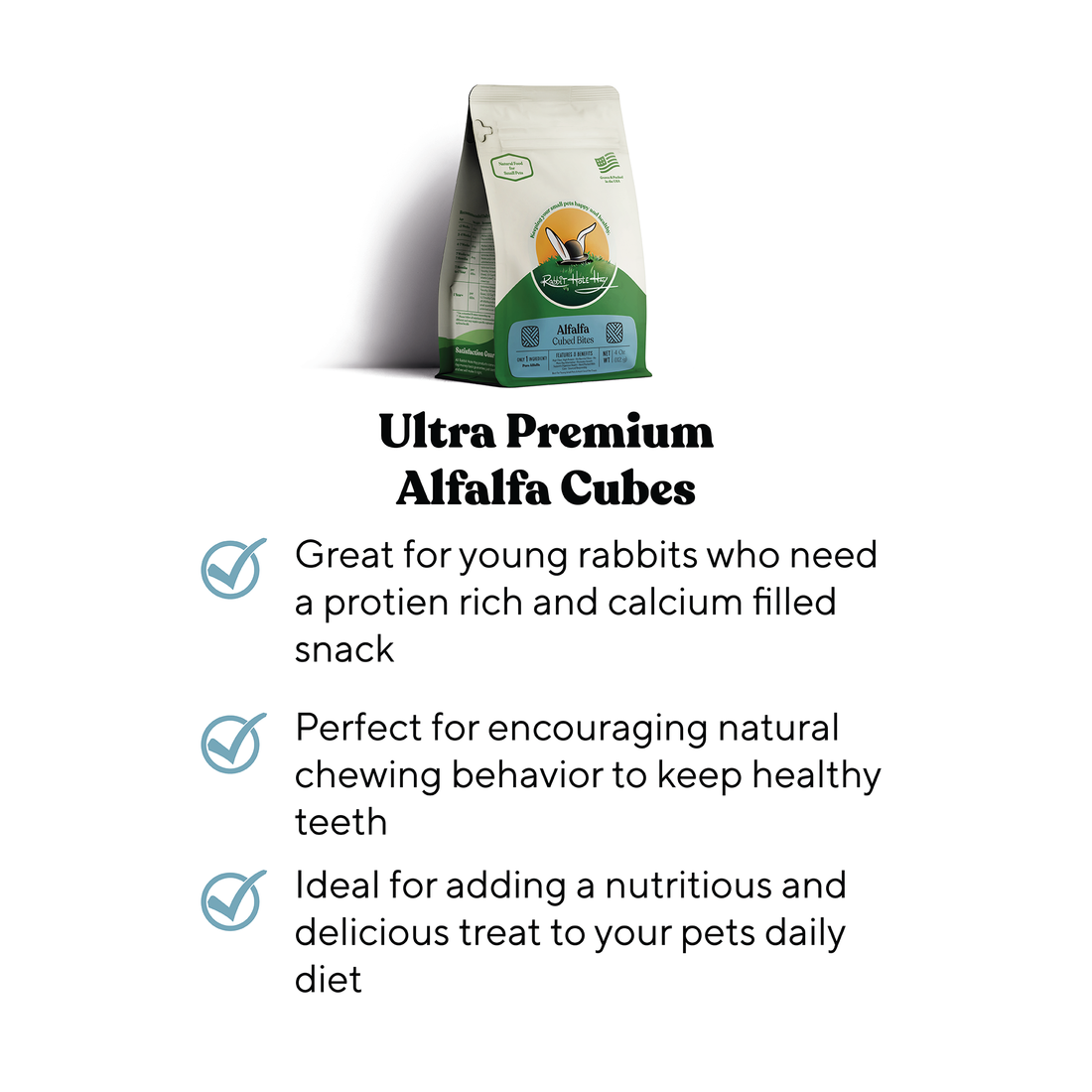
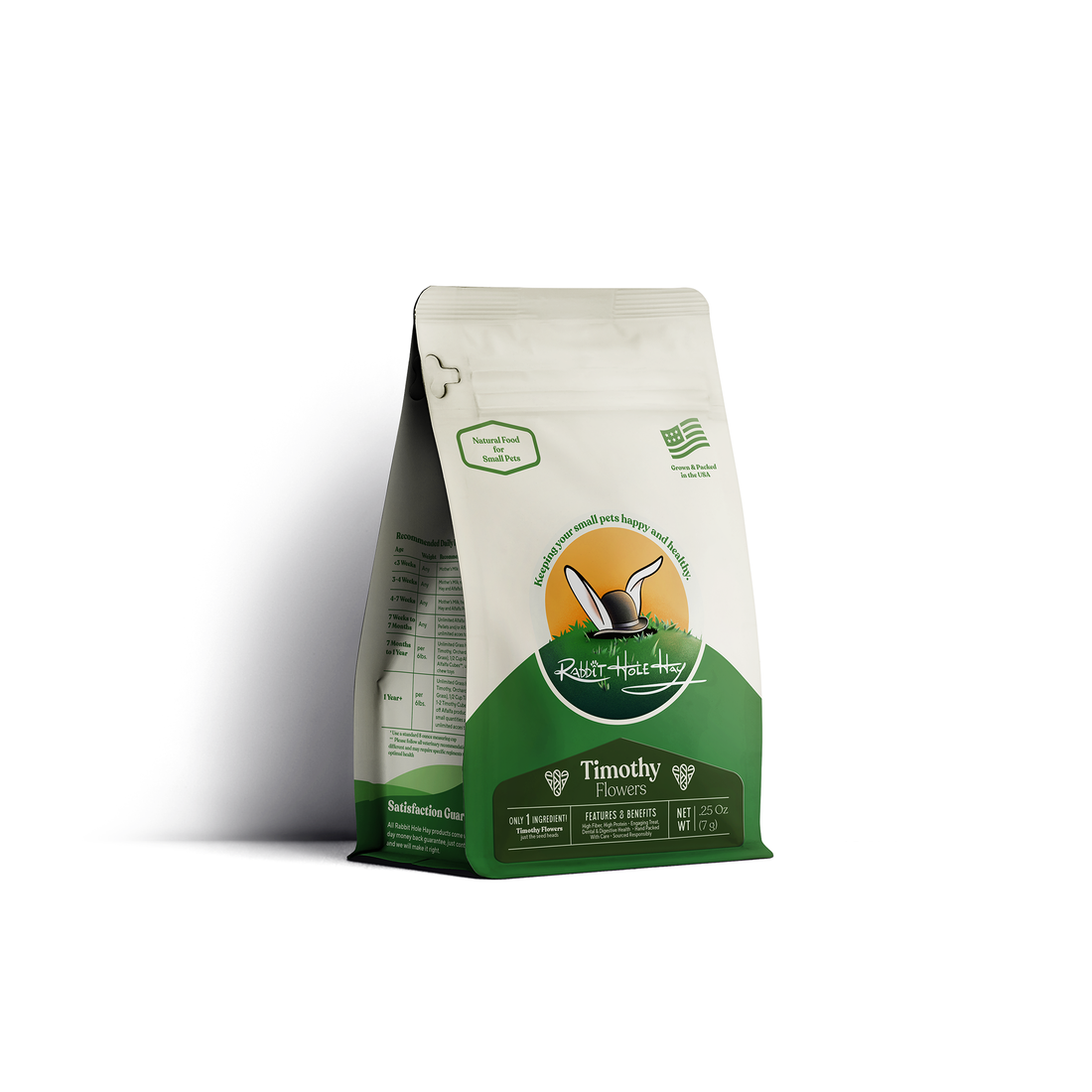
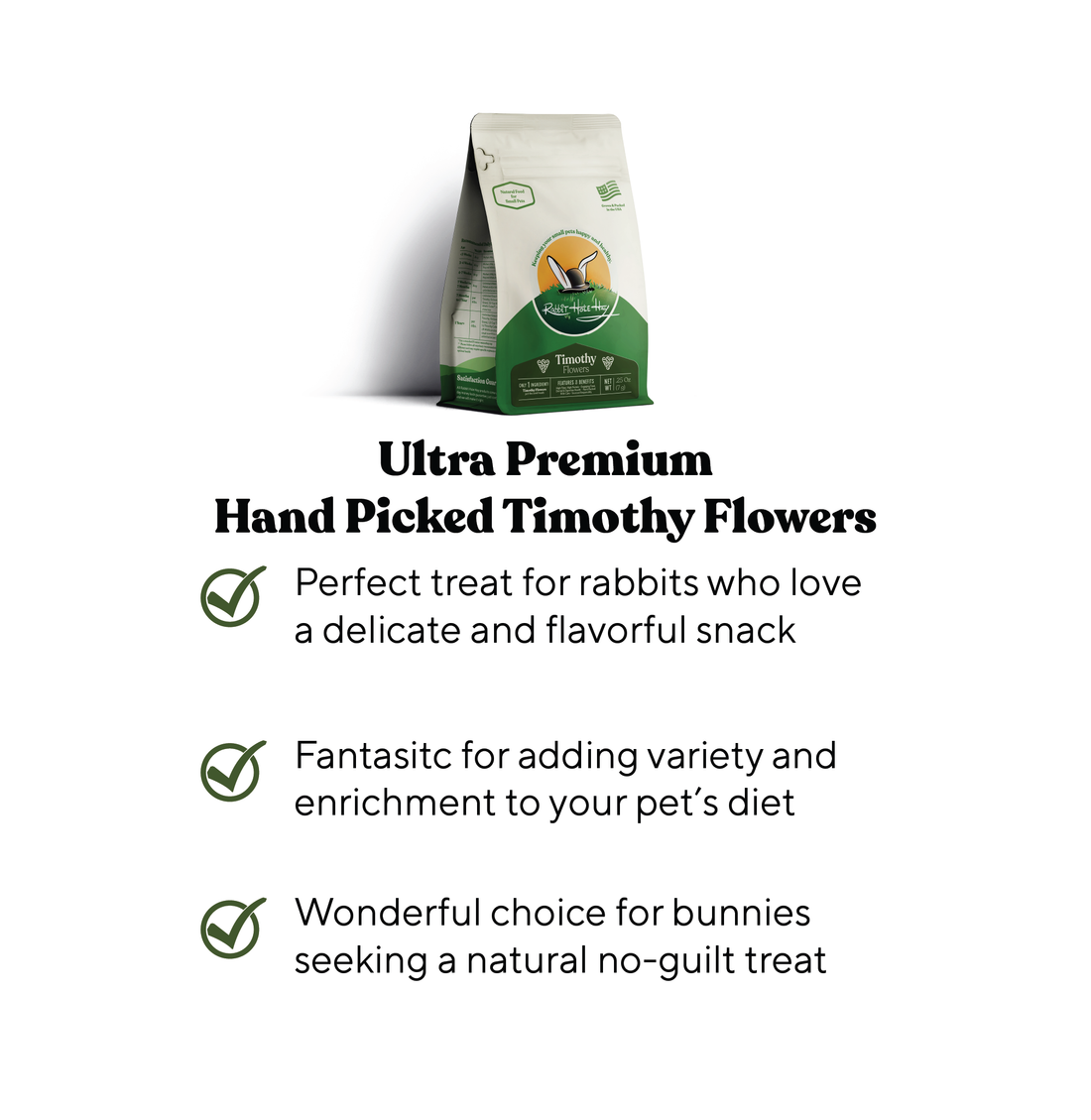
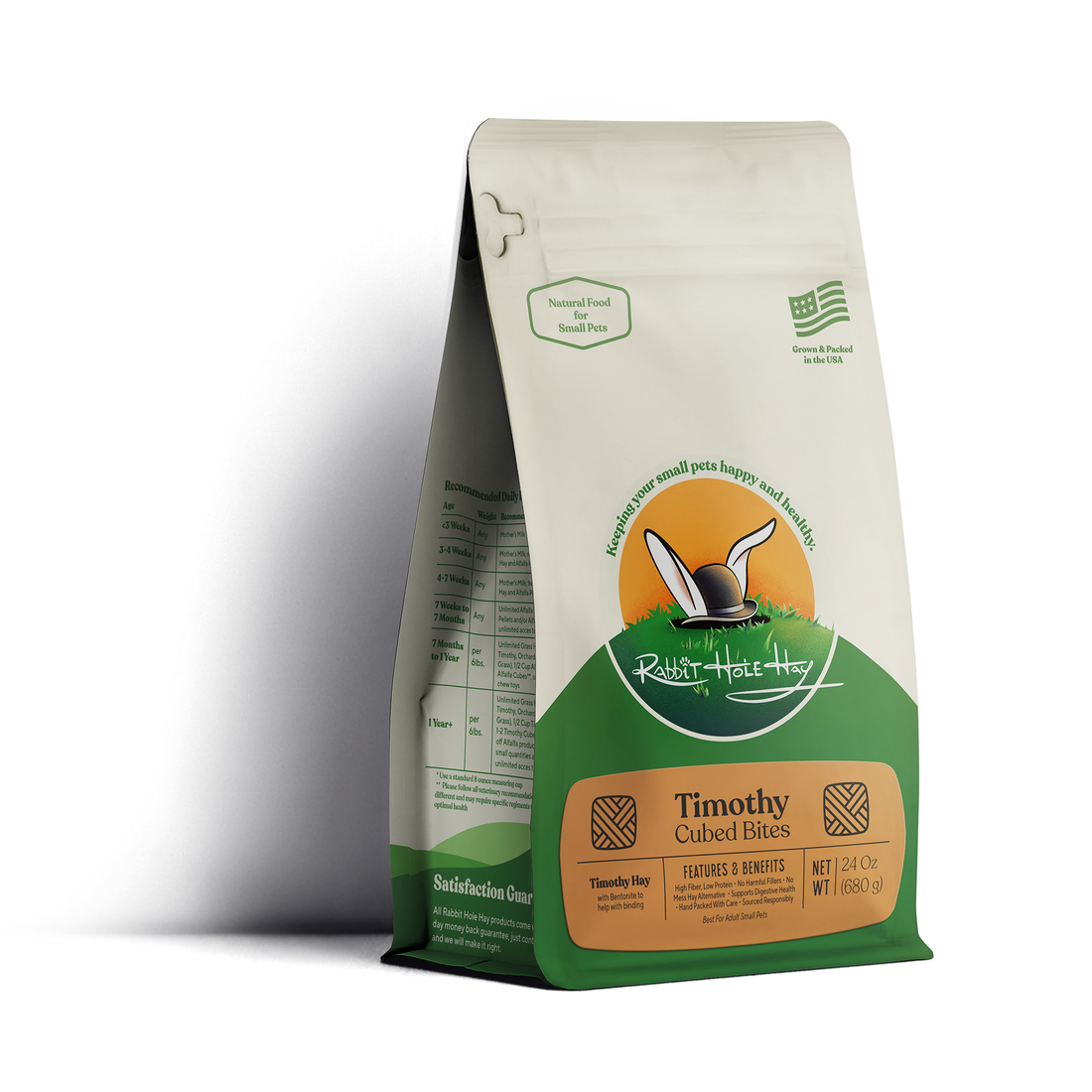
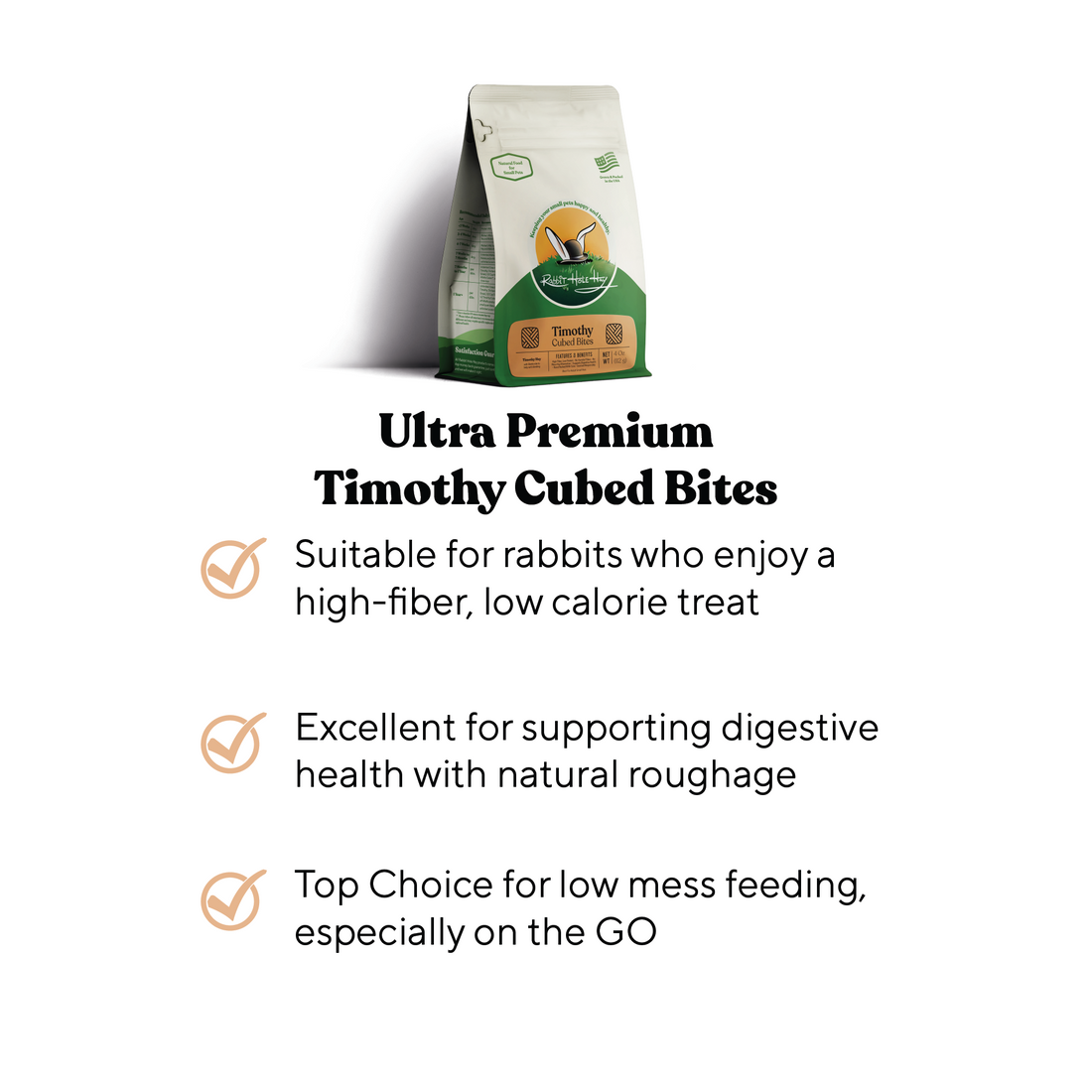
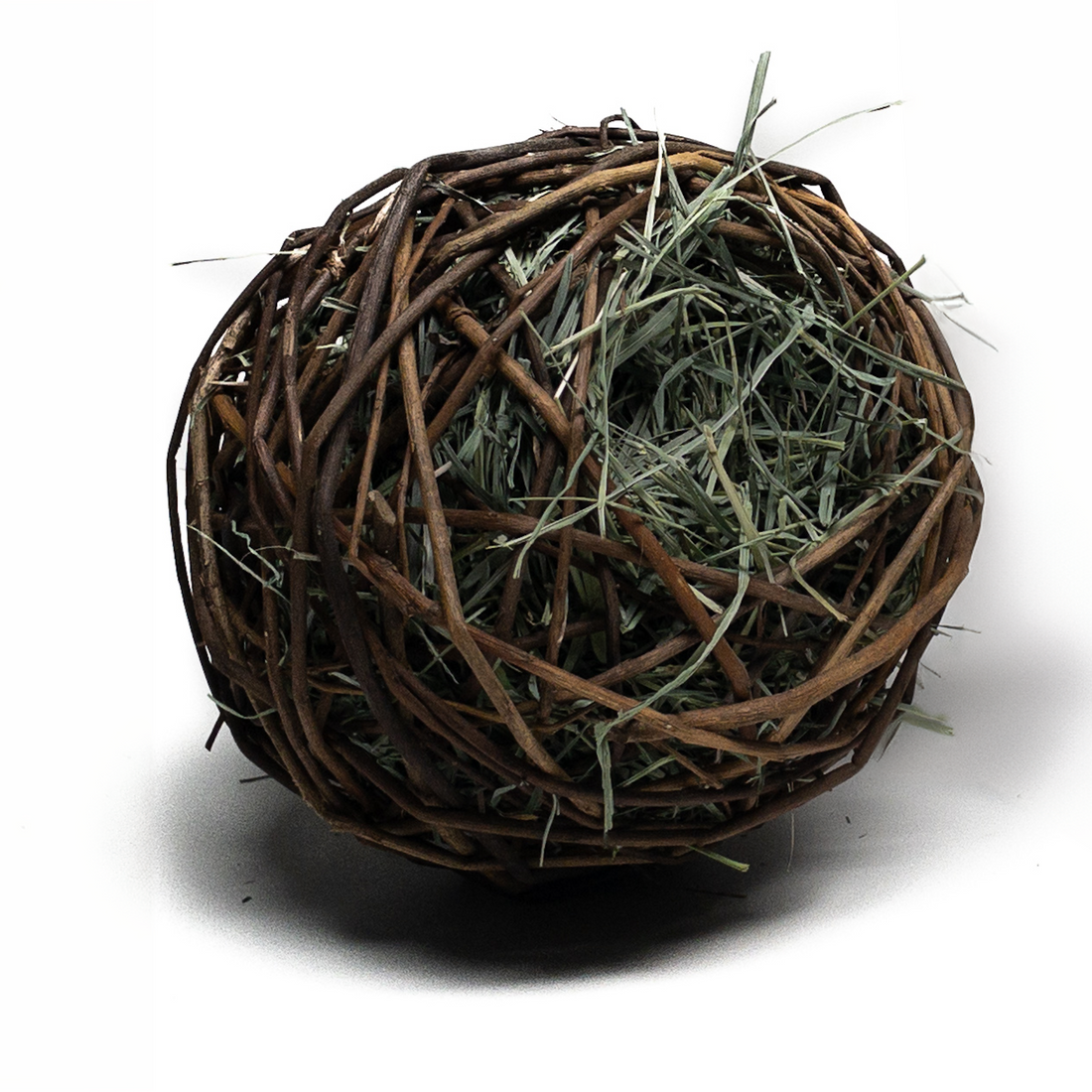
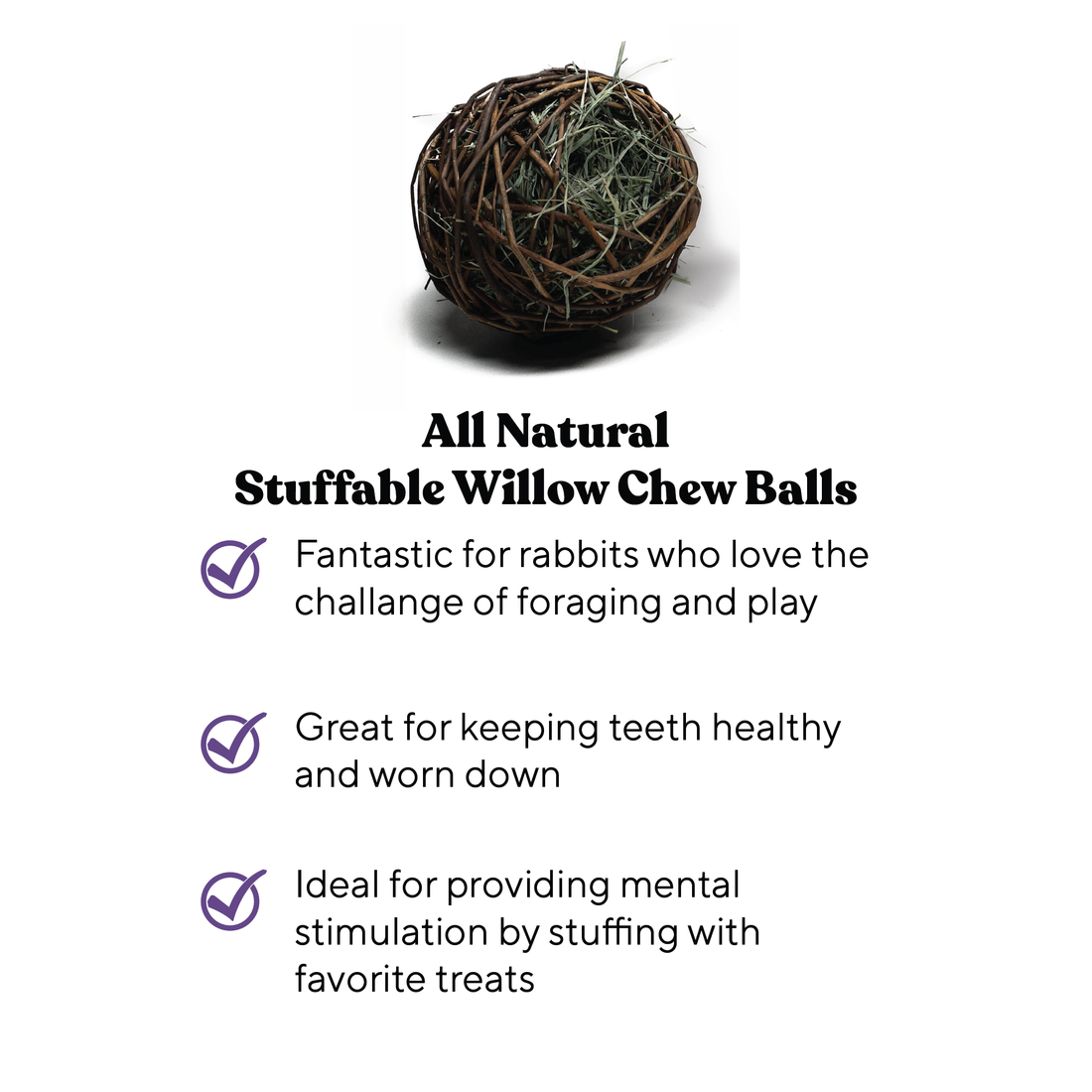


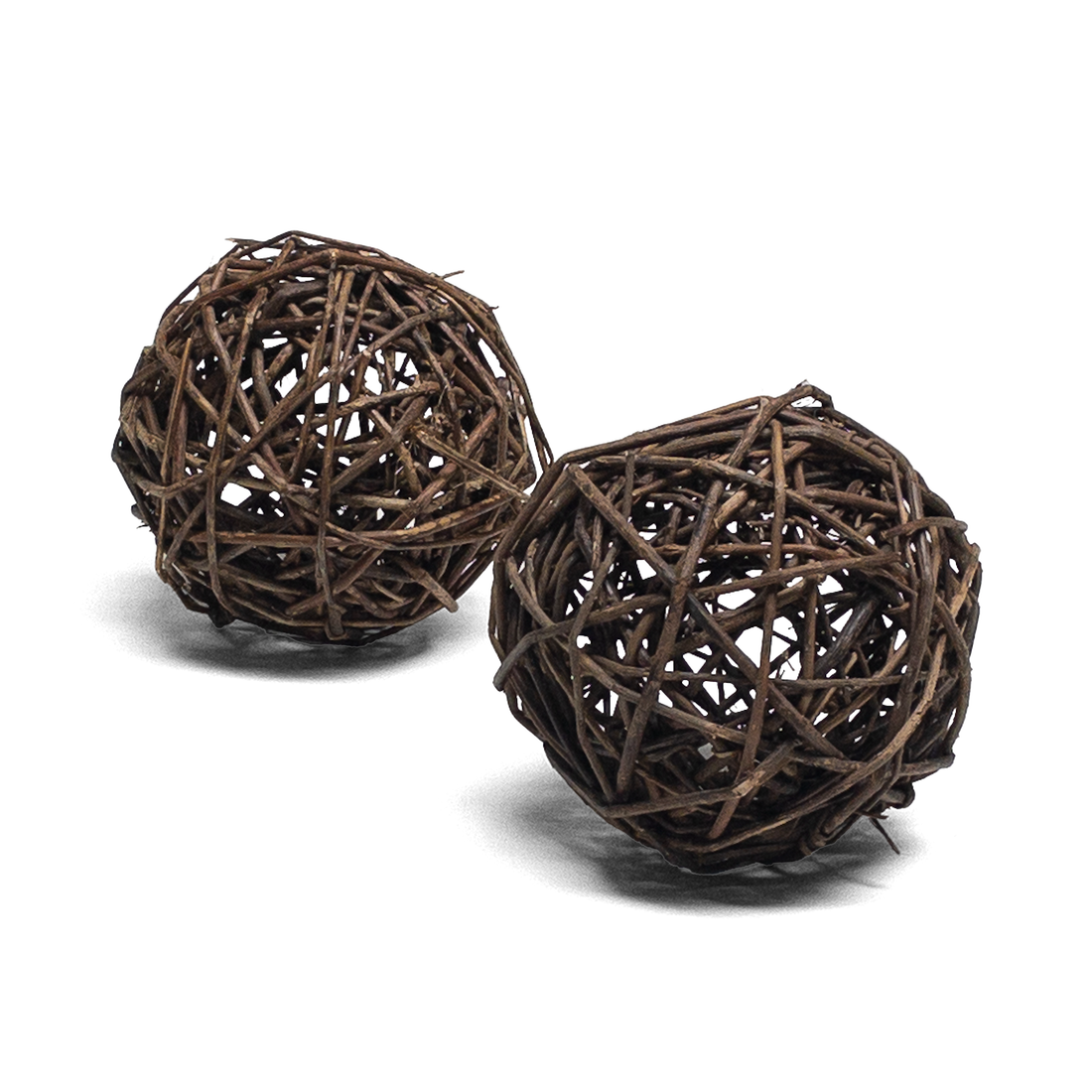
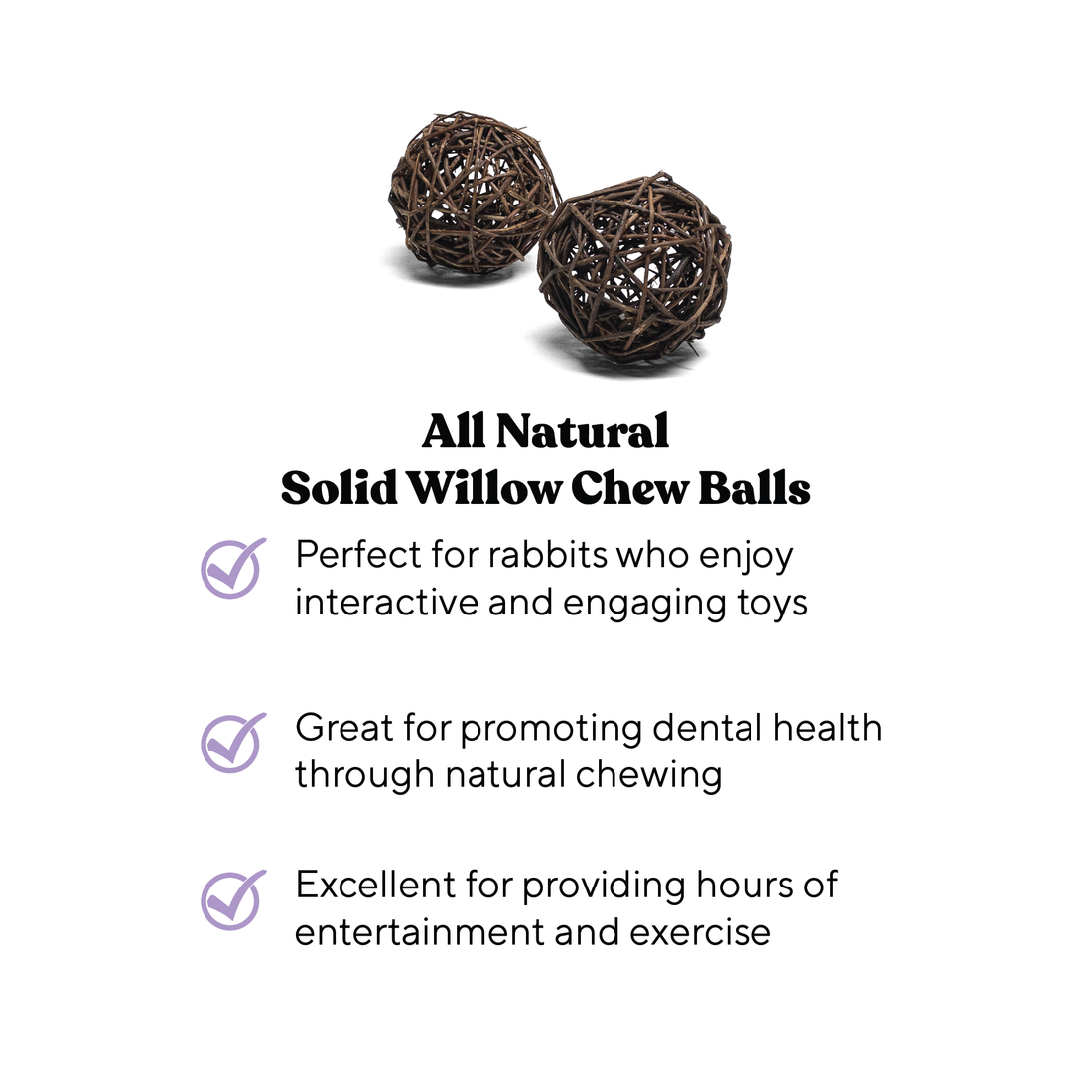

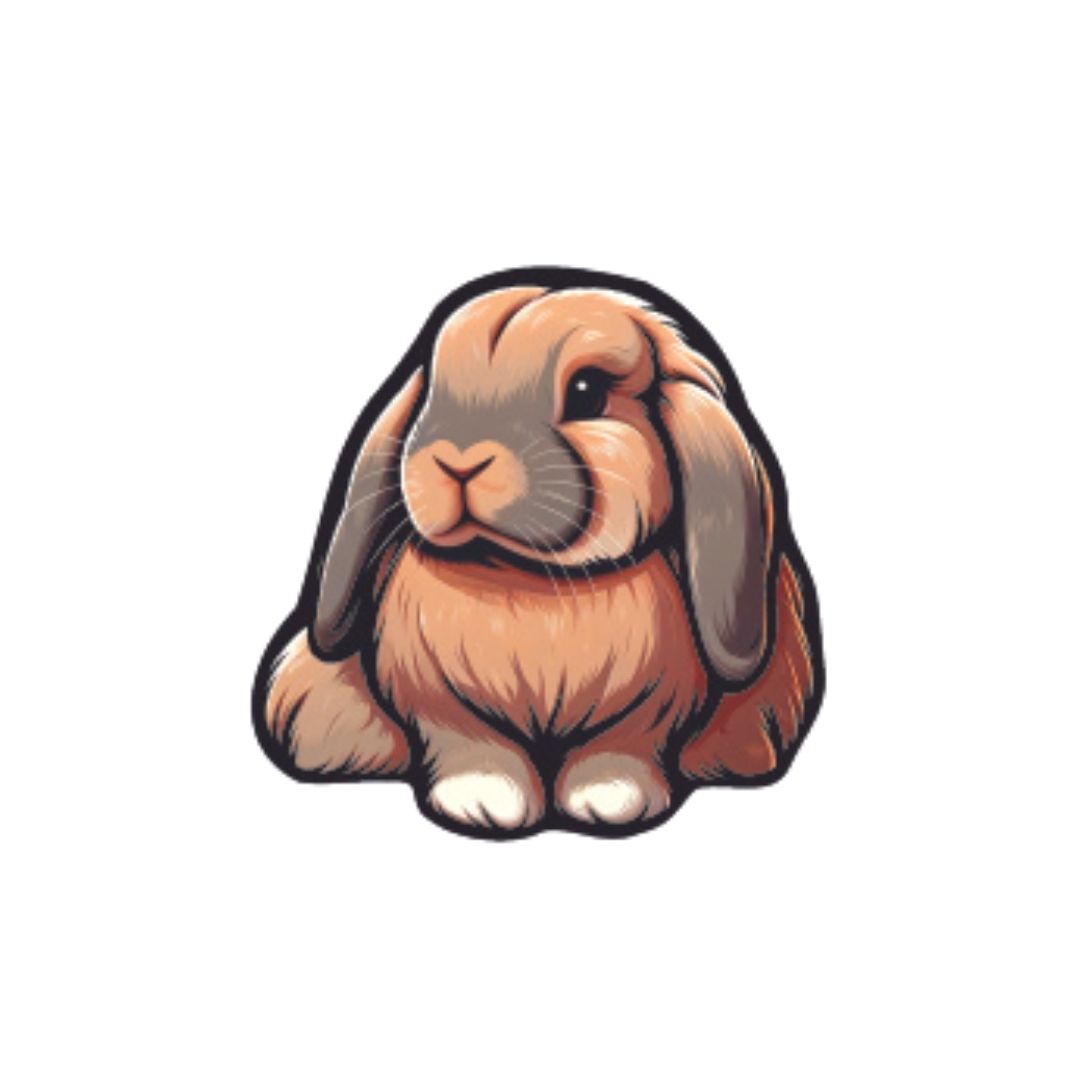
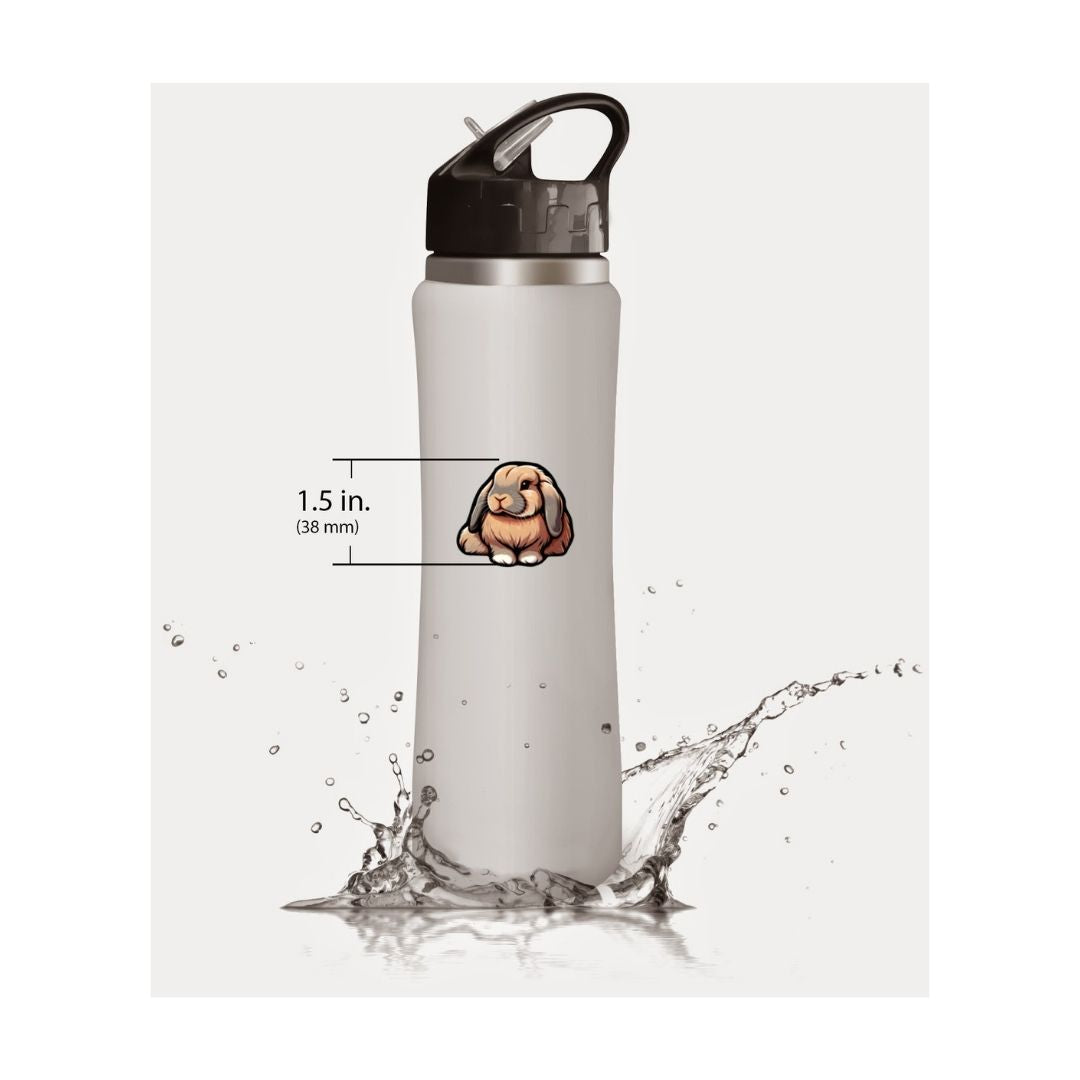


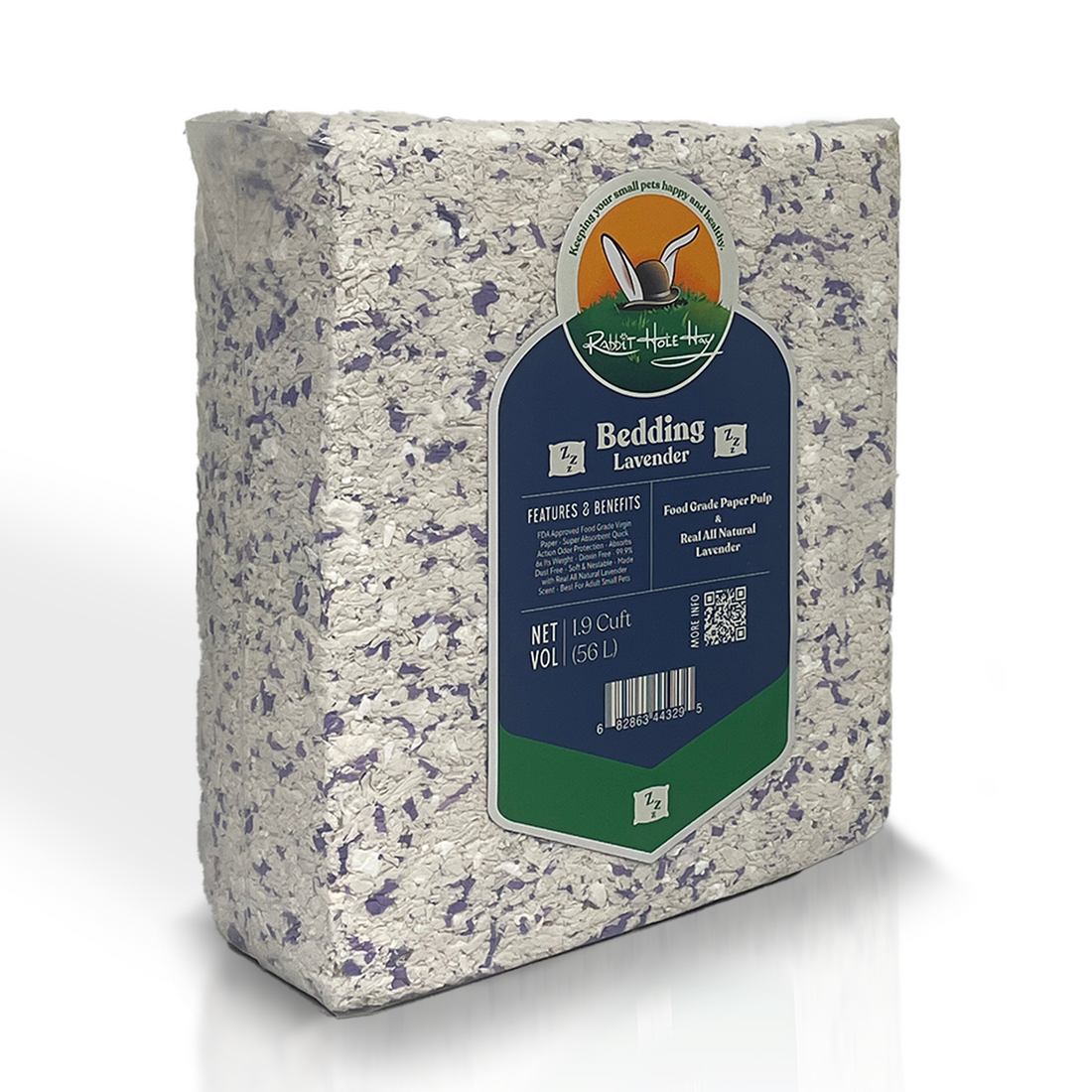
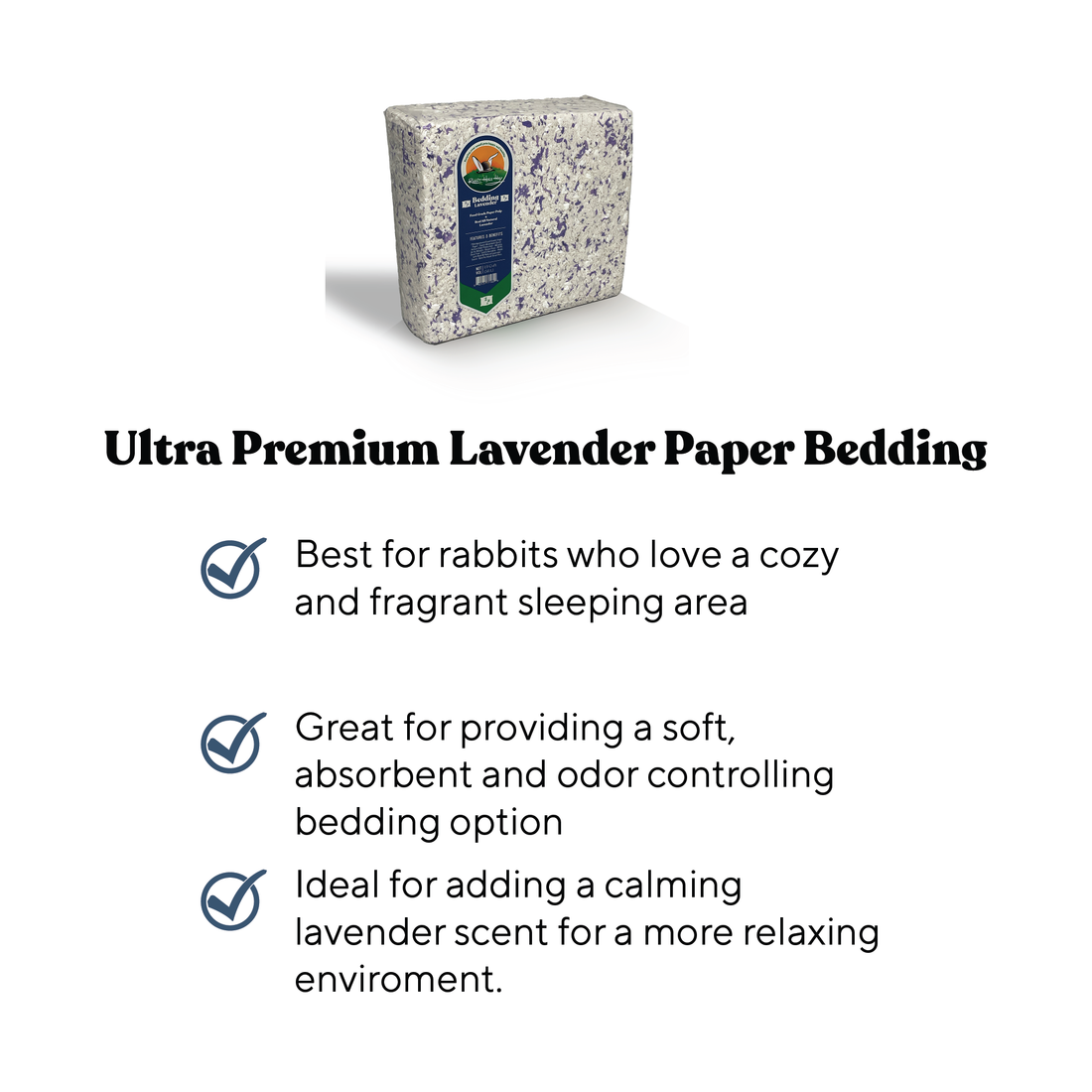


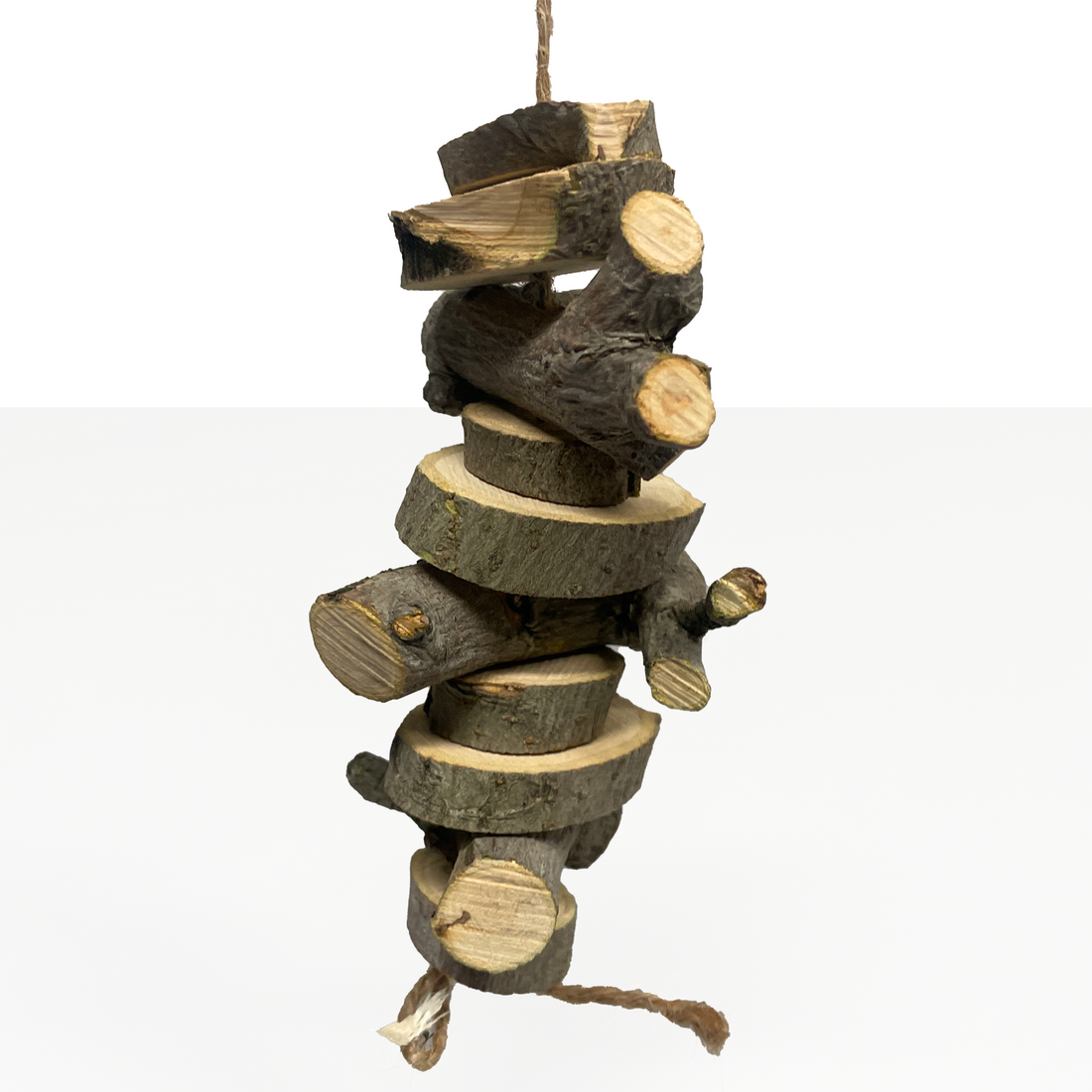
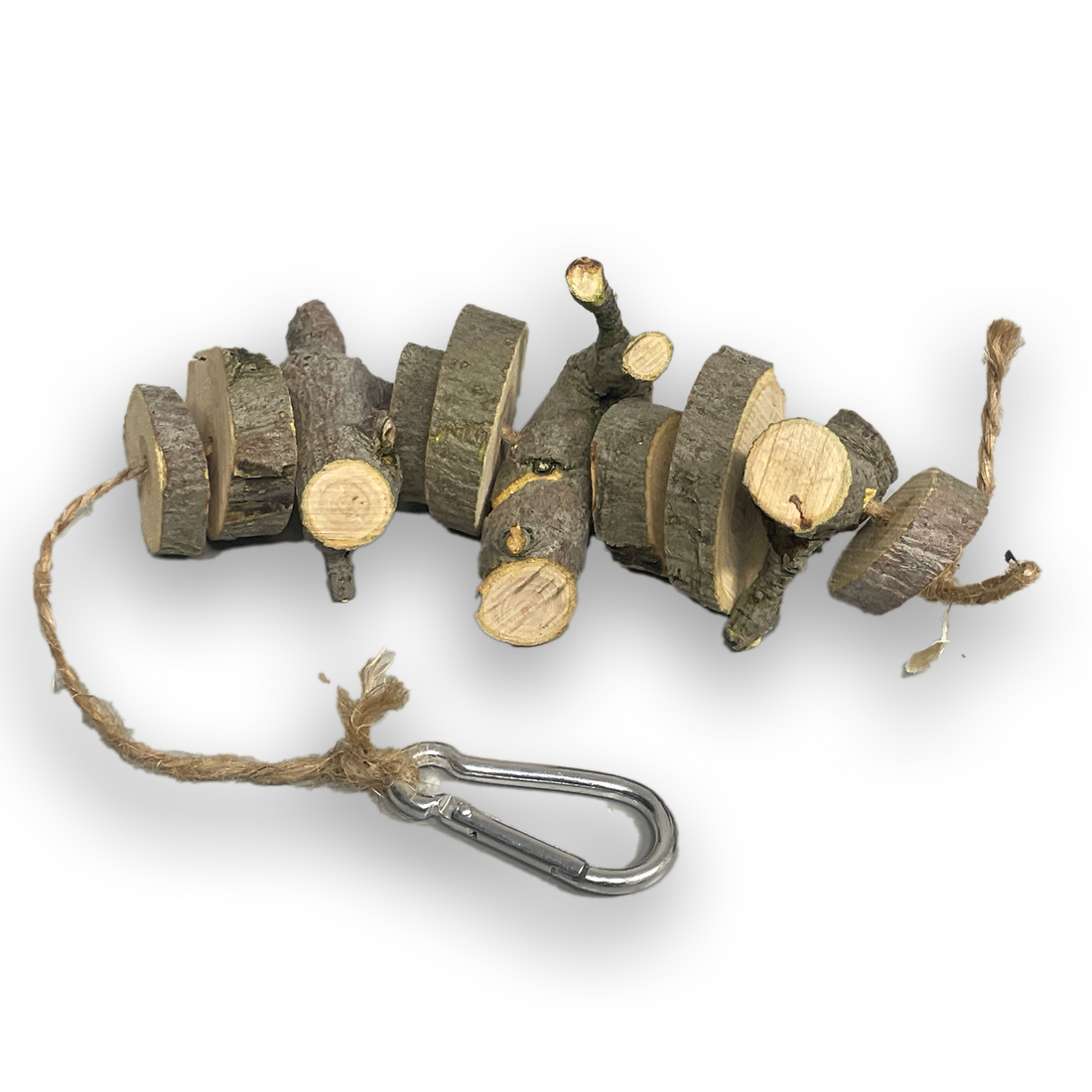
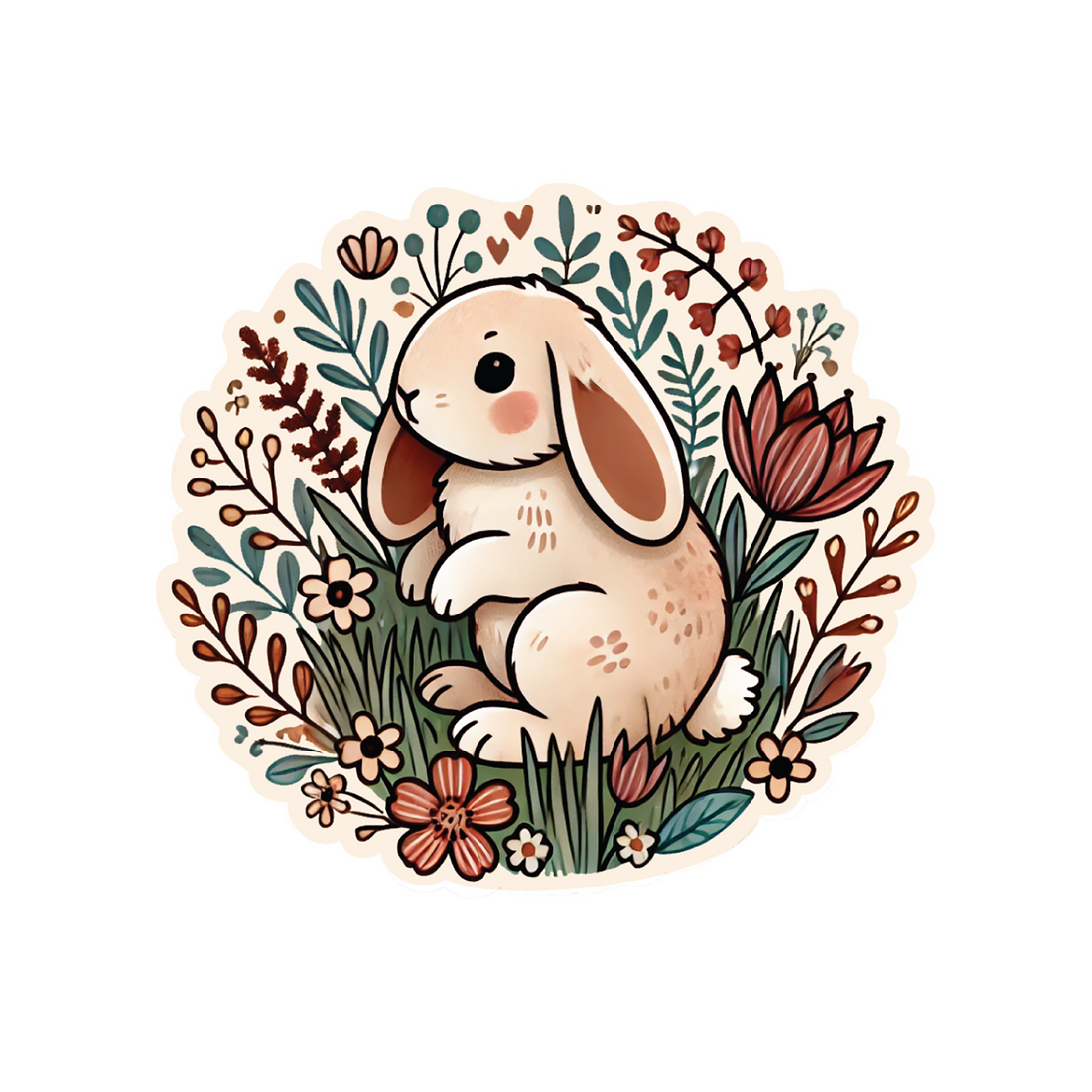
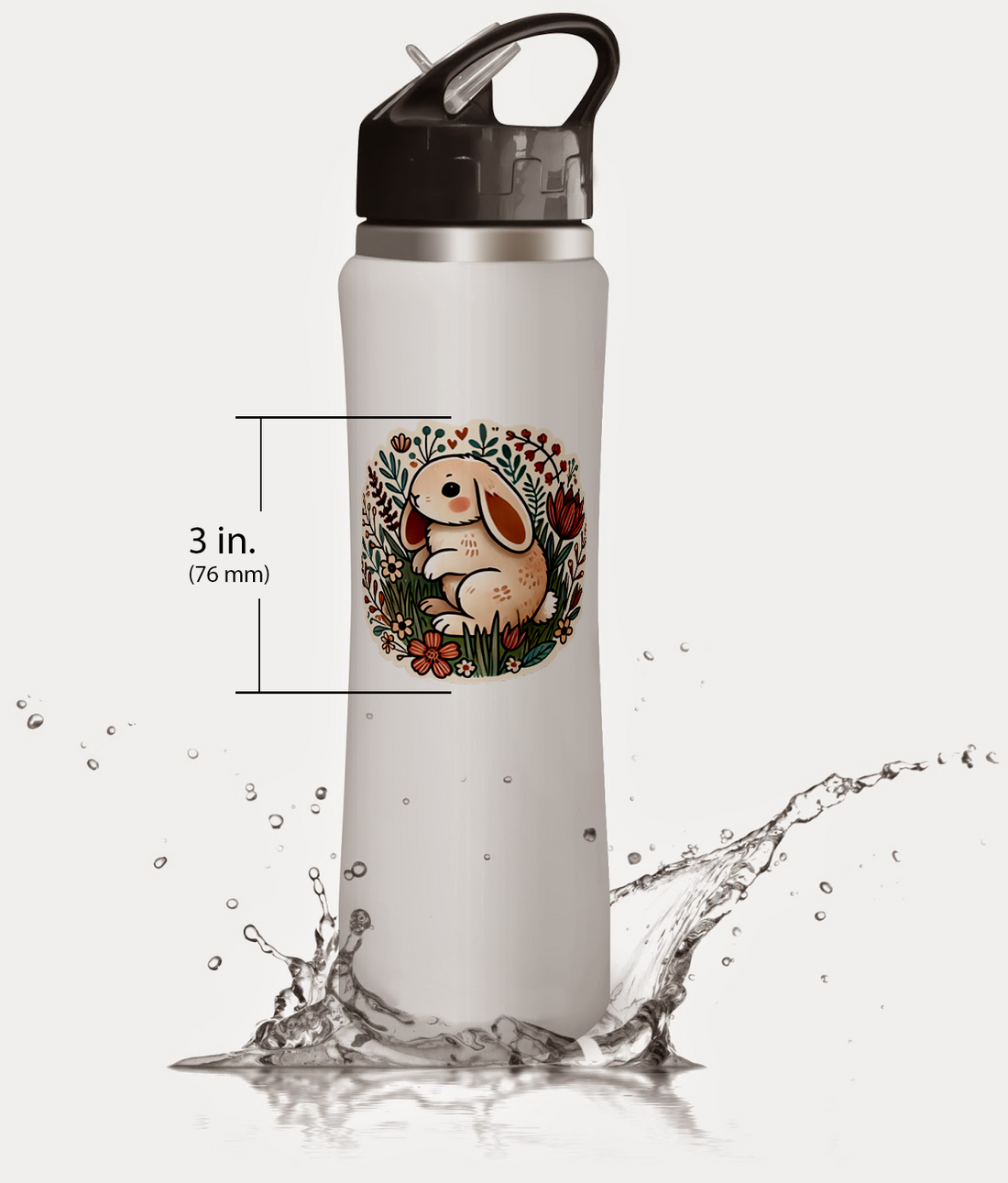
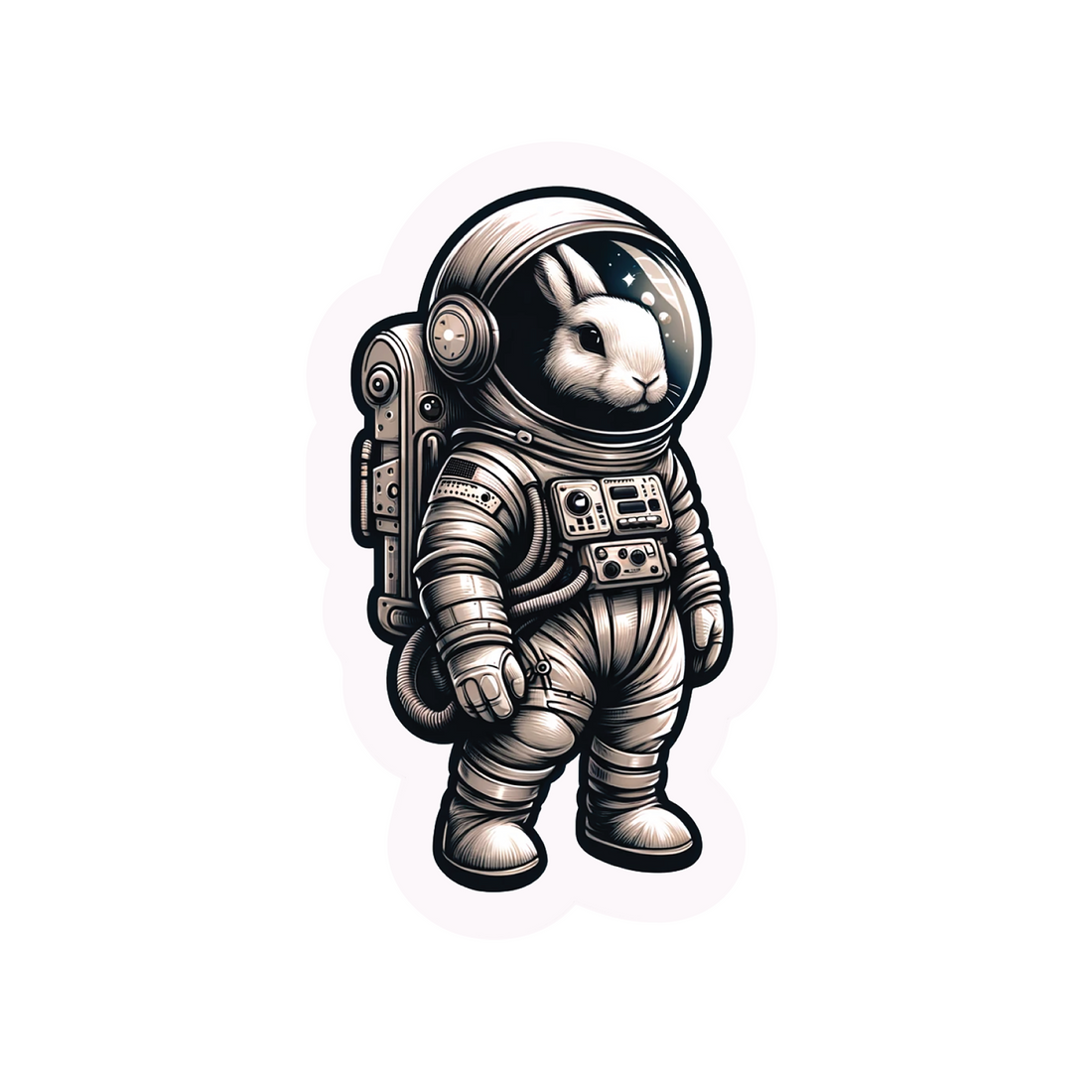
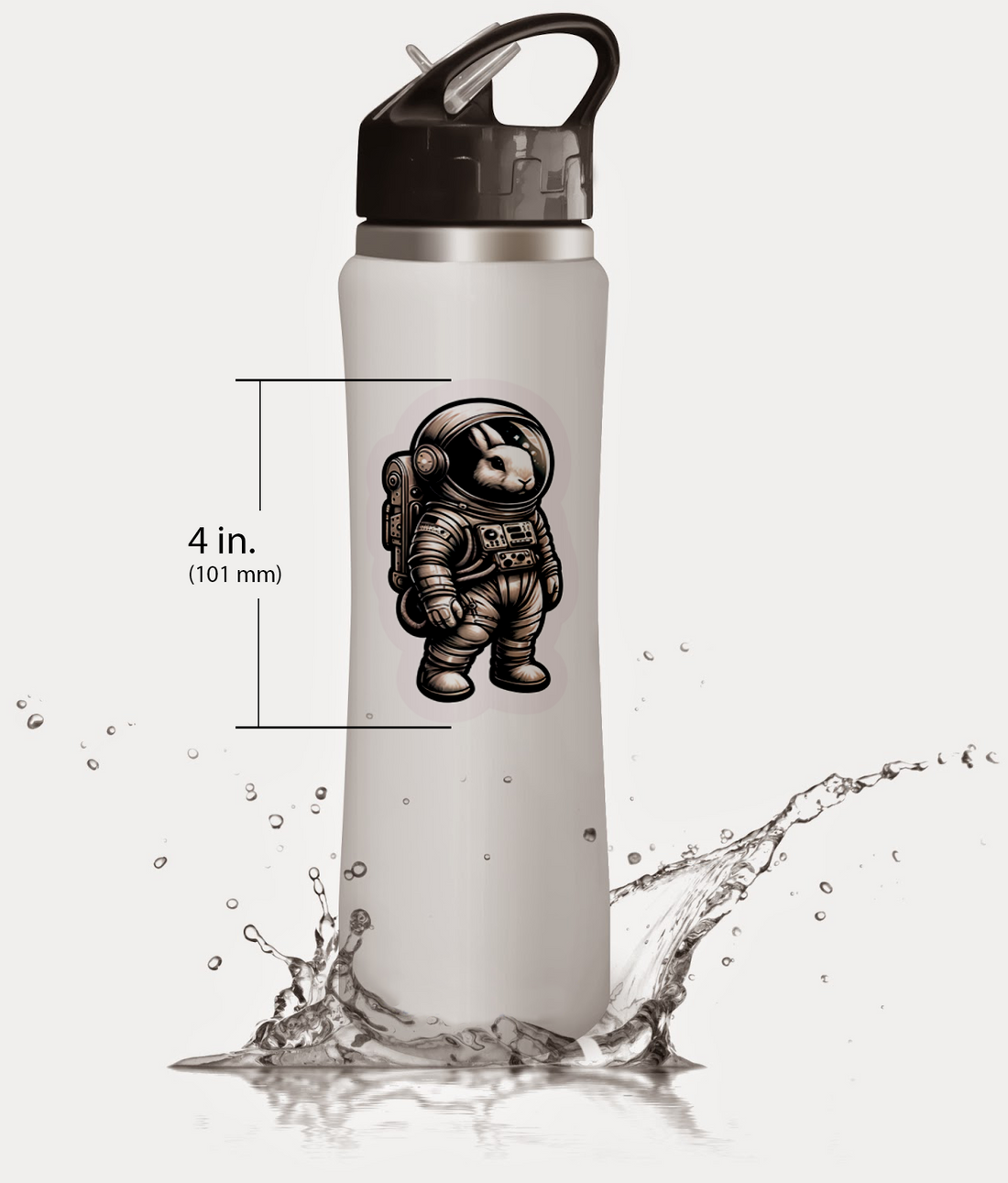
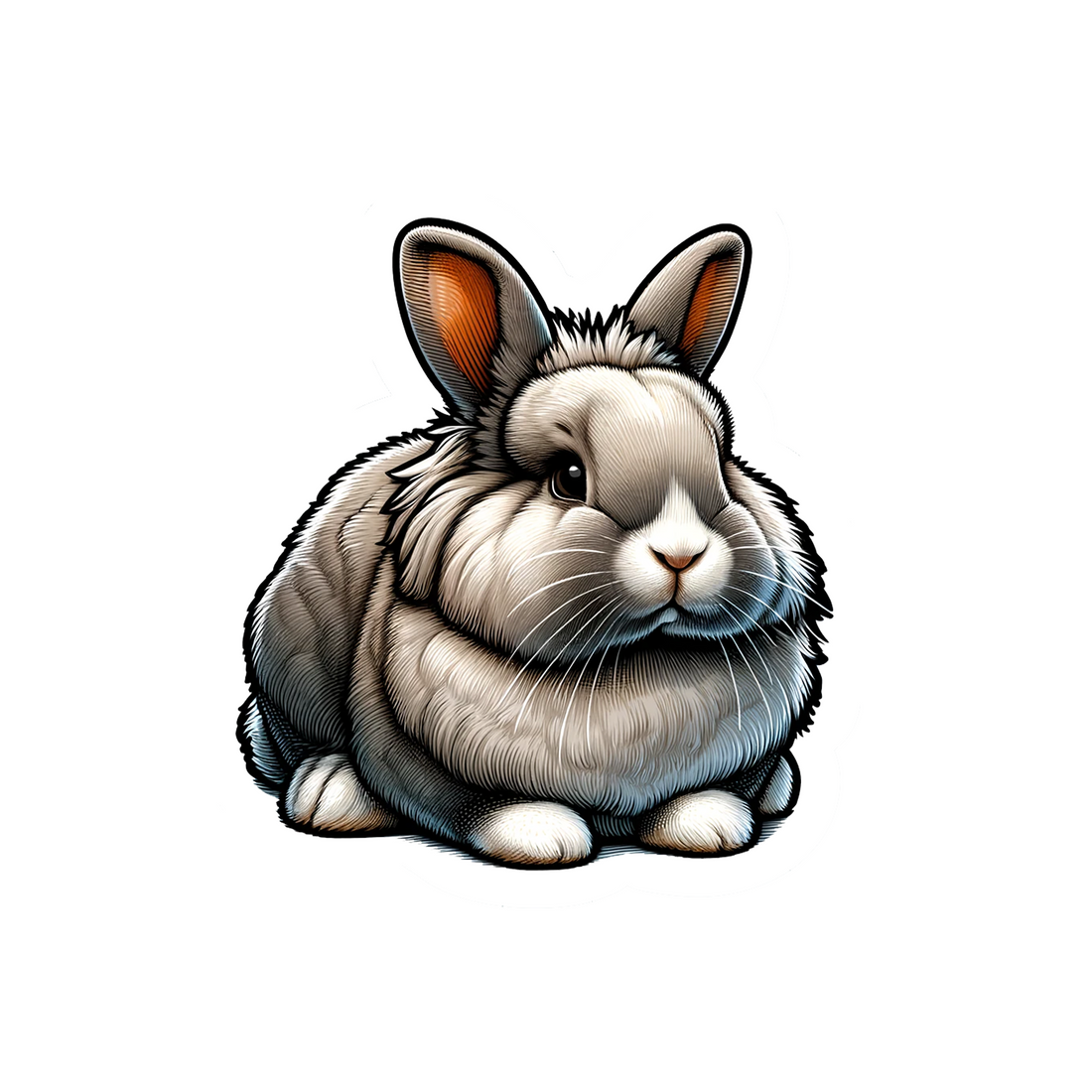
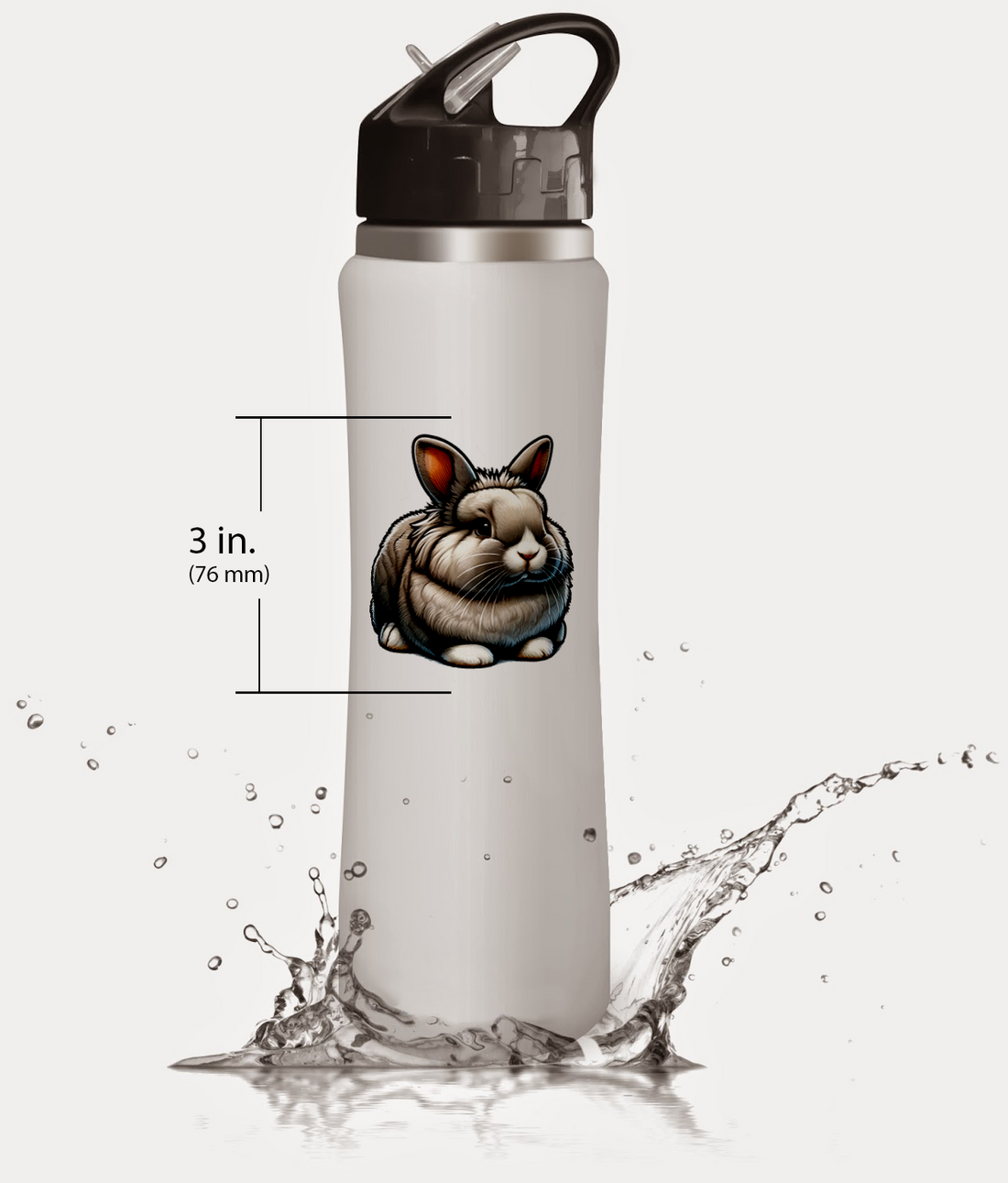
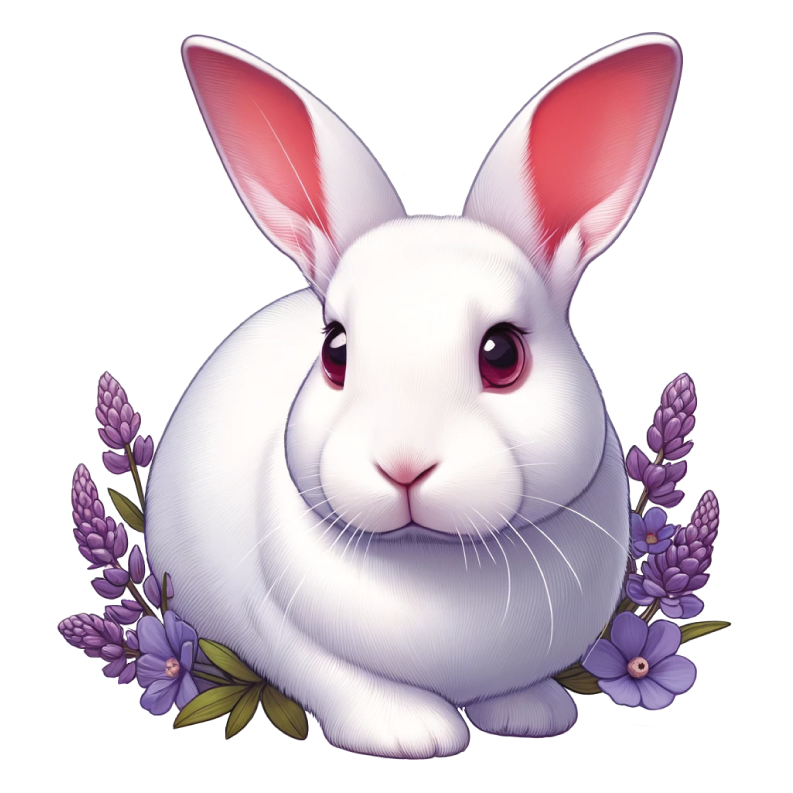
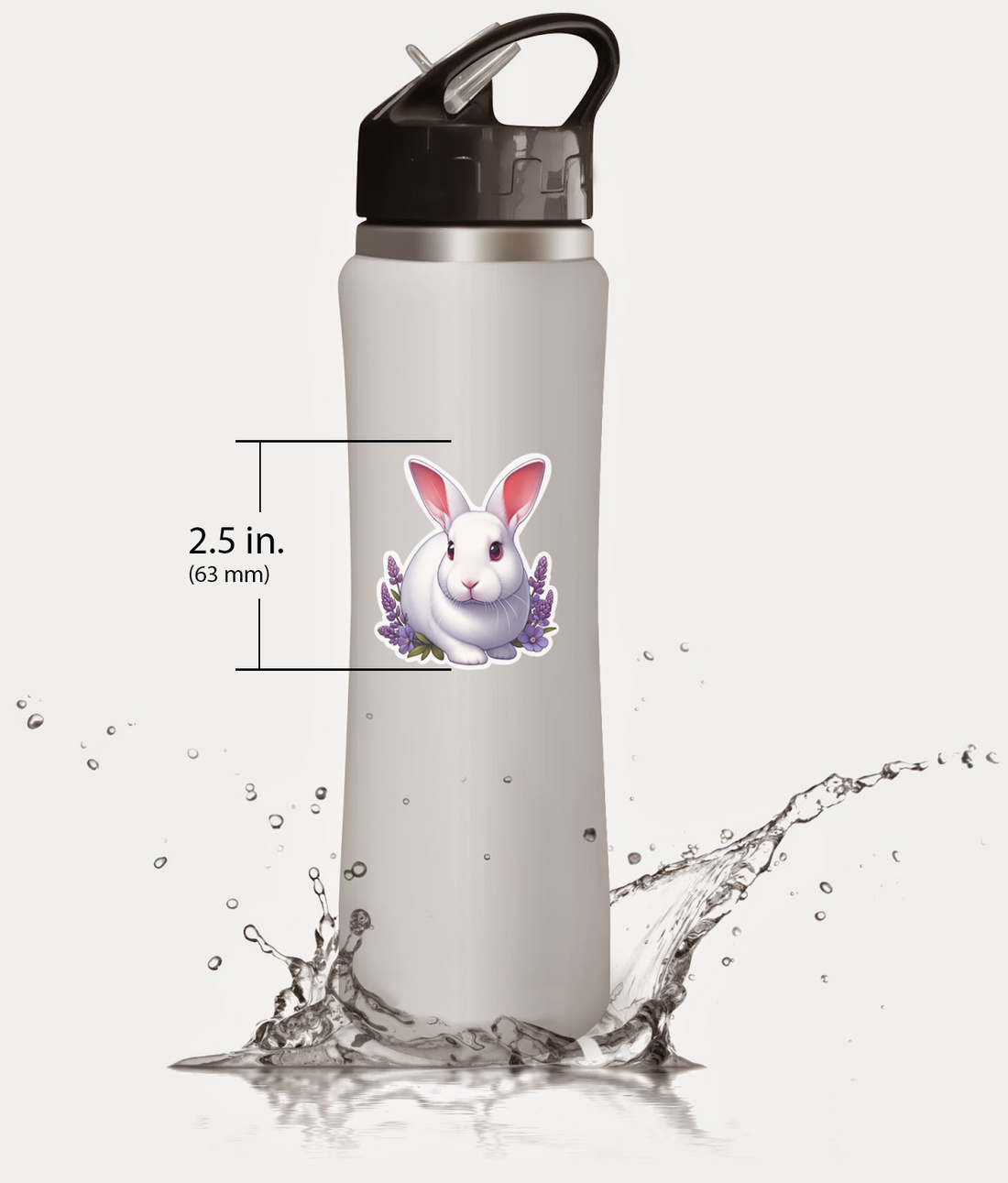
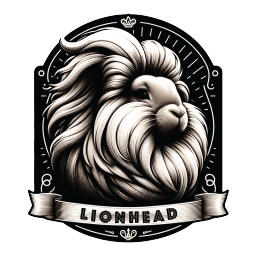

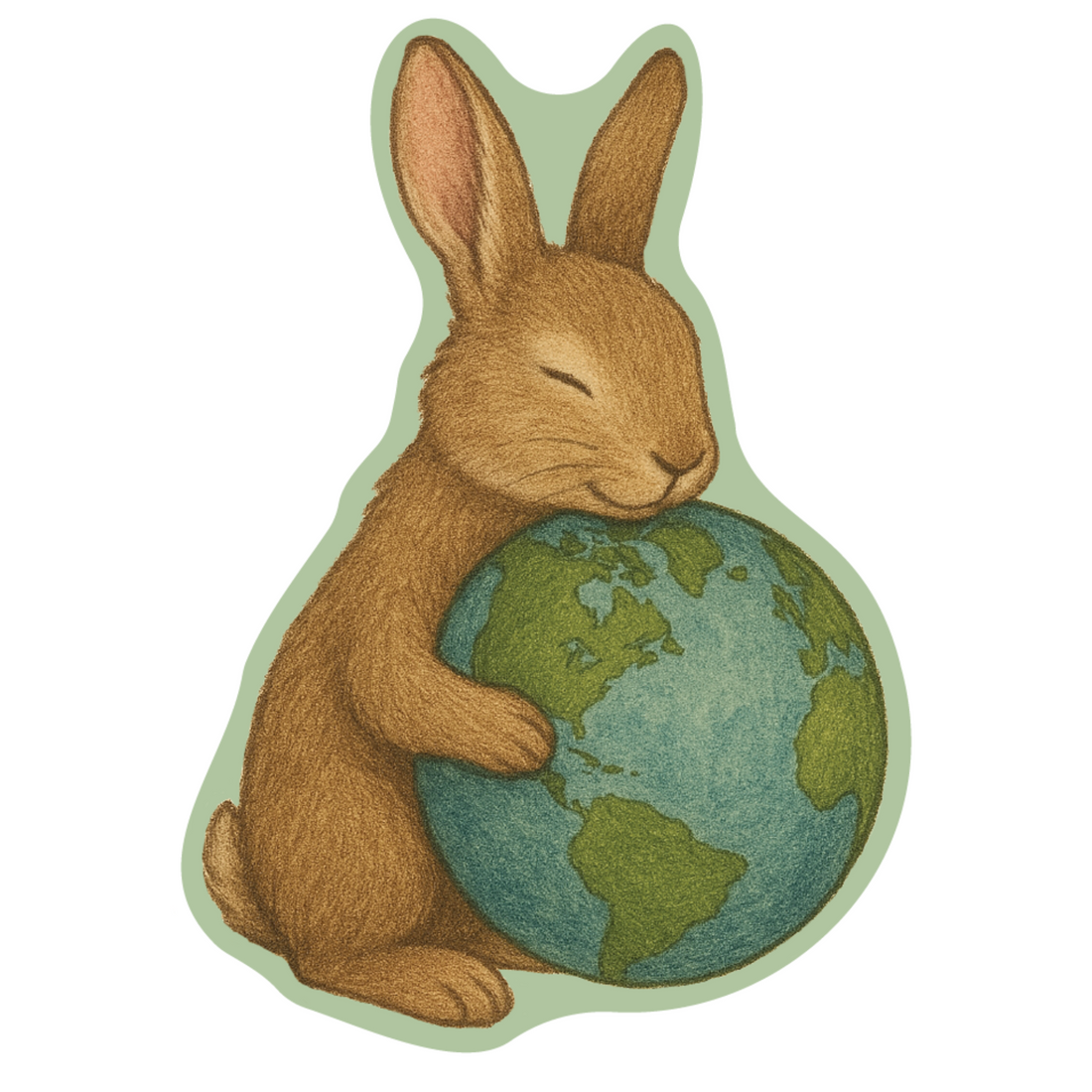
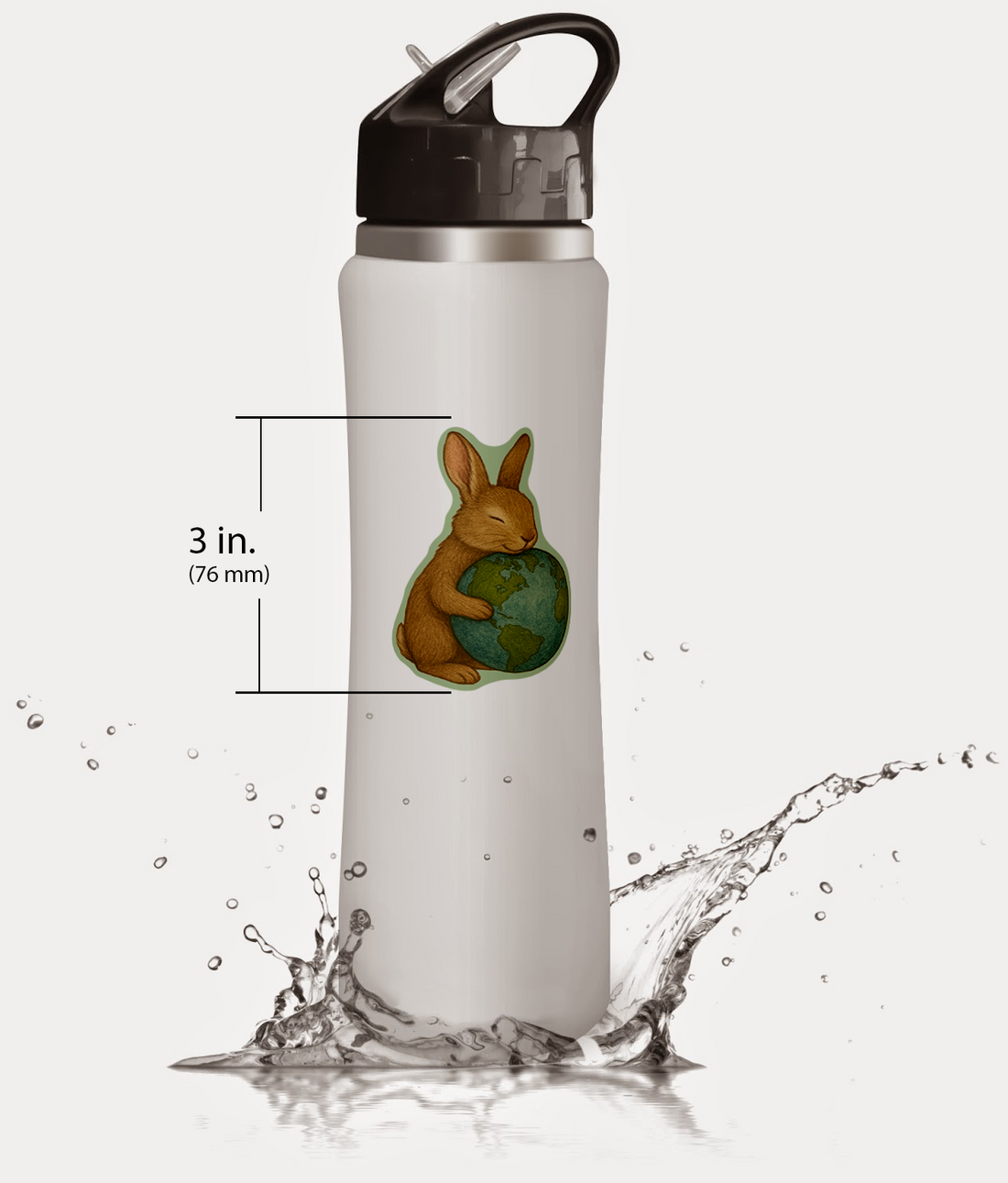
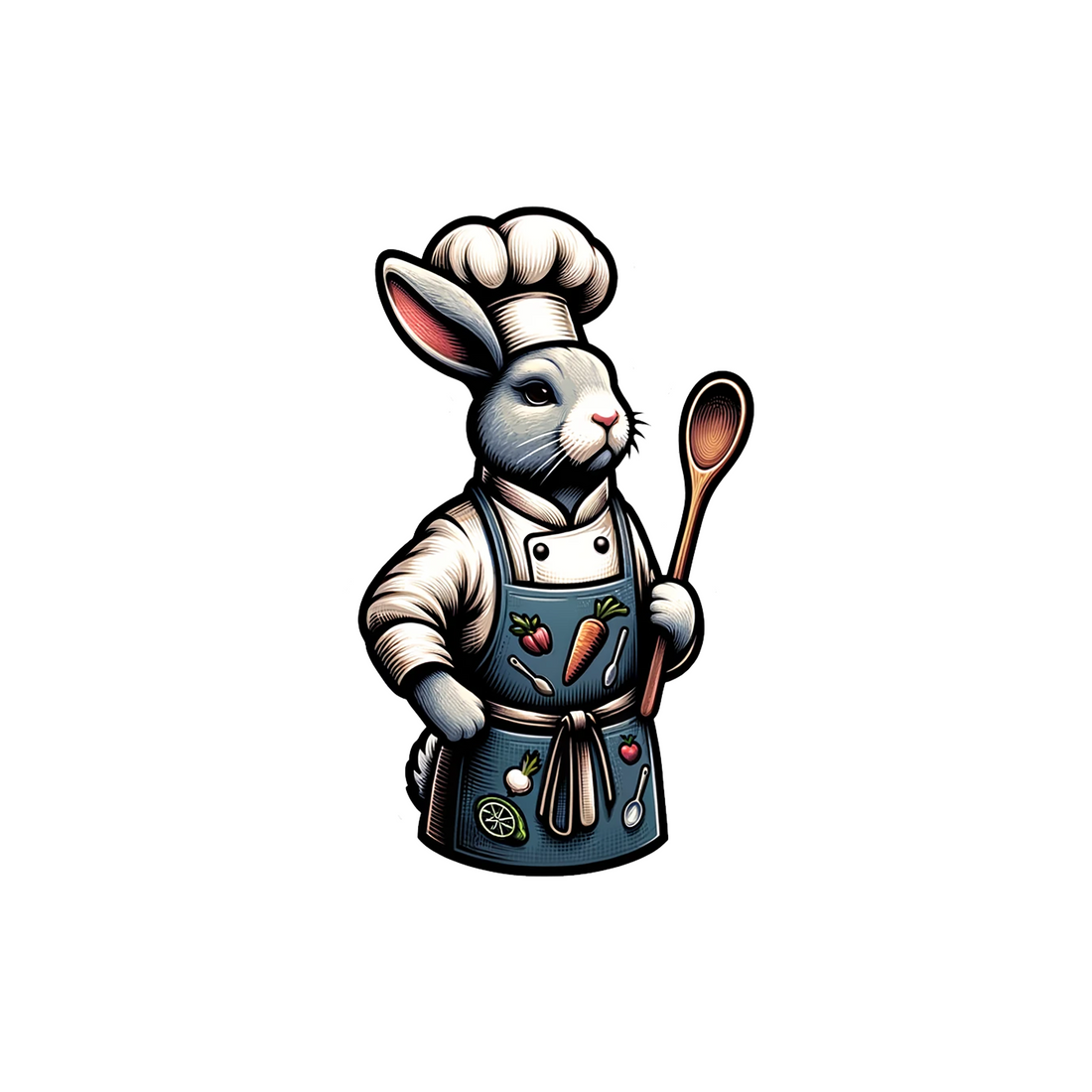
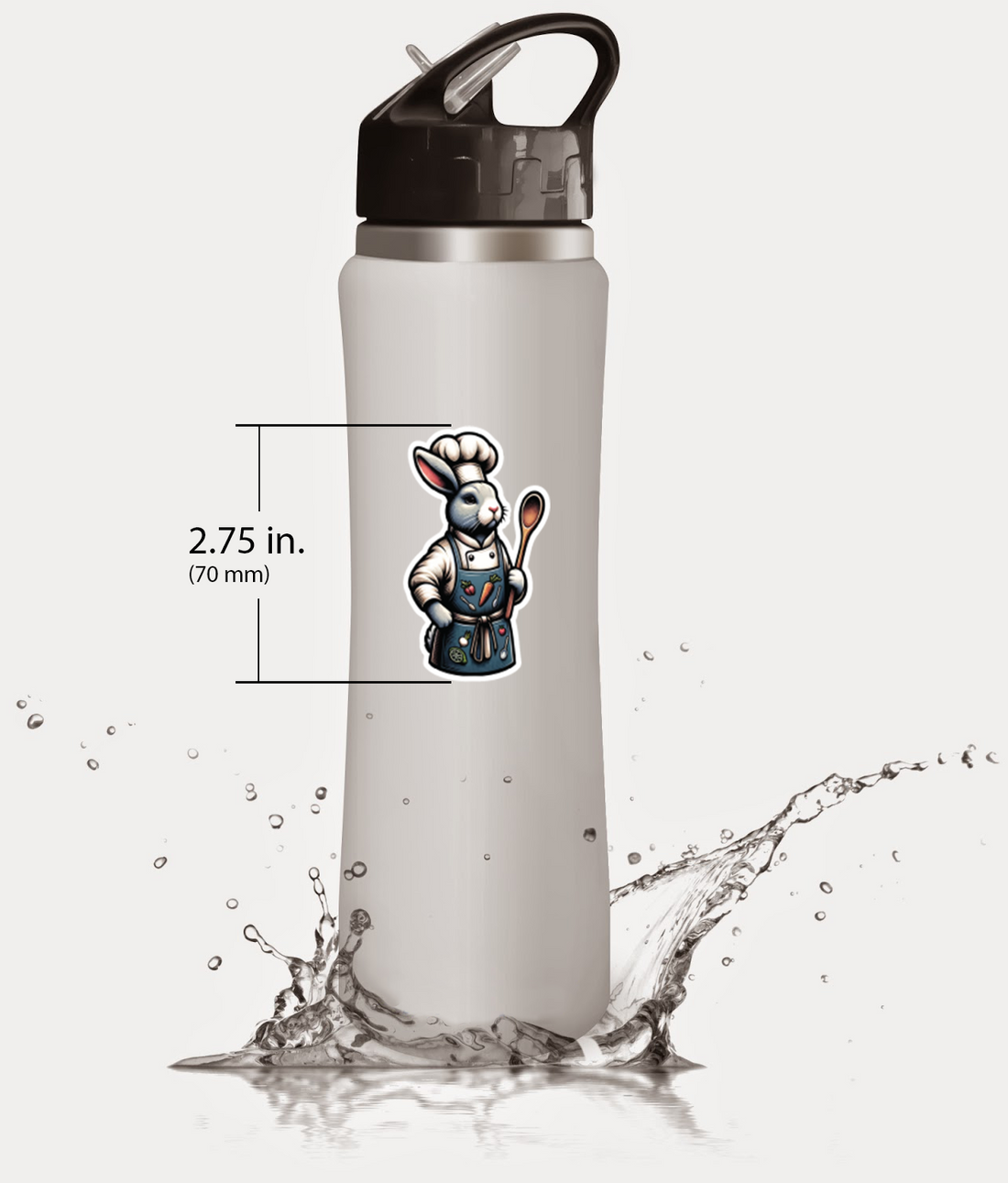
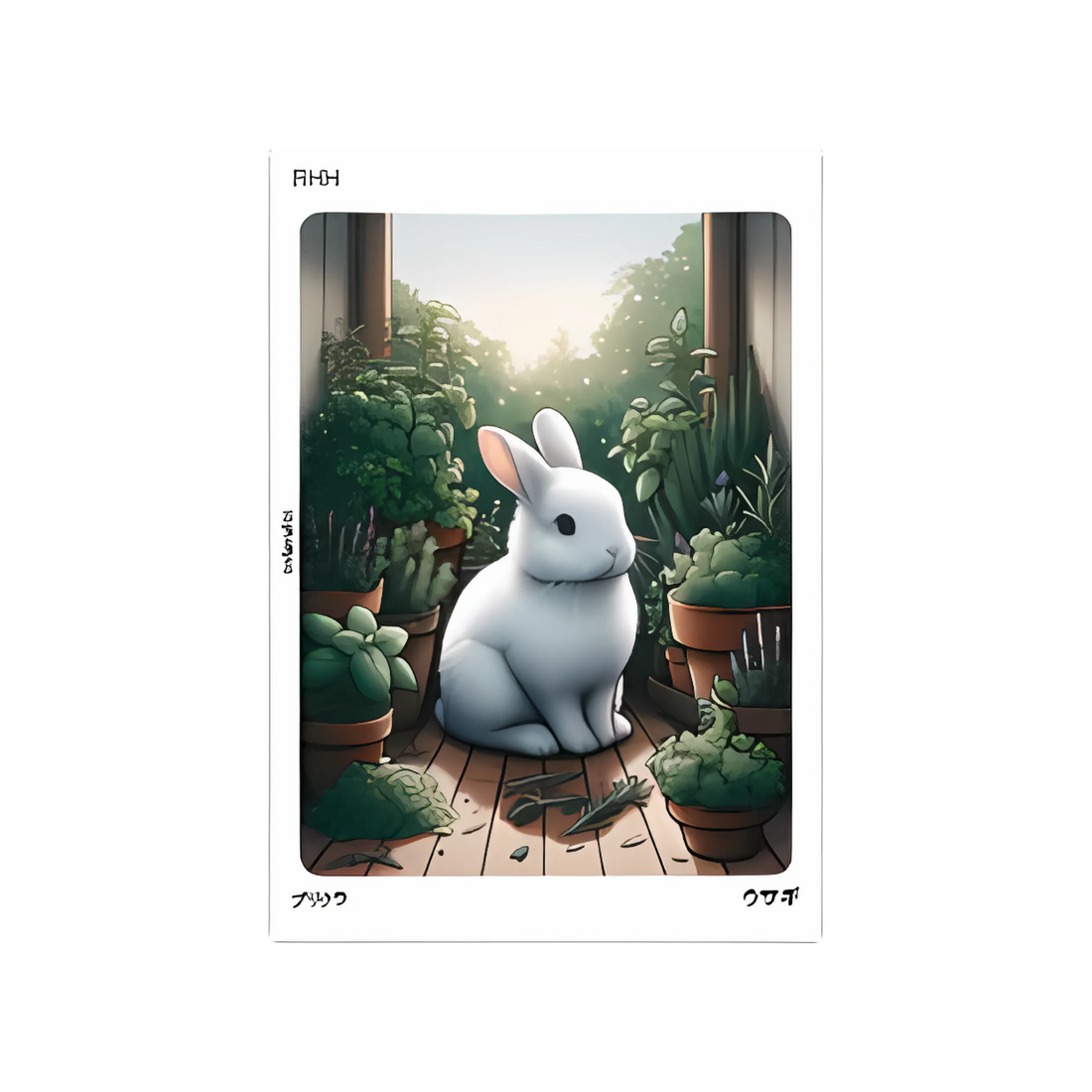

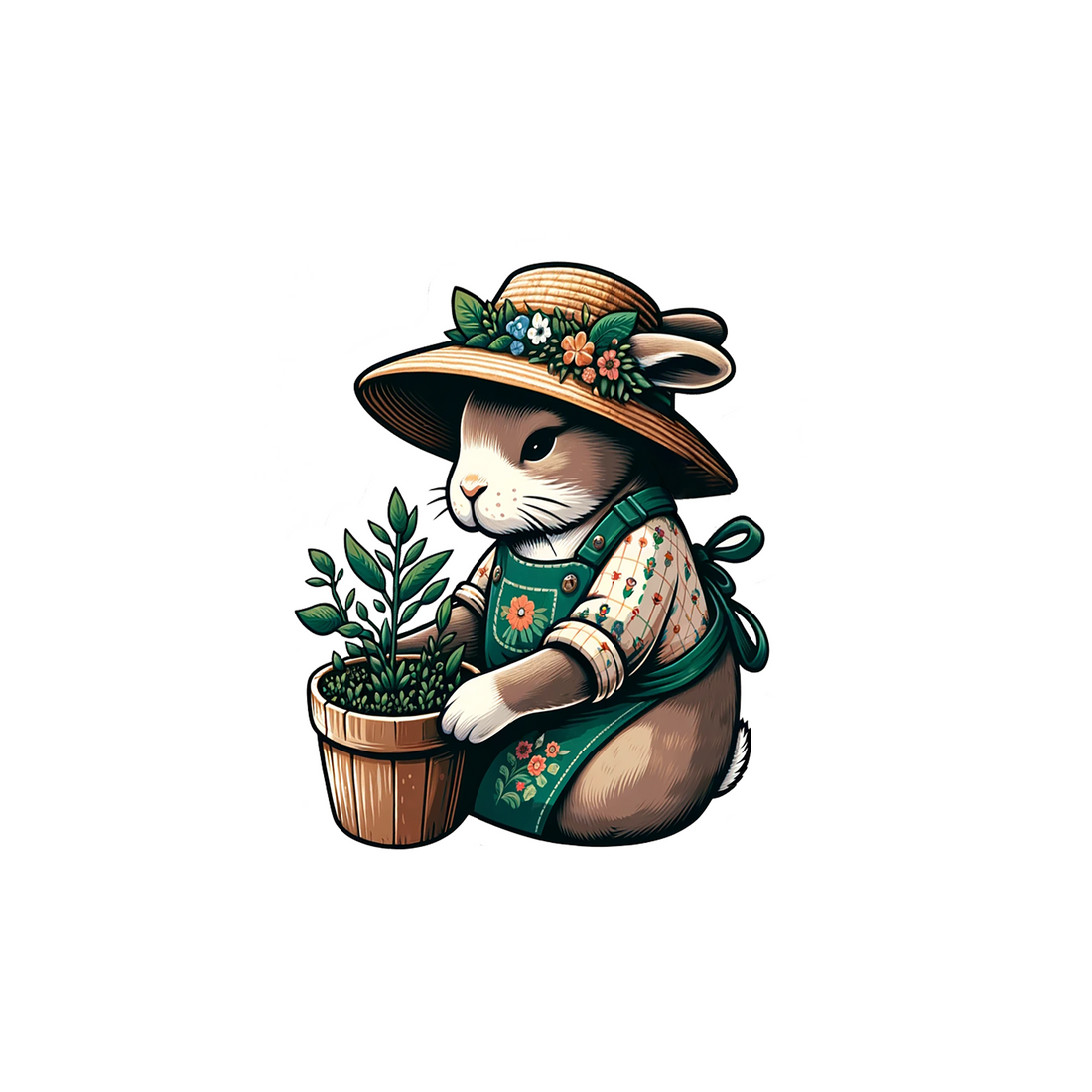
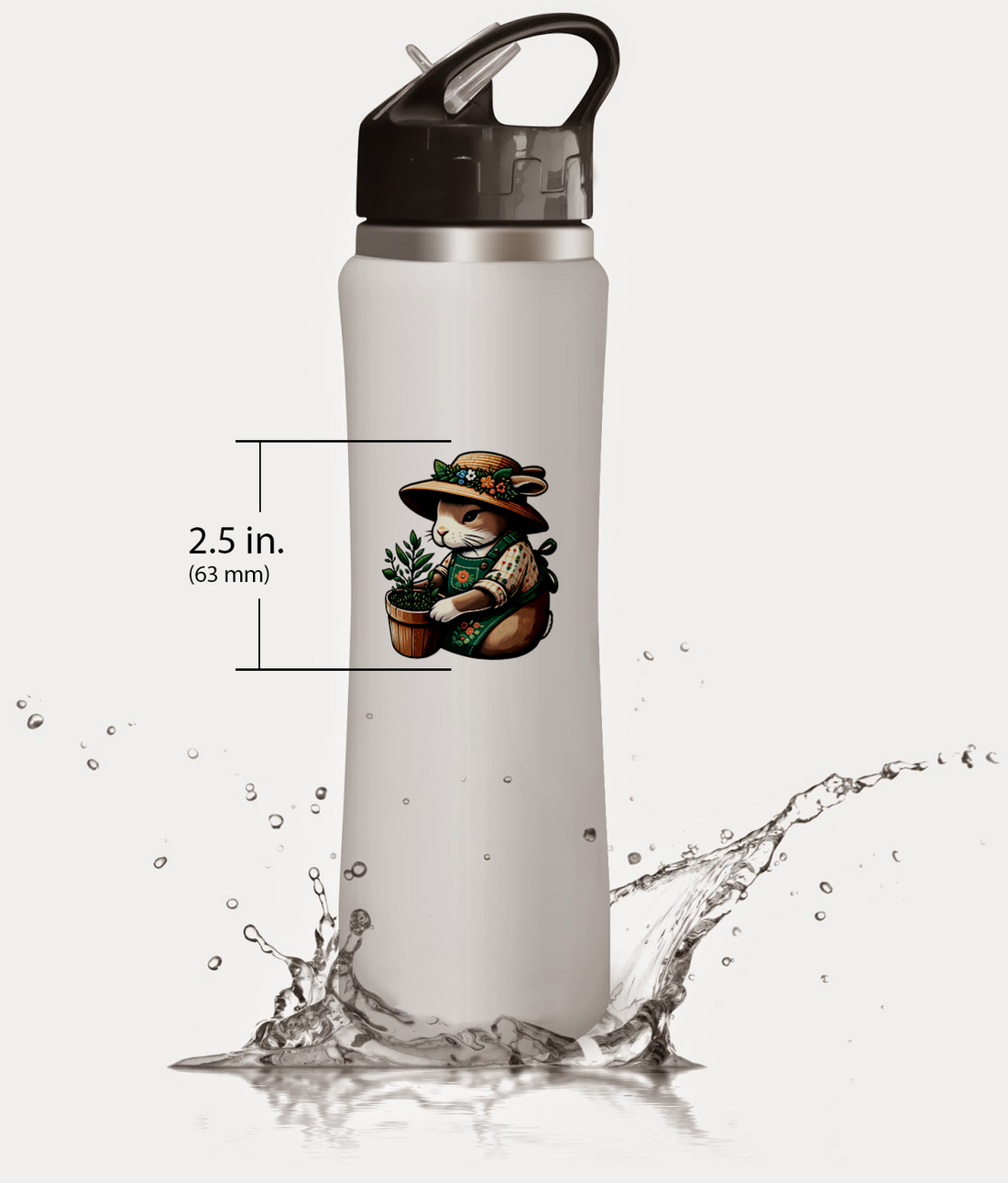
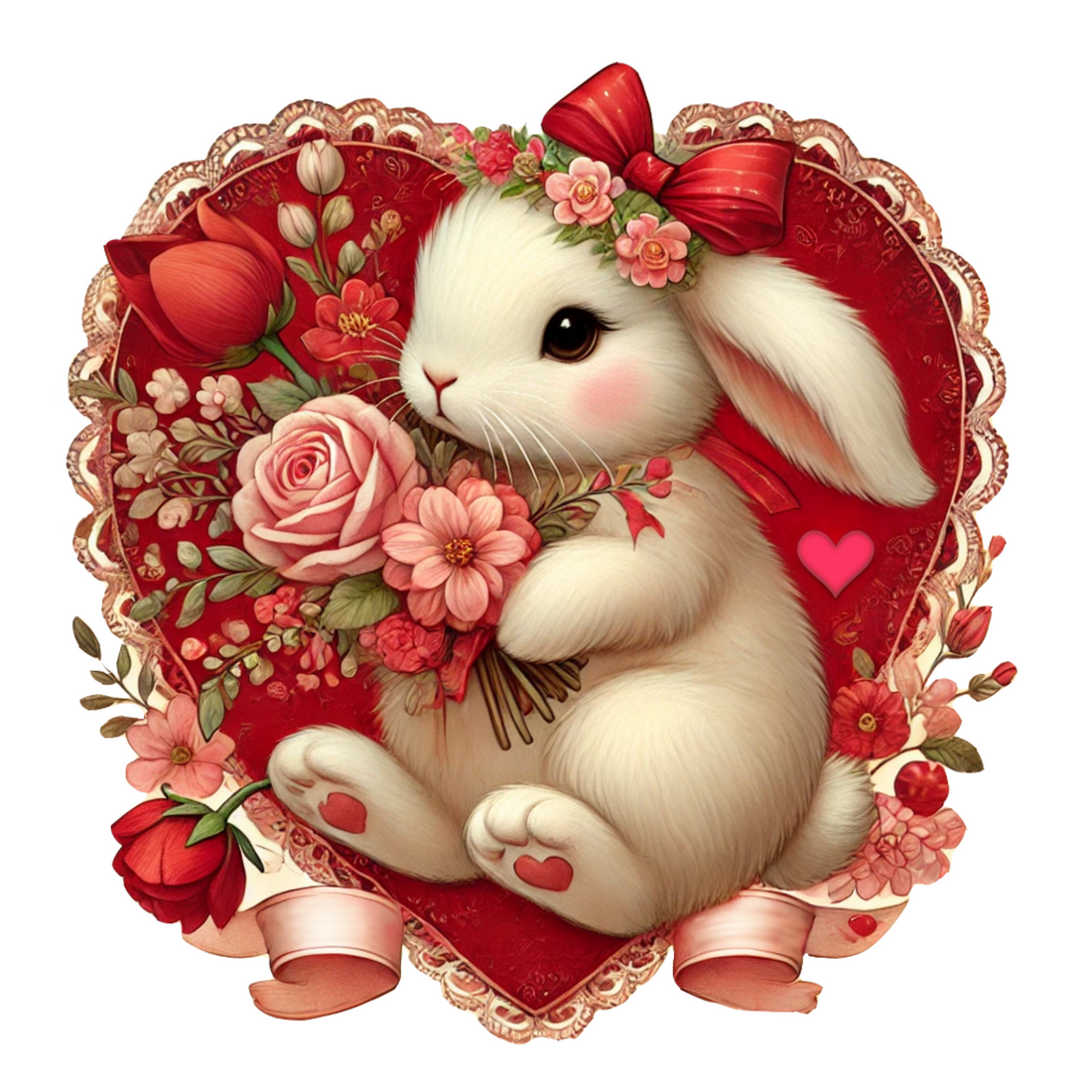
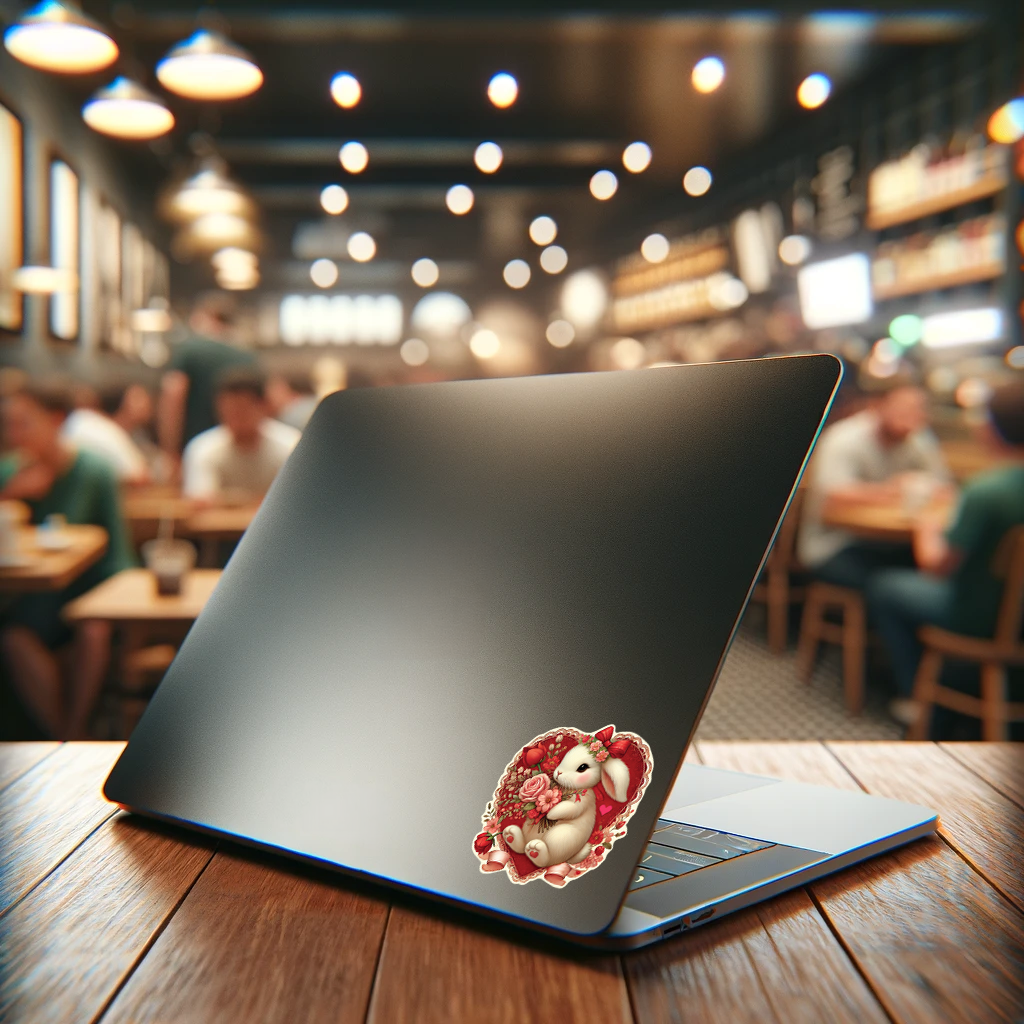
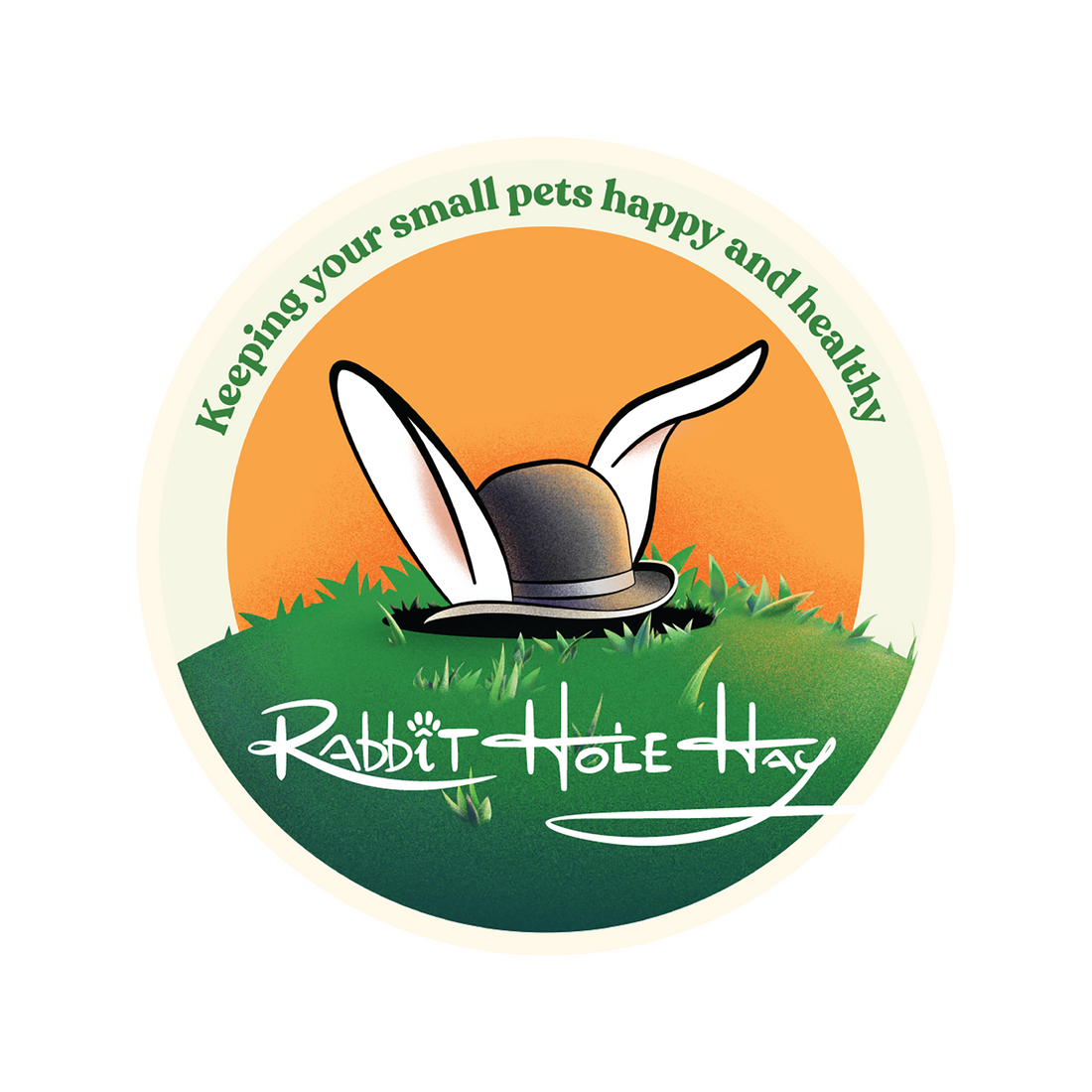
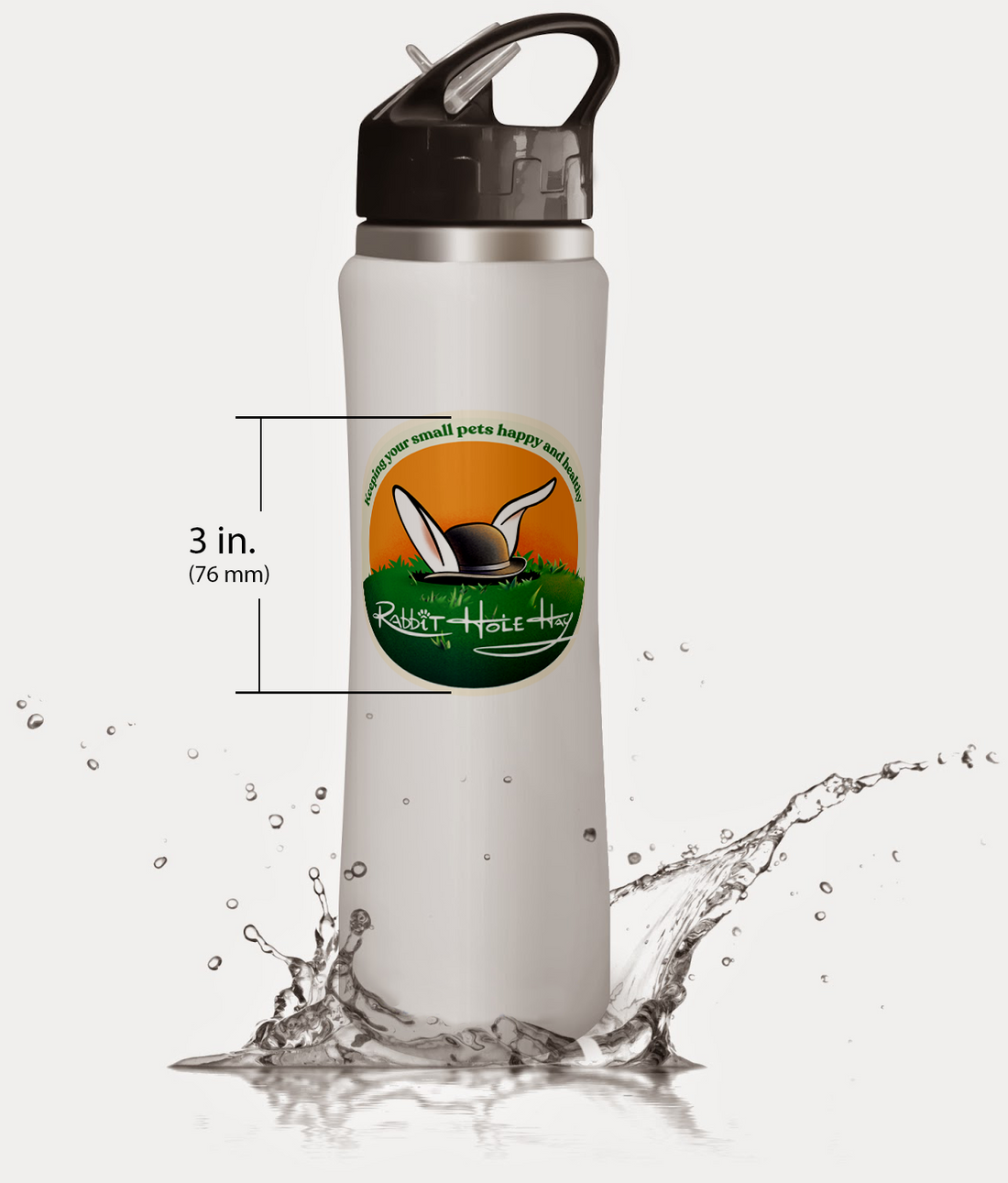
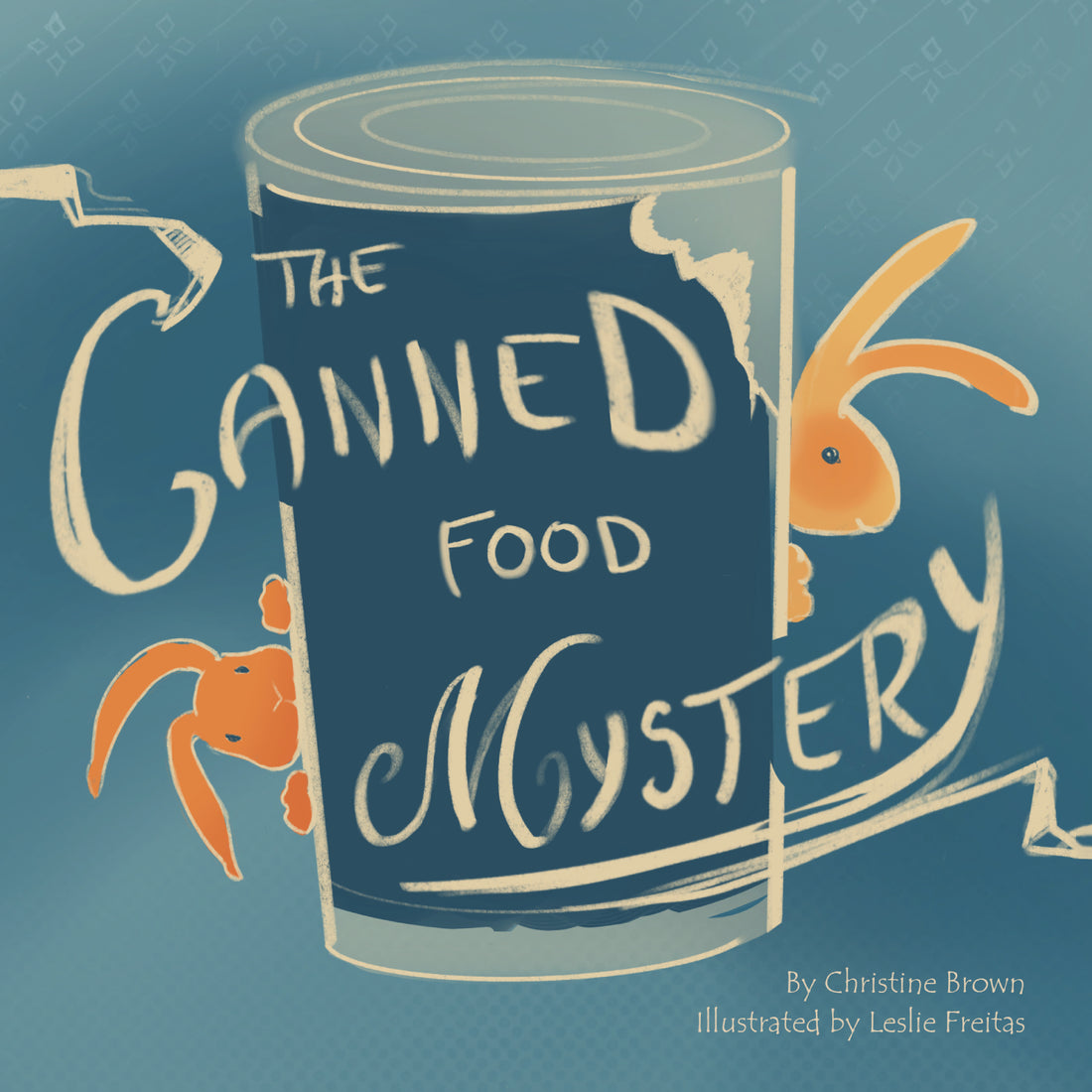
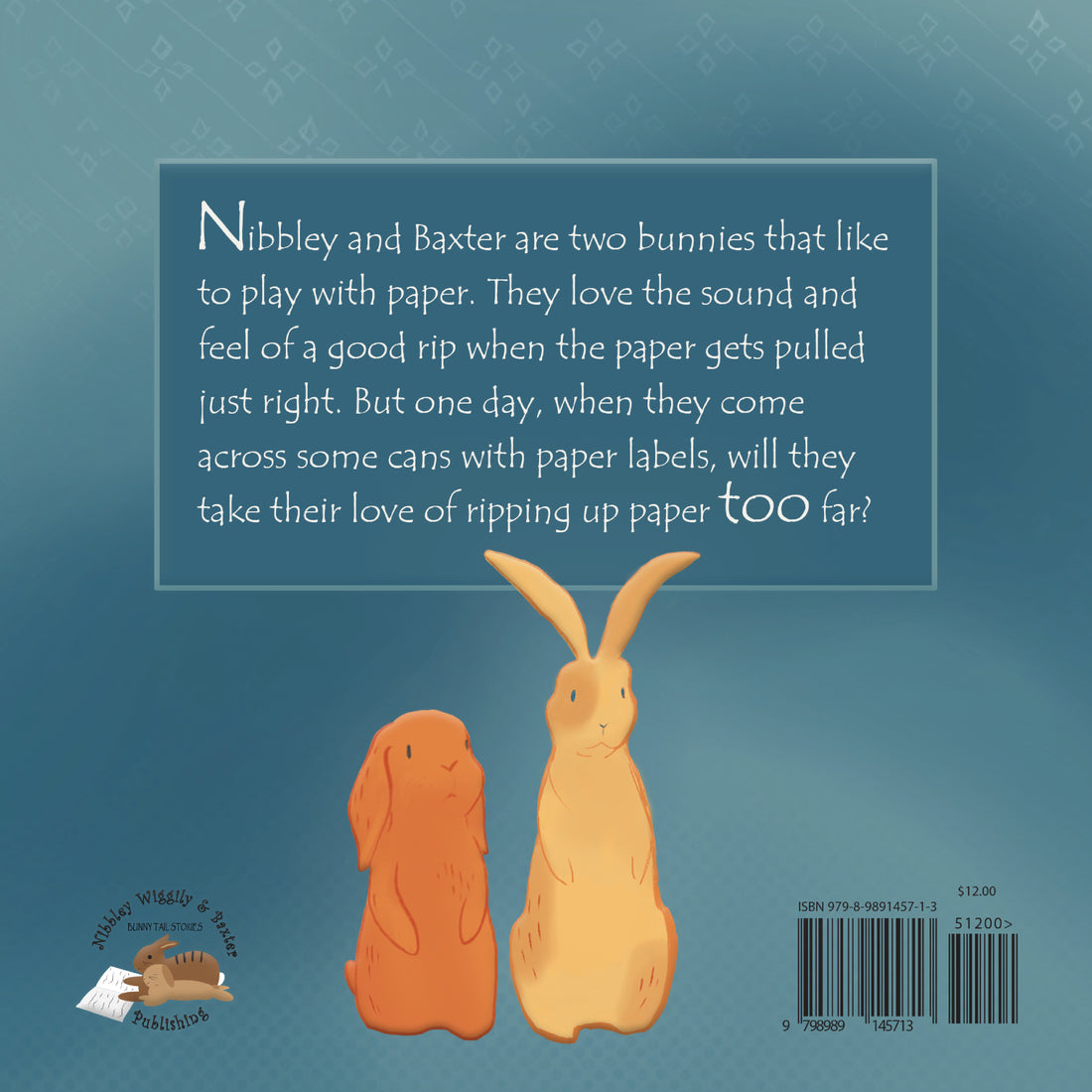



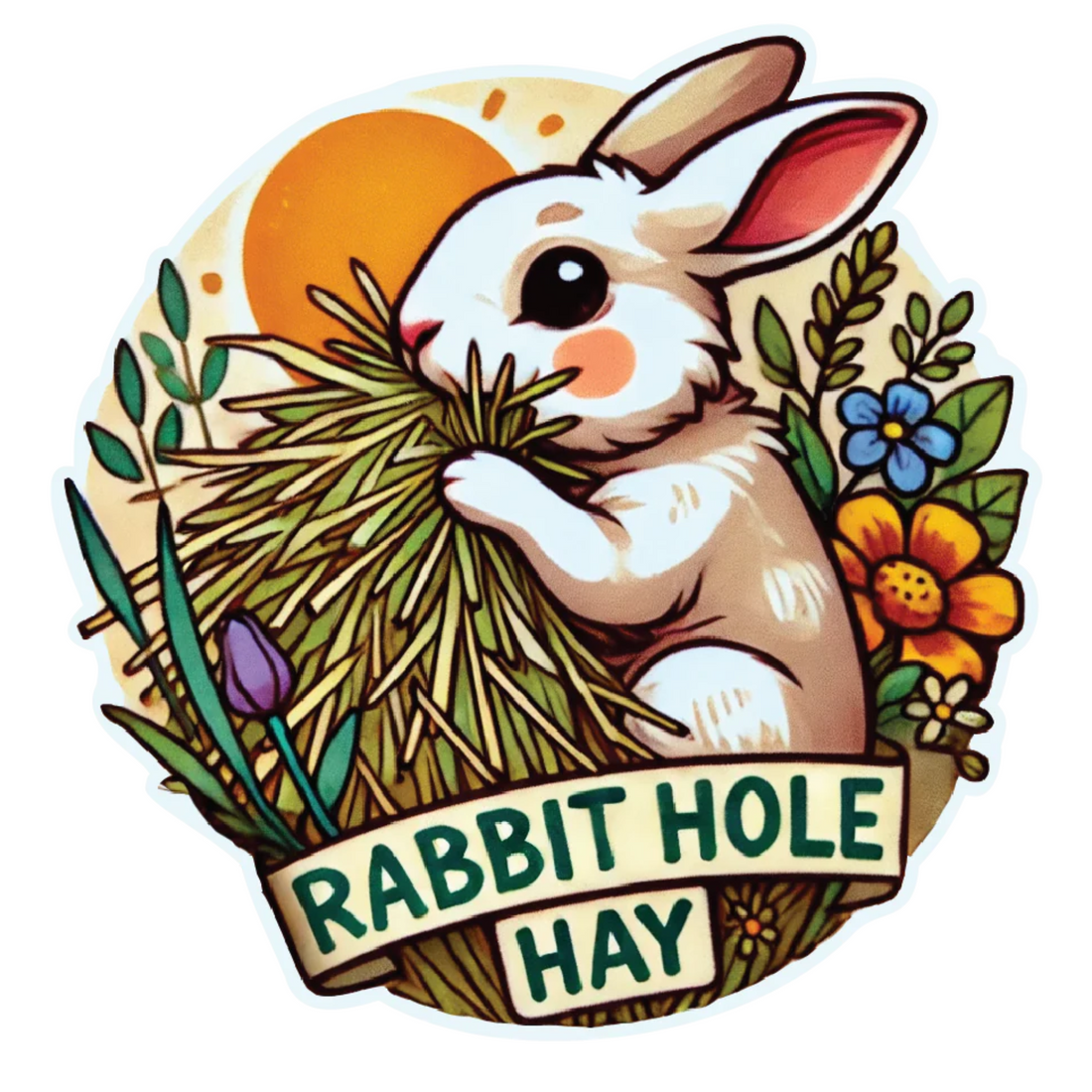
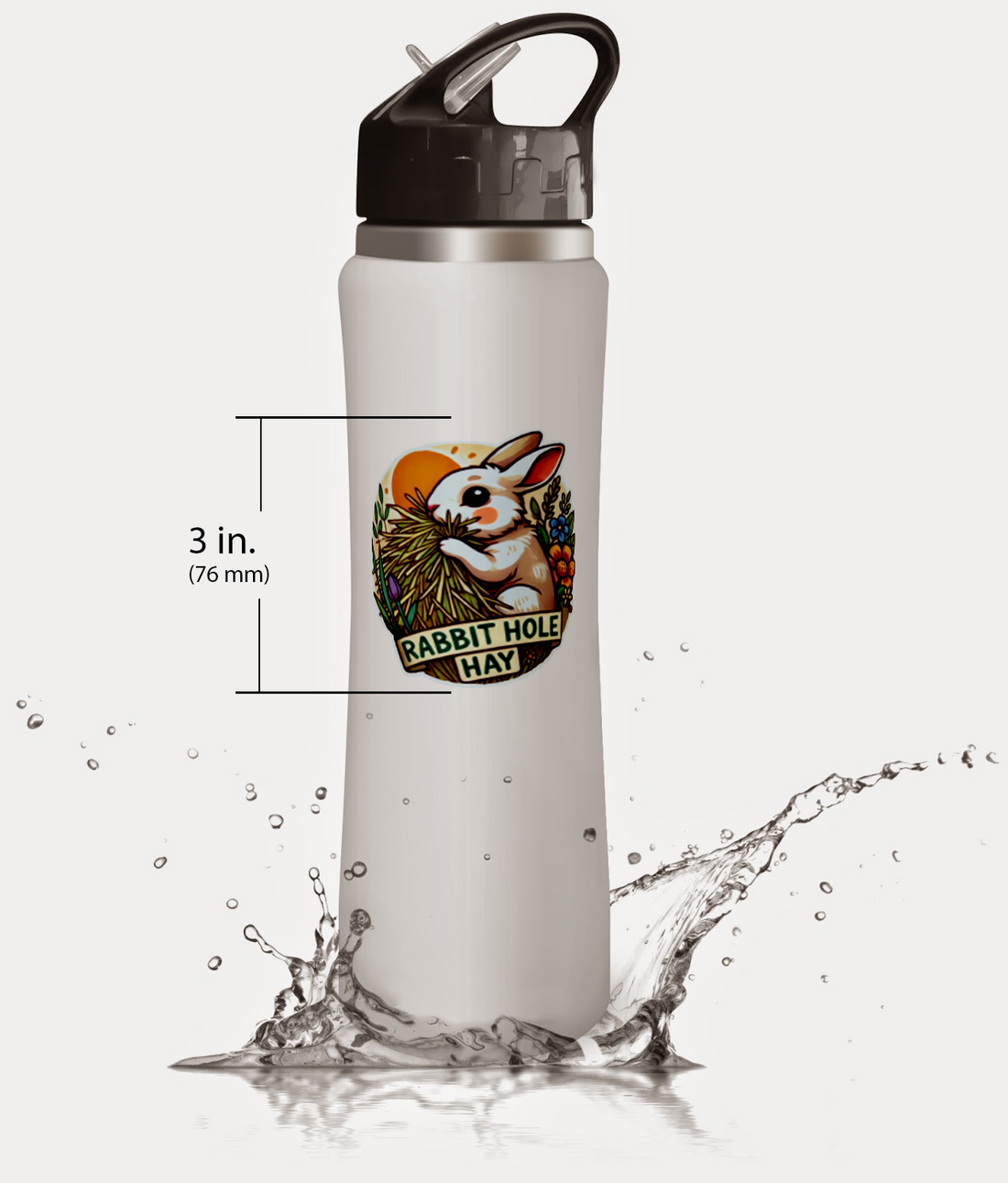



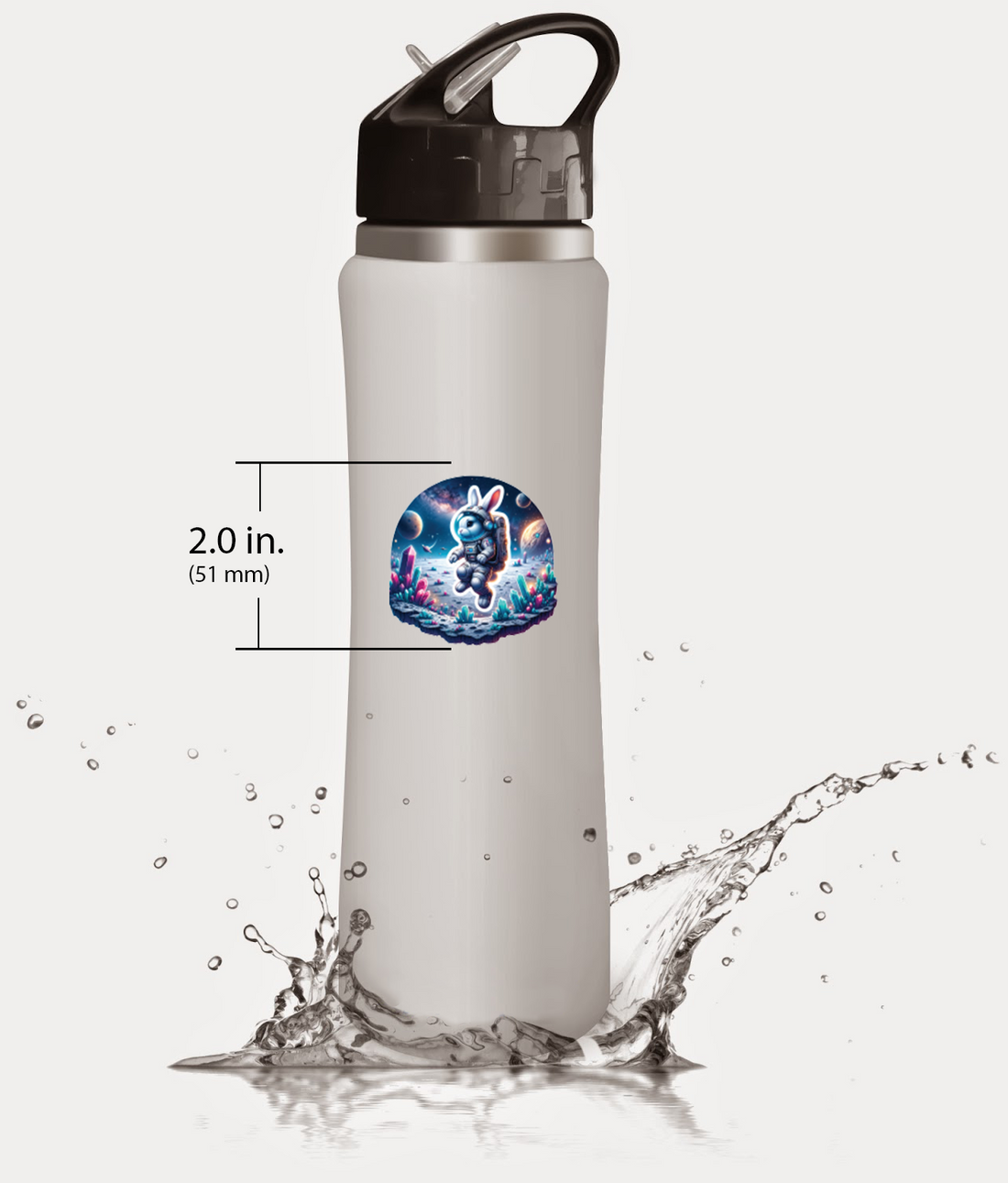


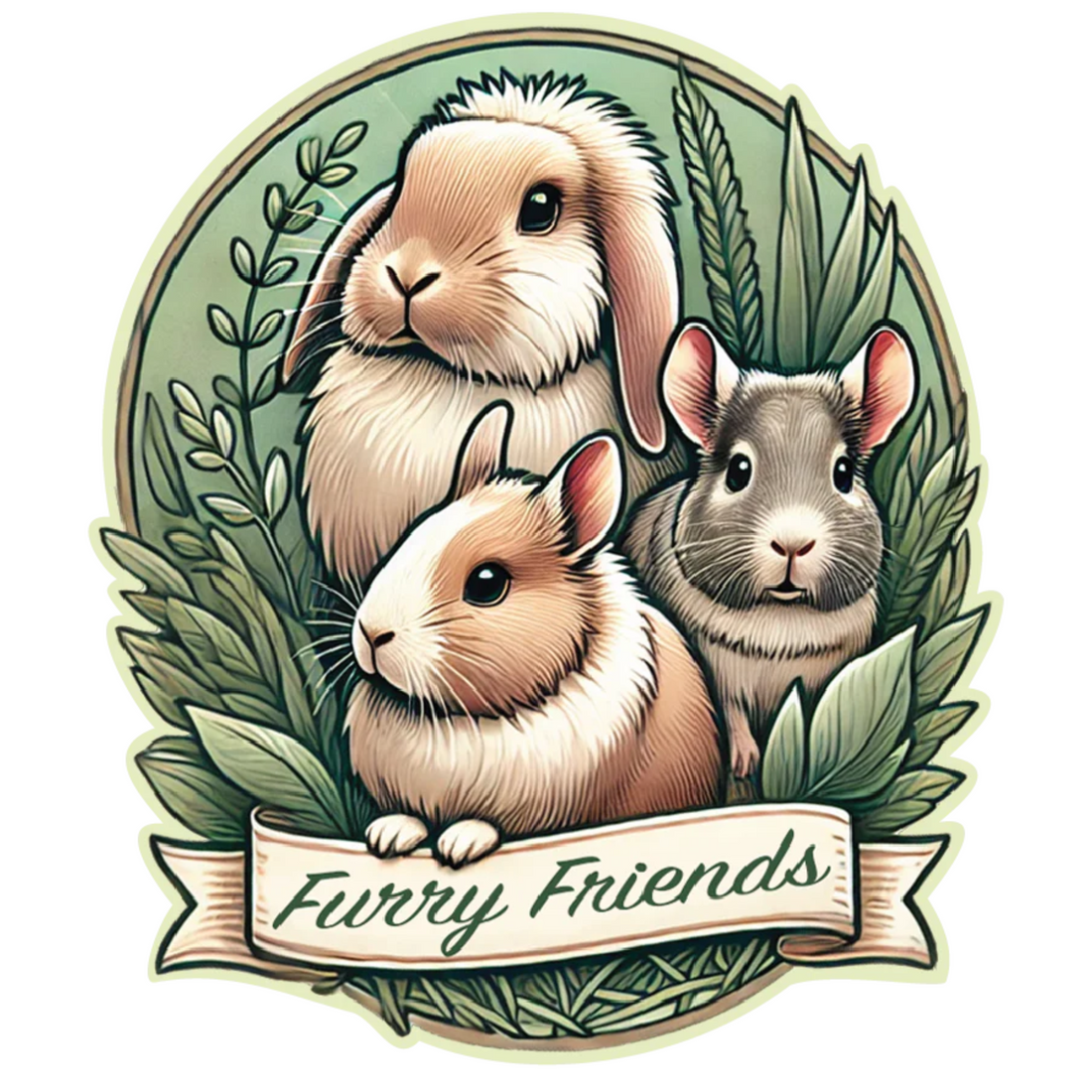
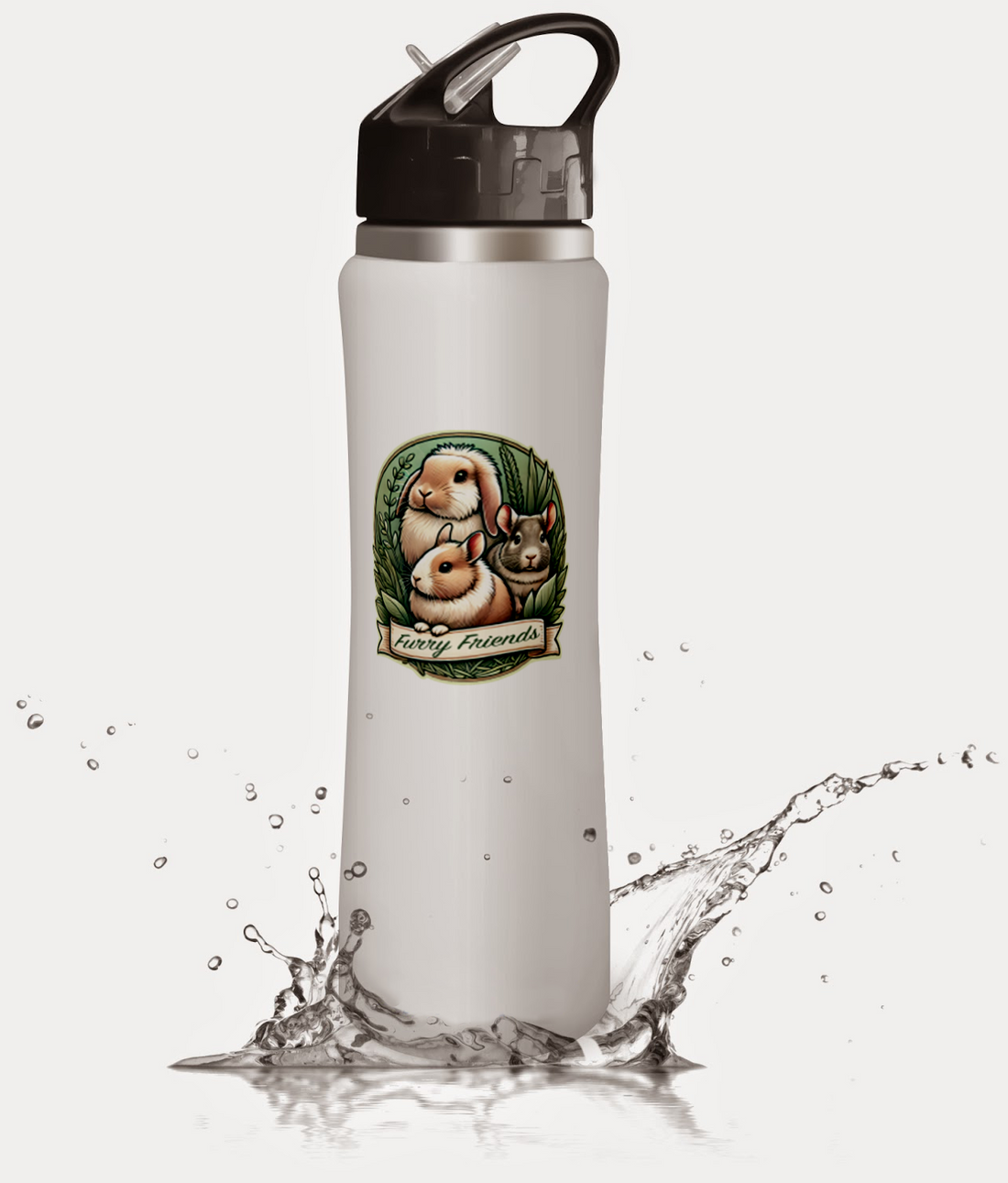





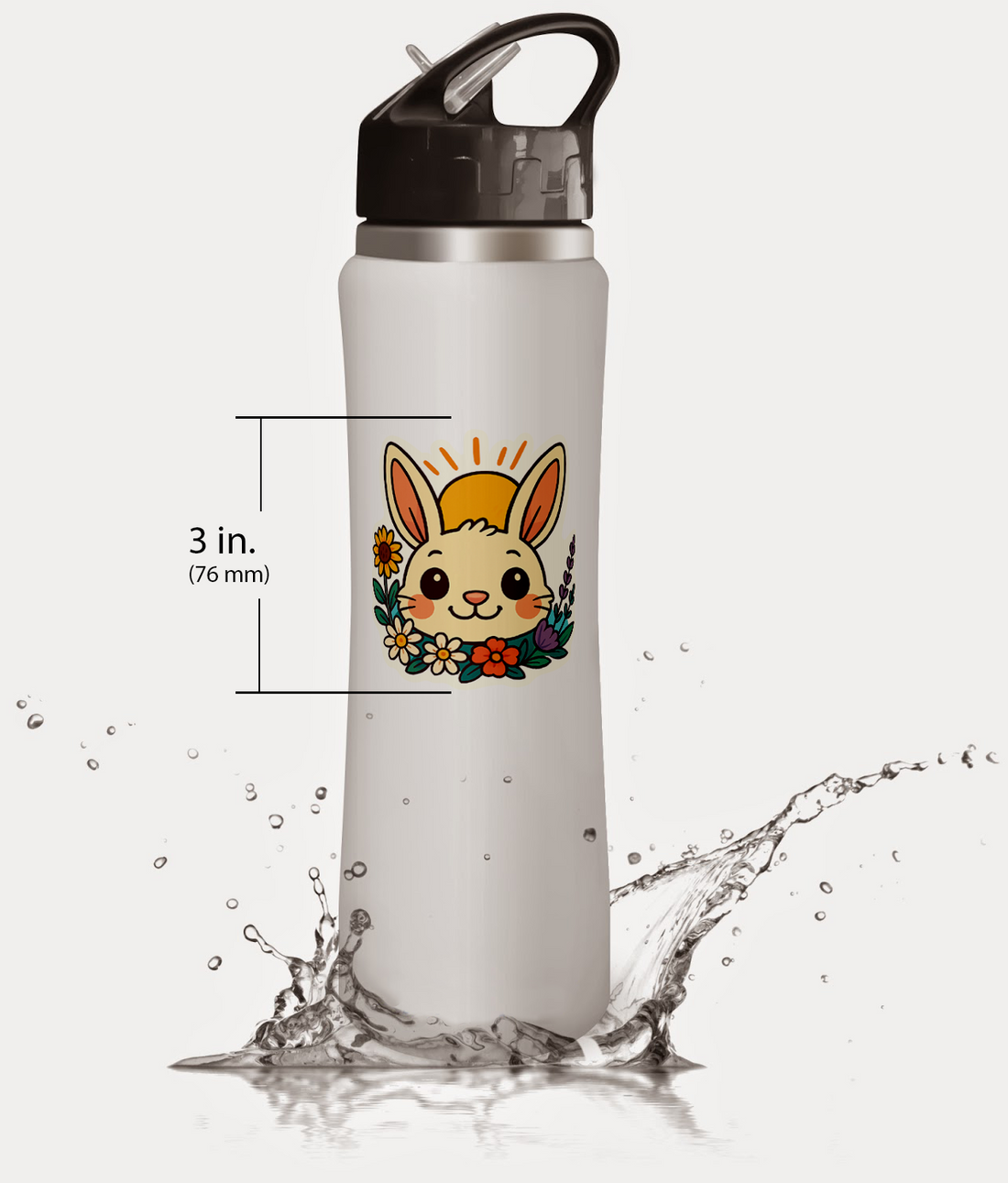
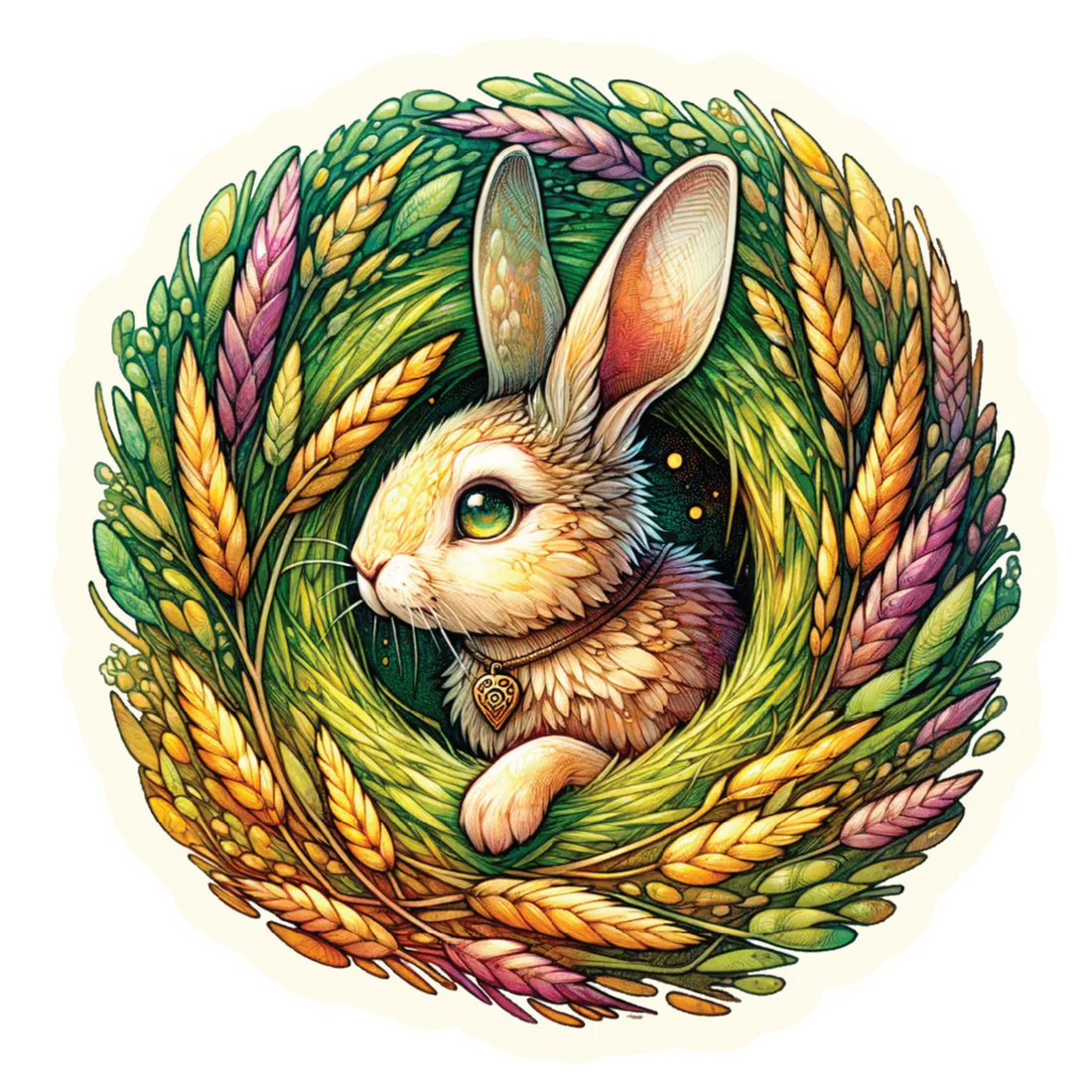

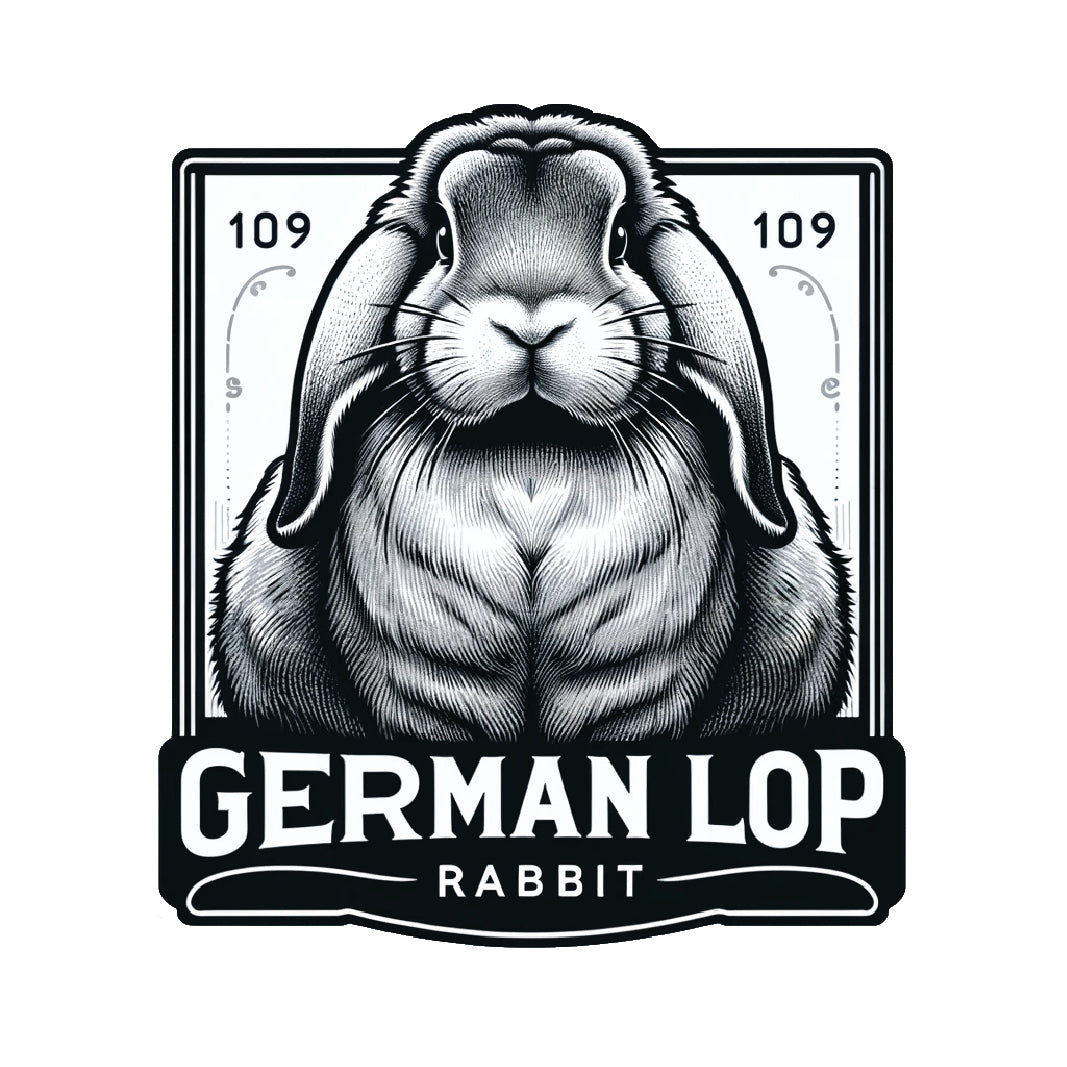
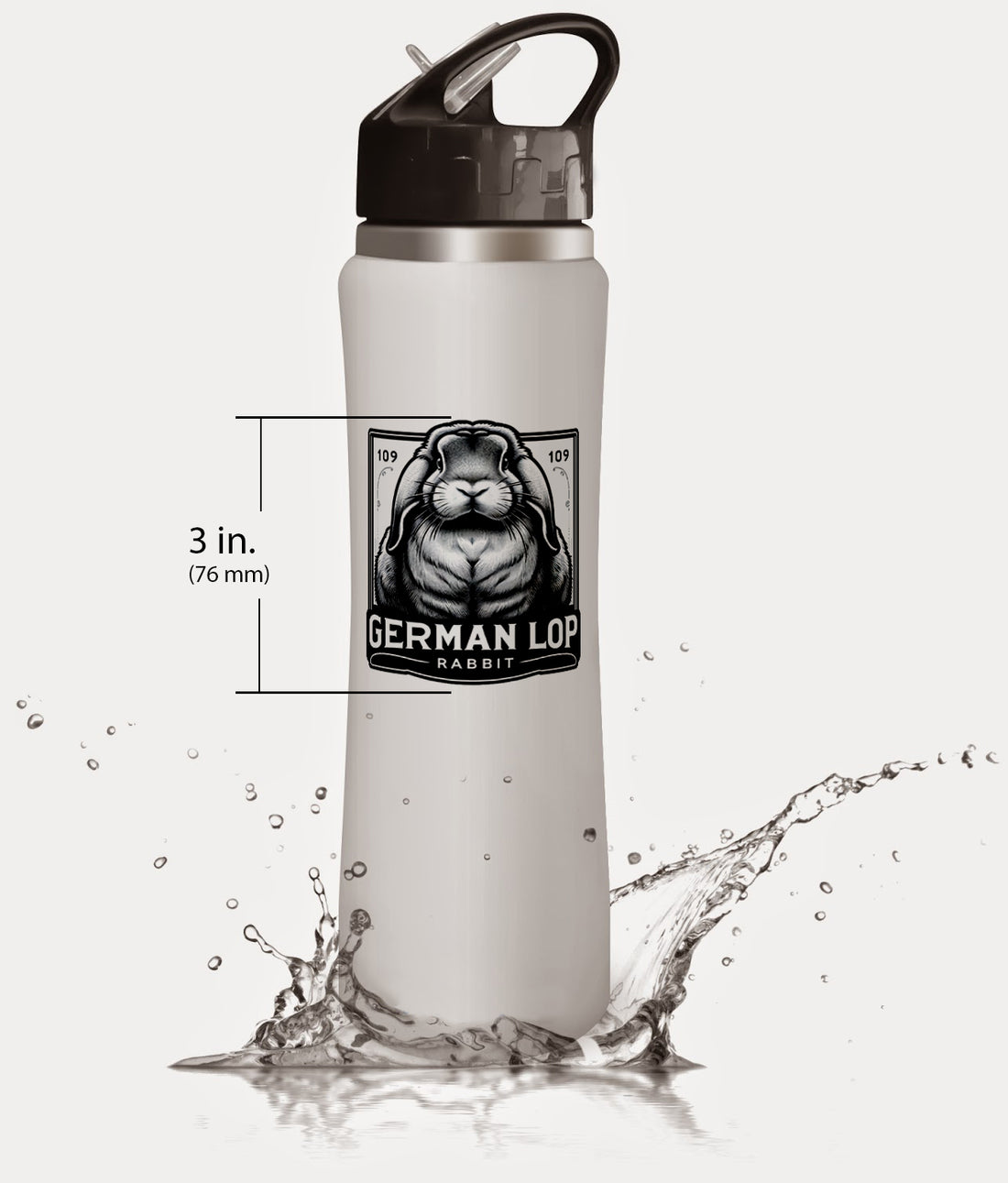



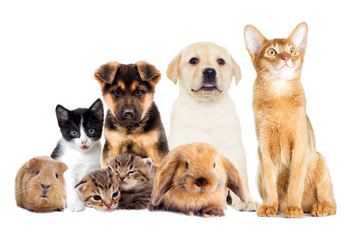


Comments